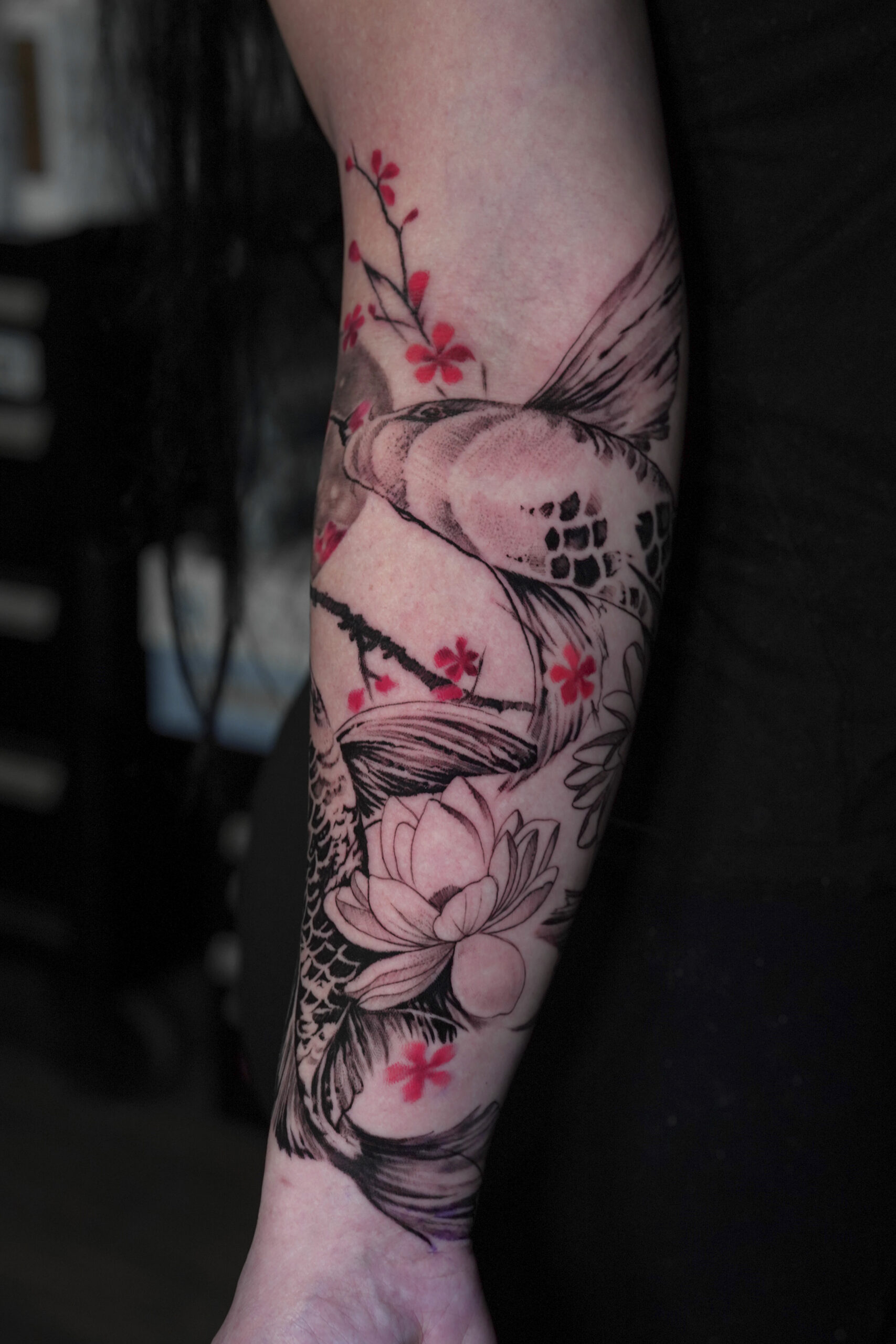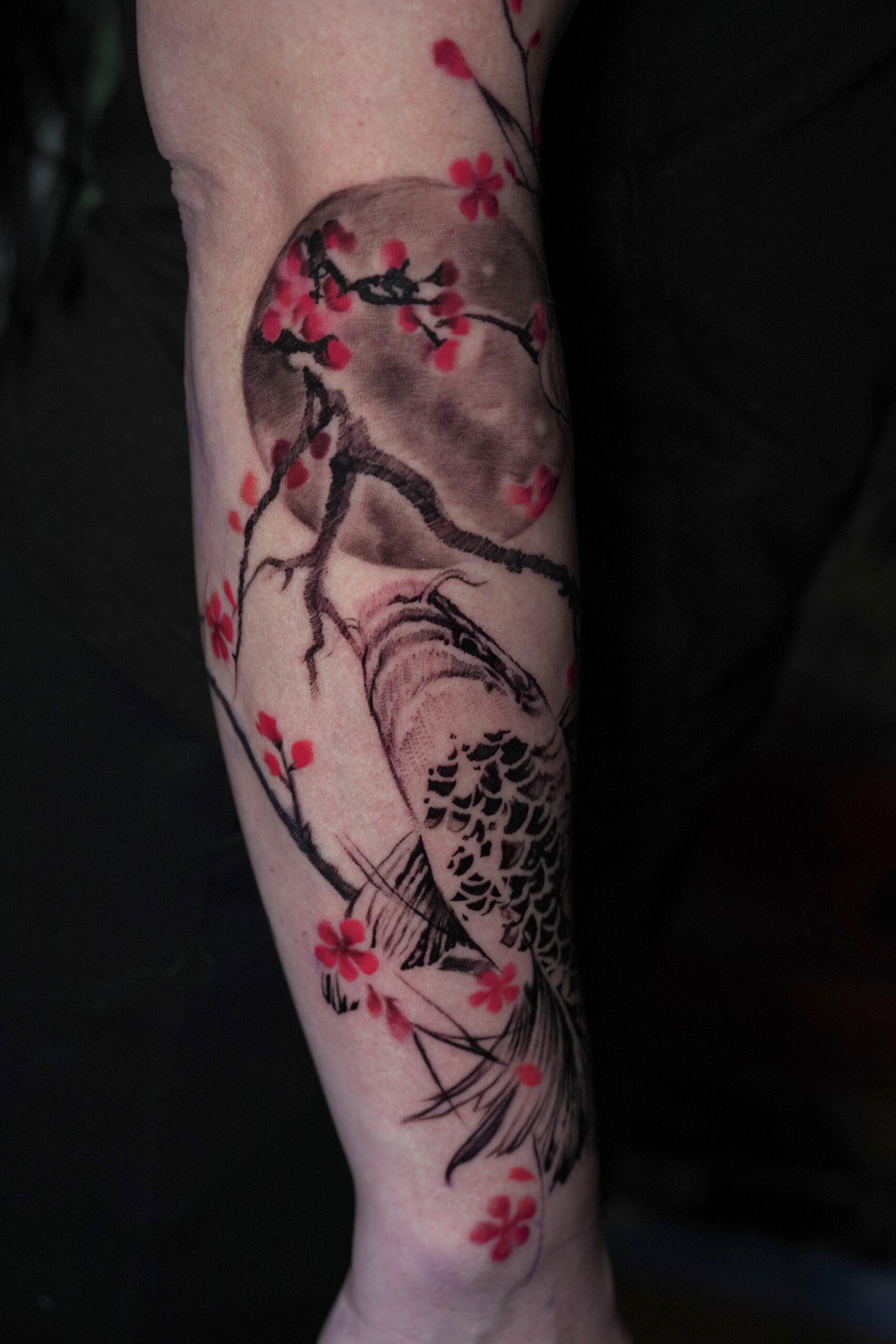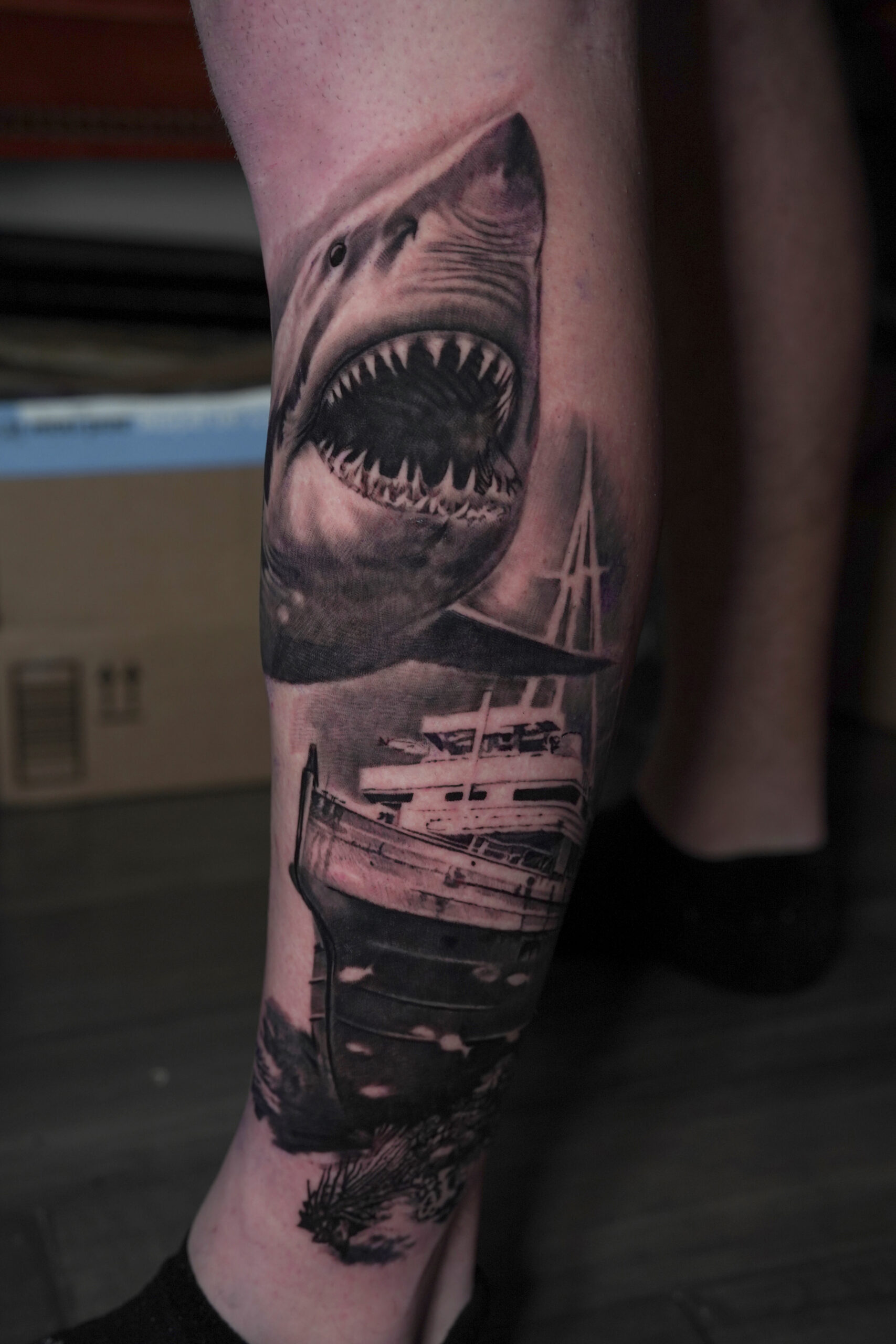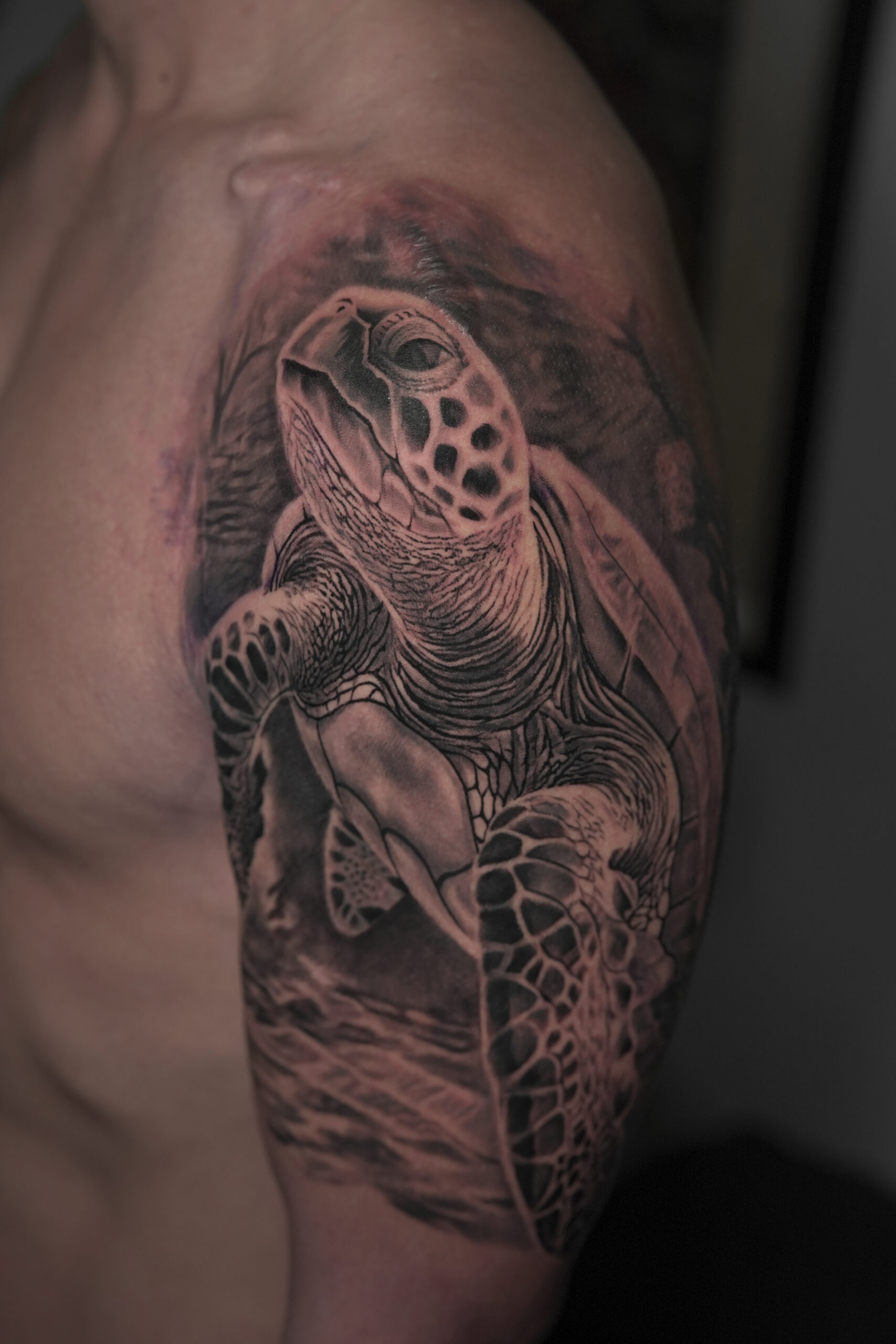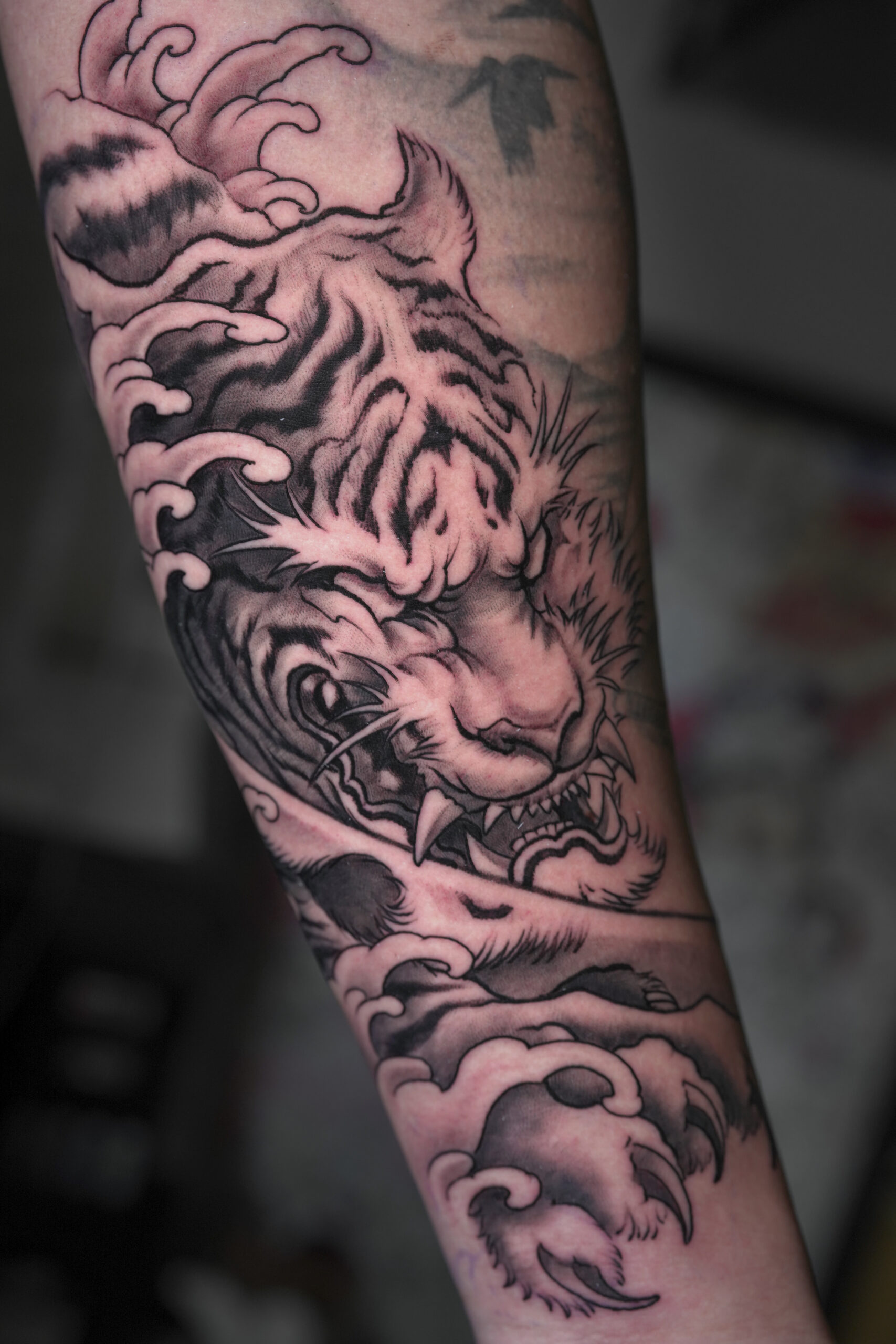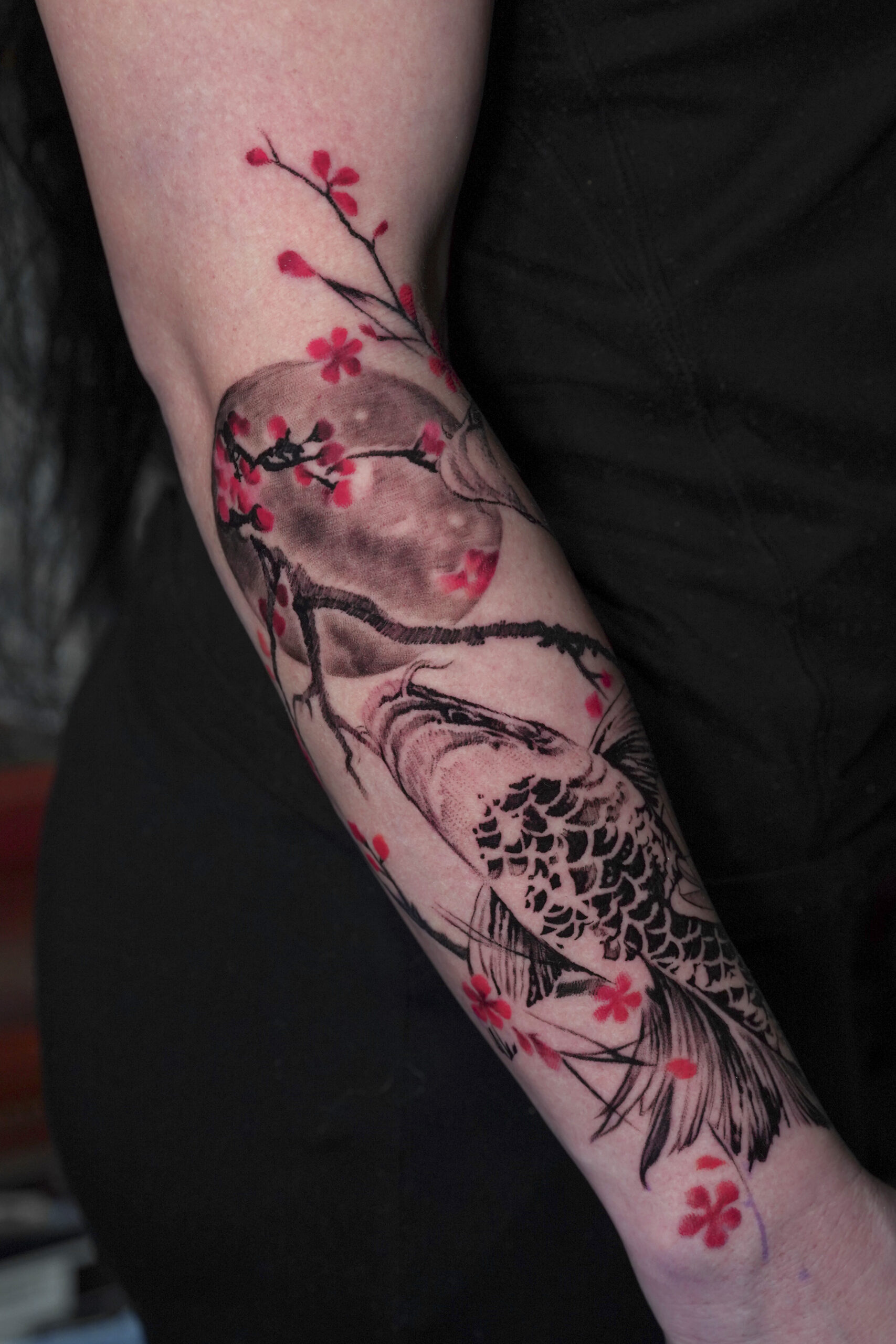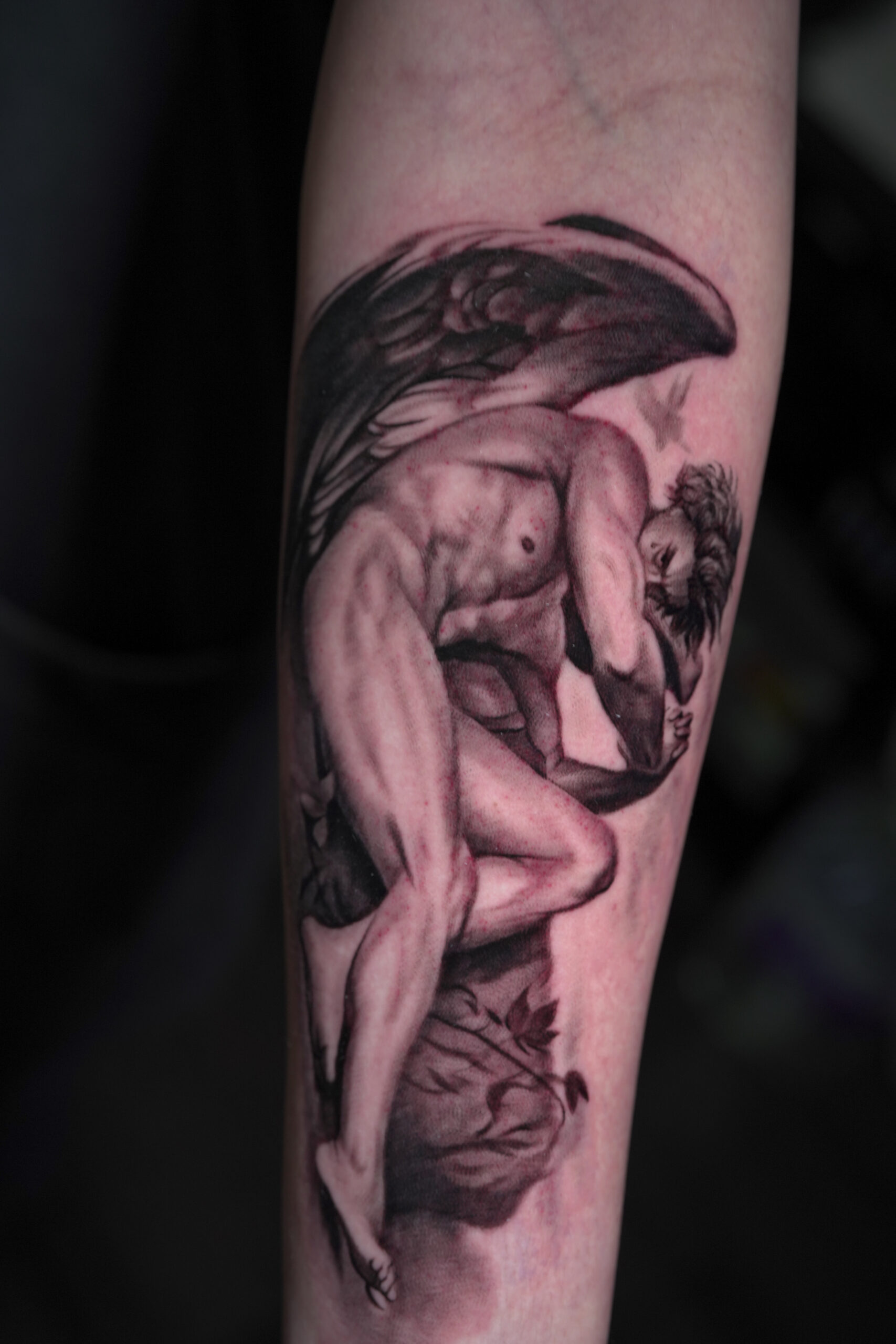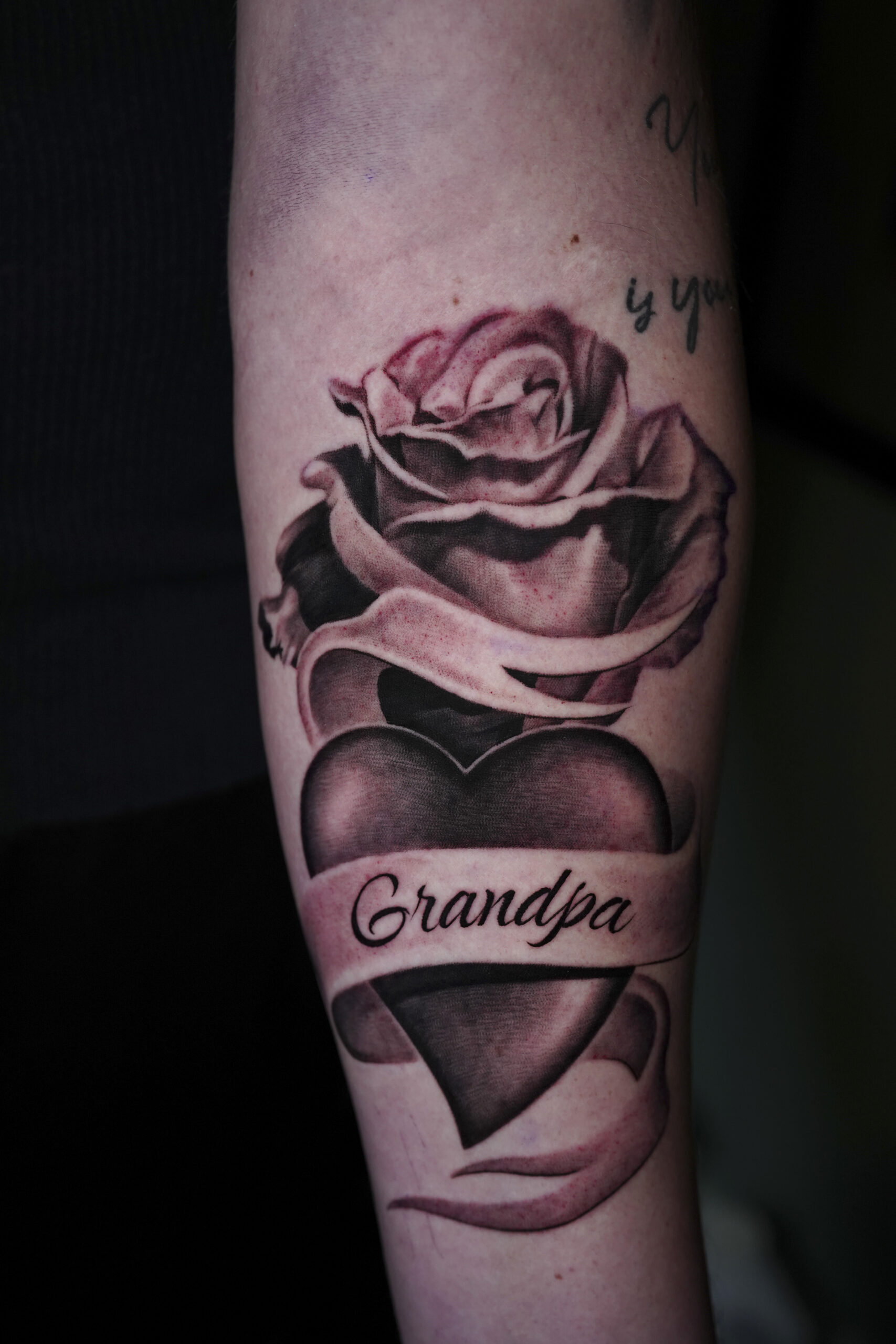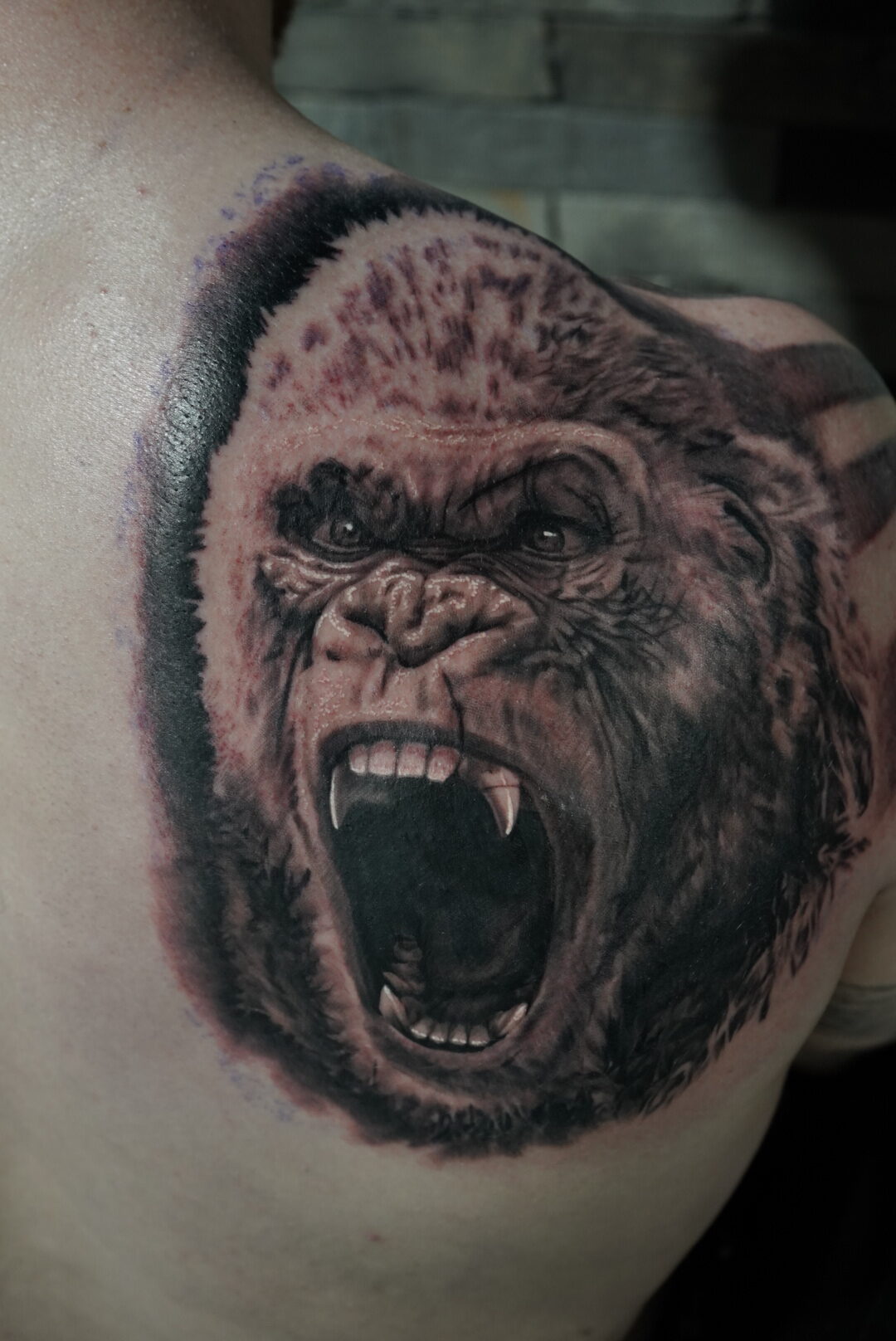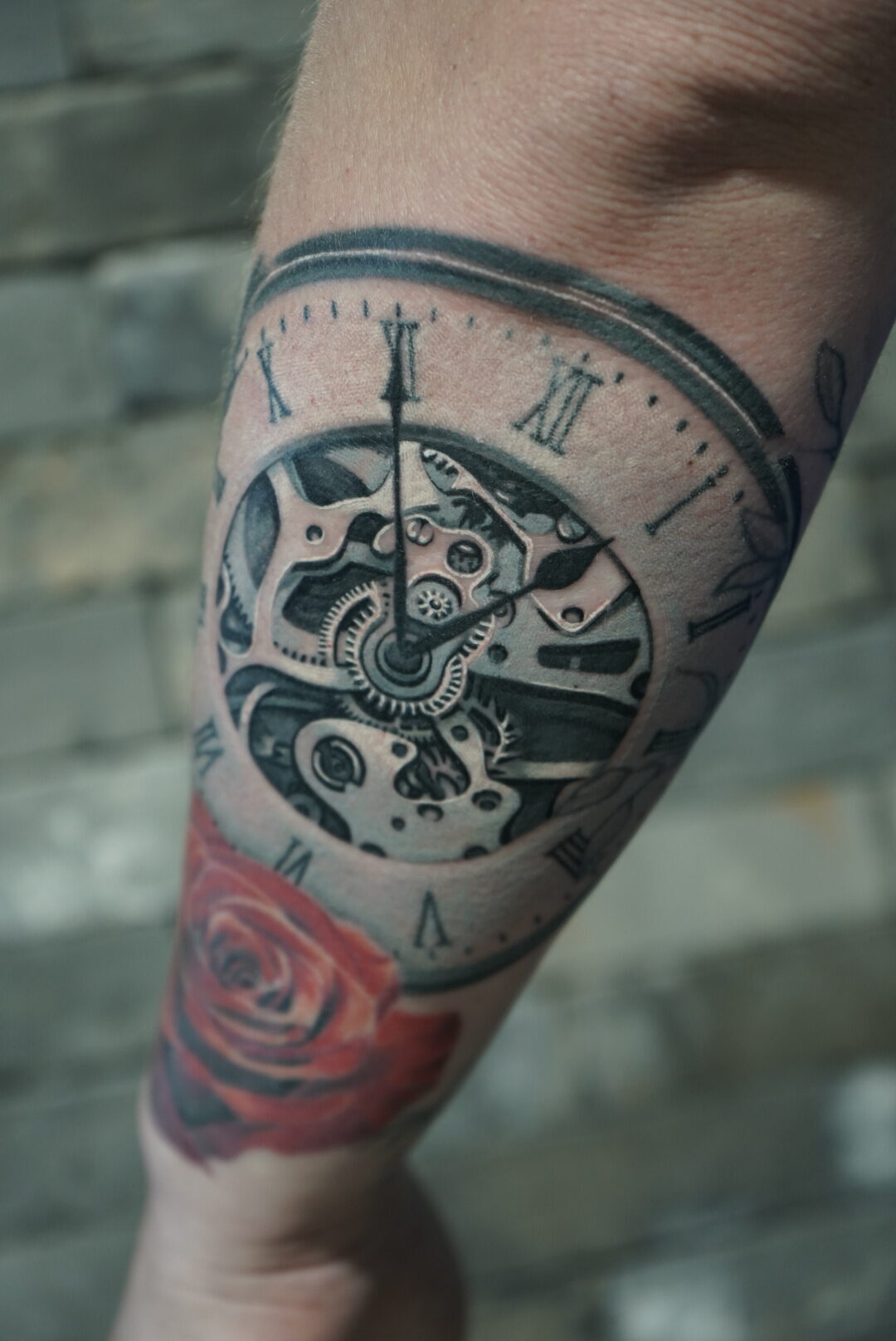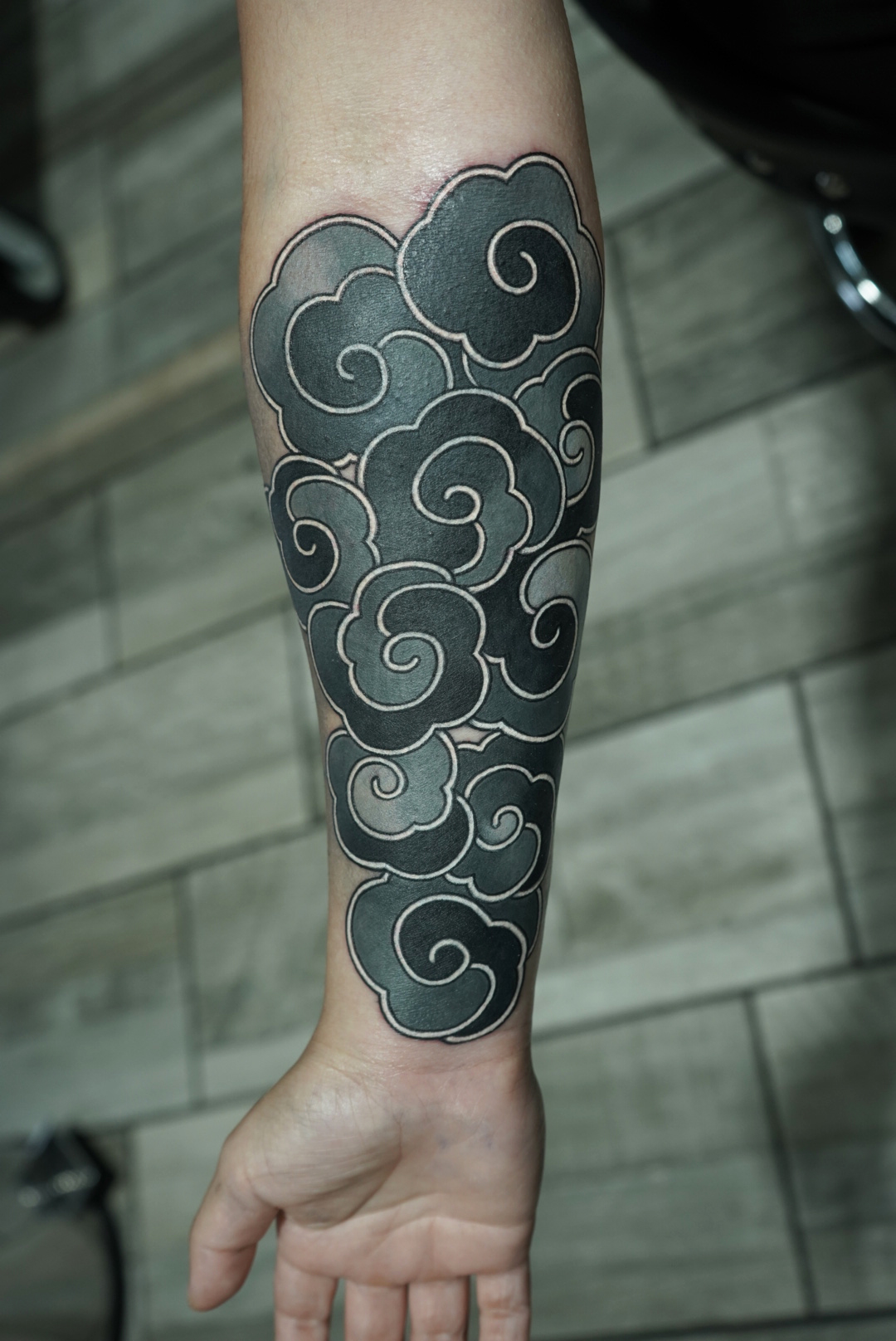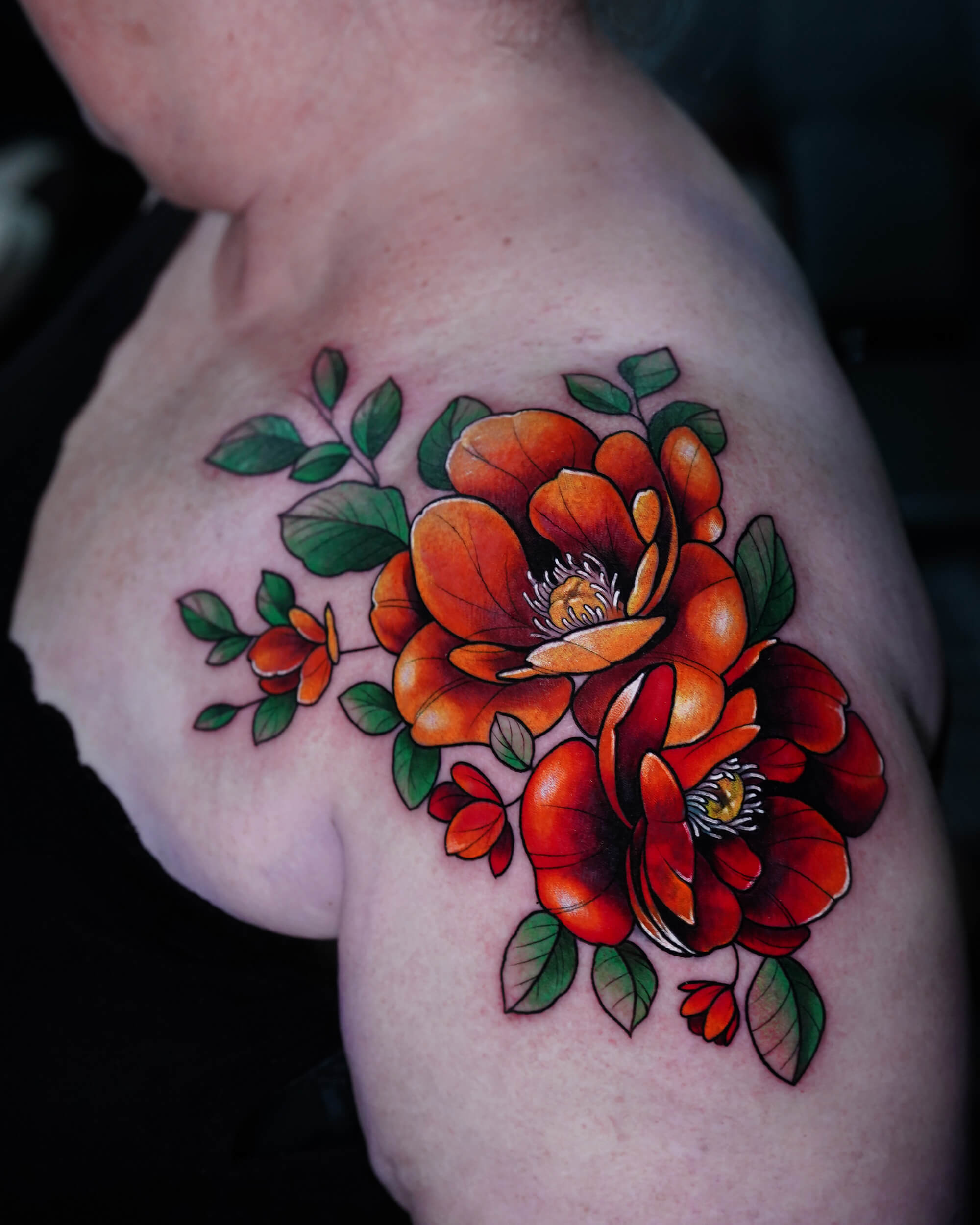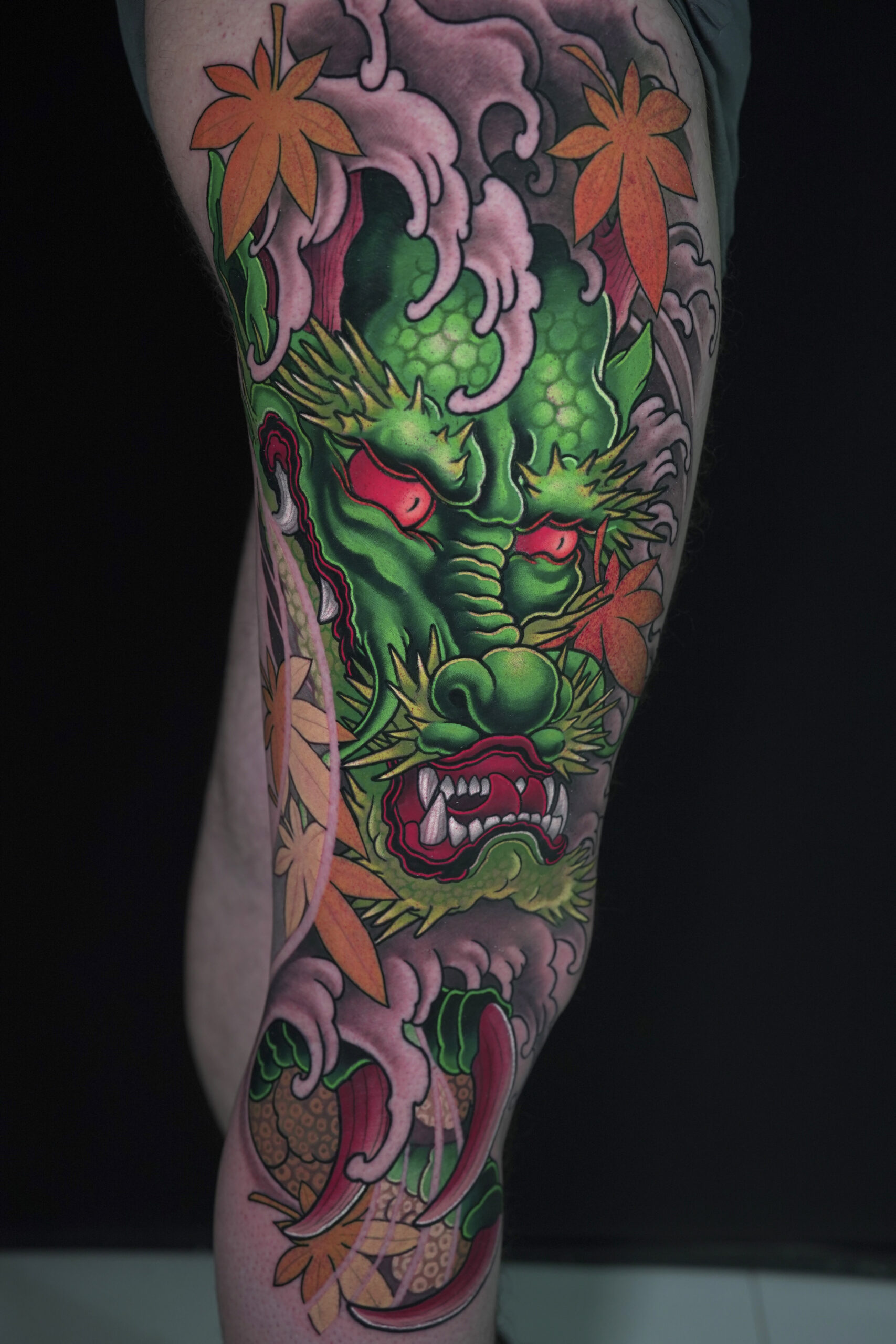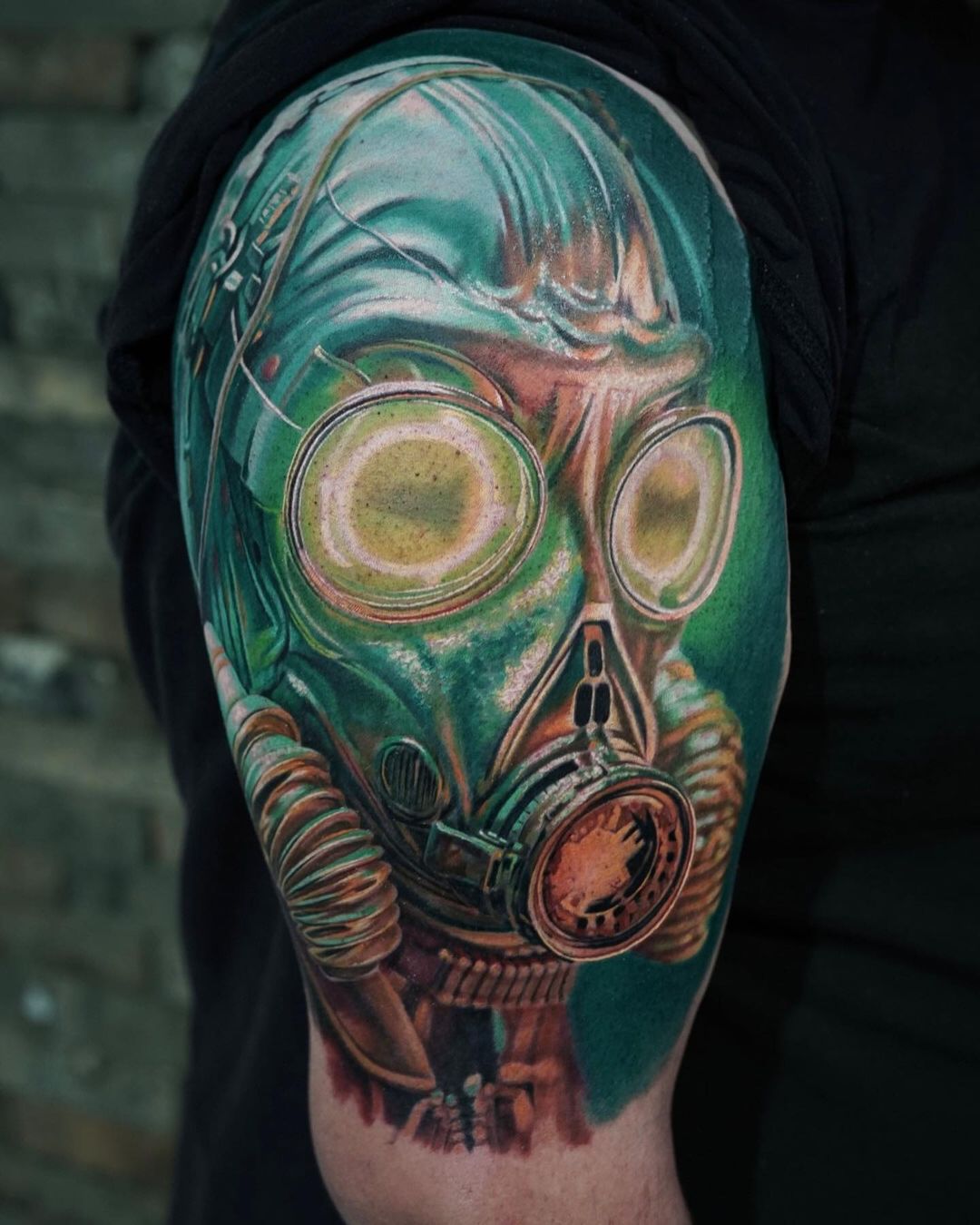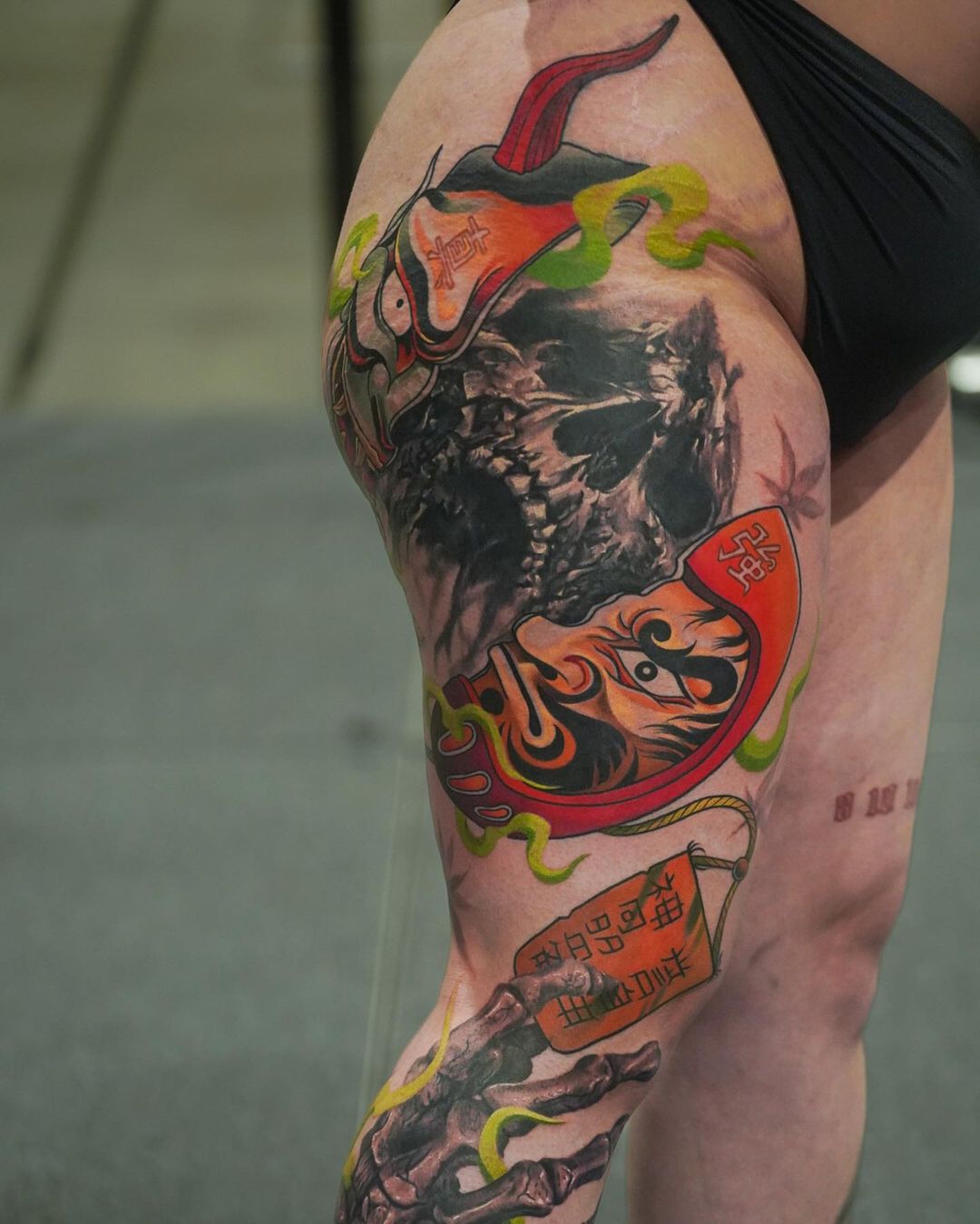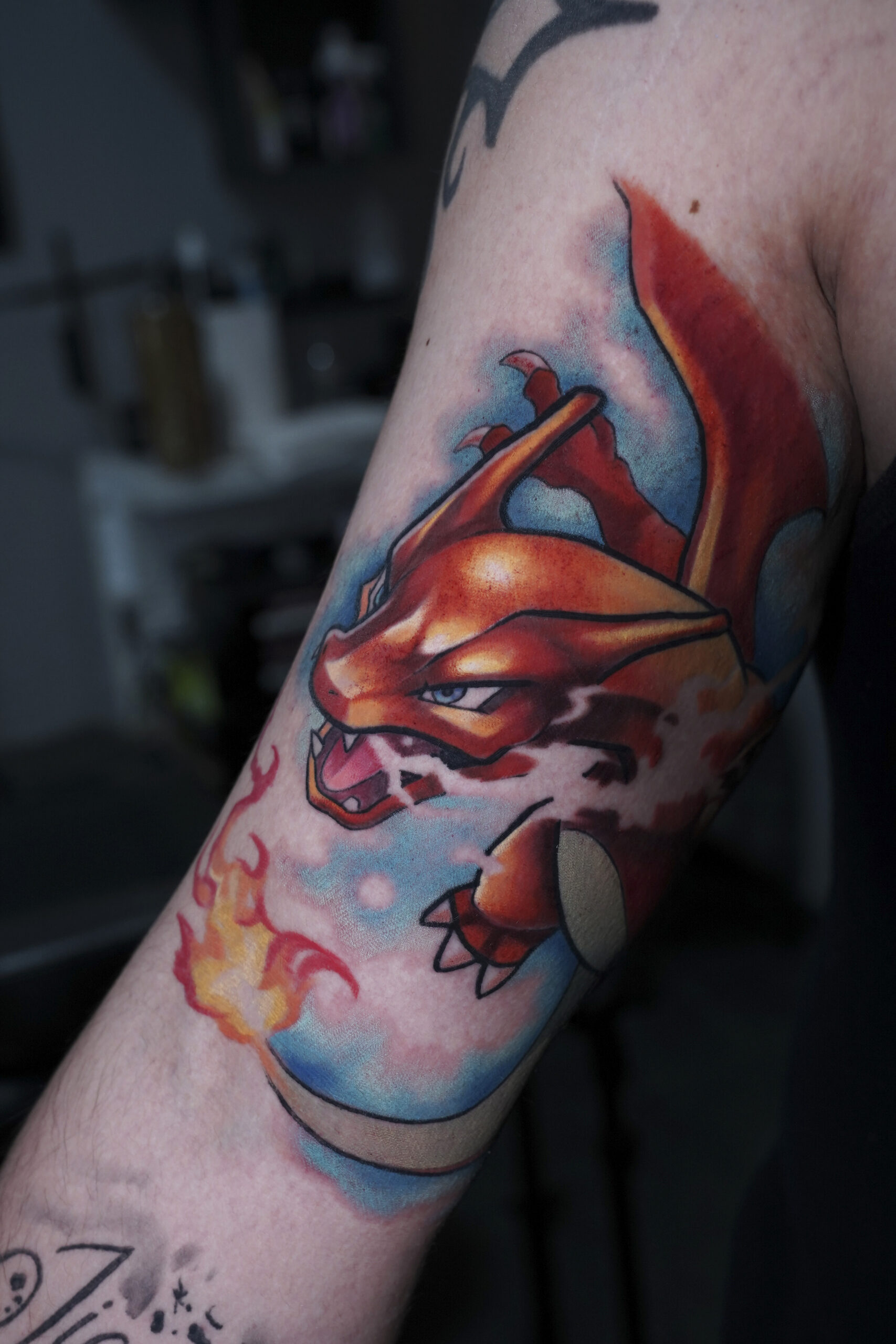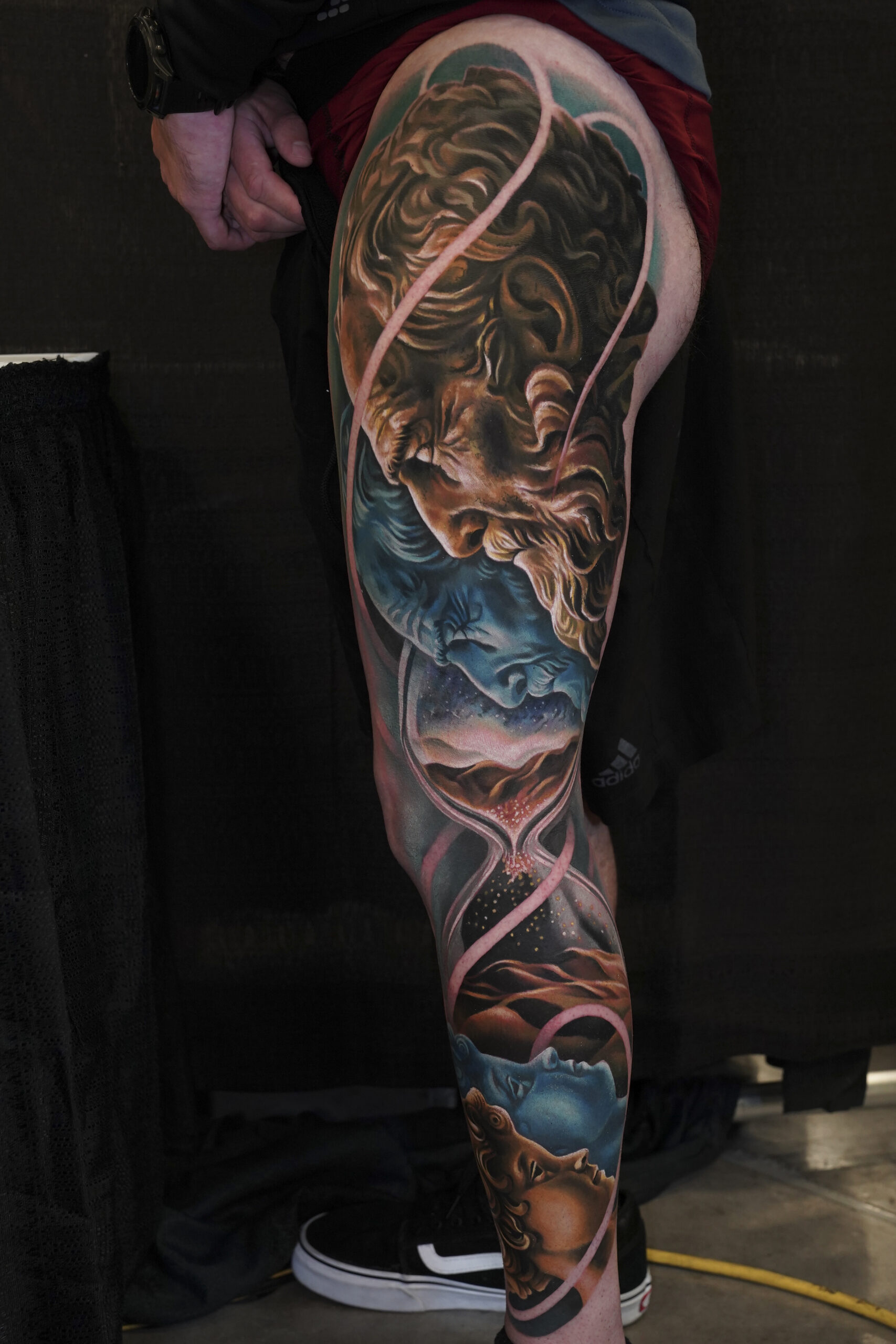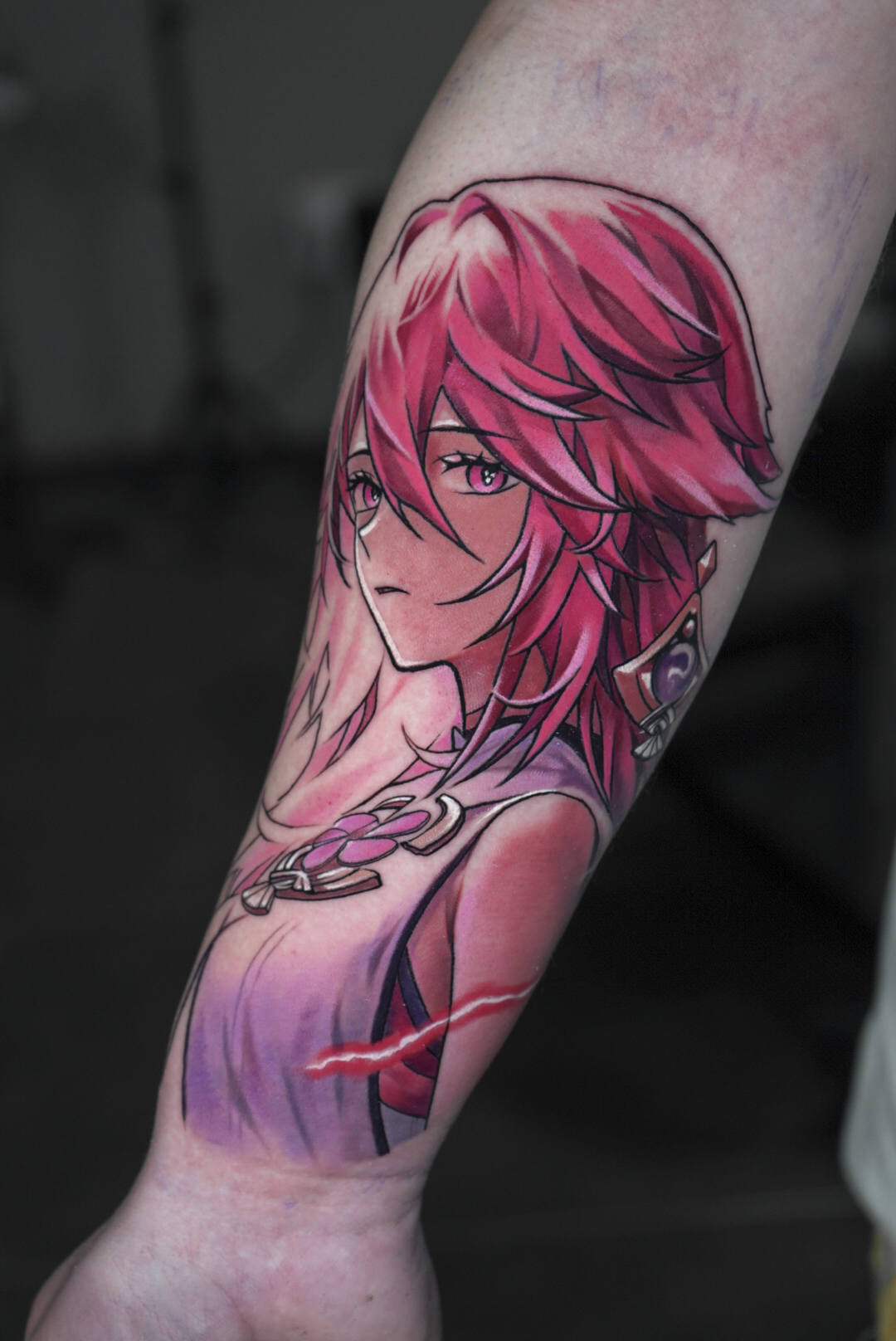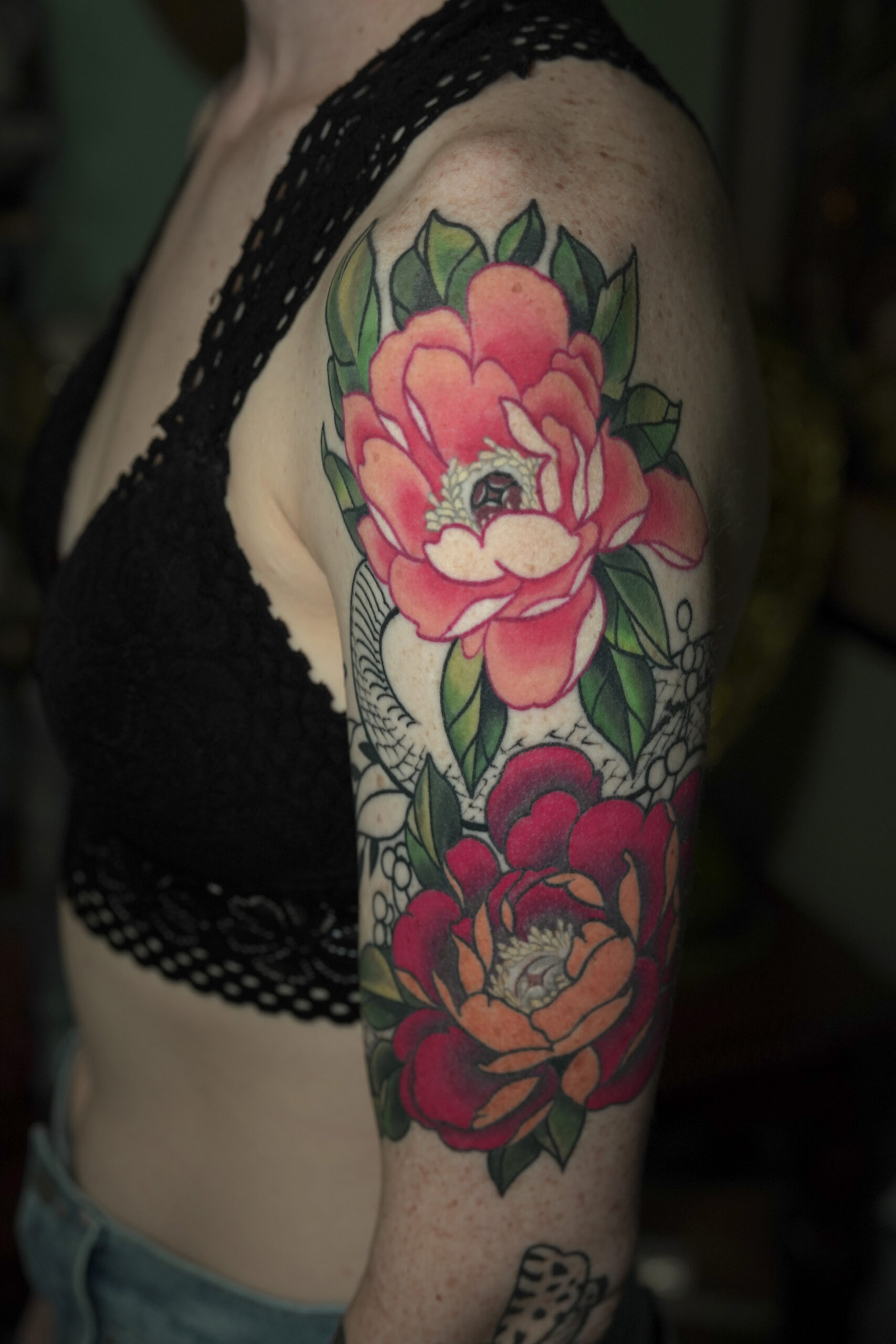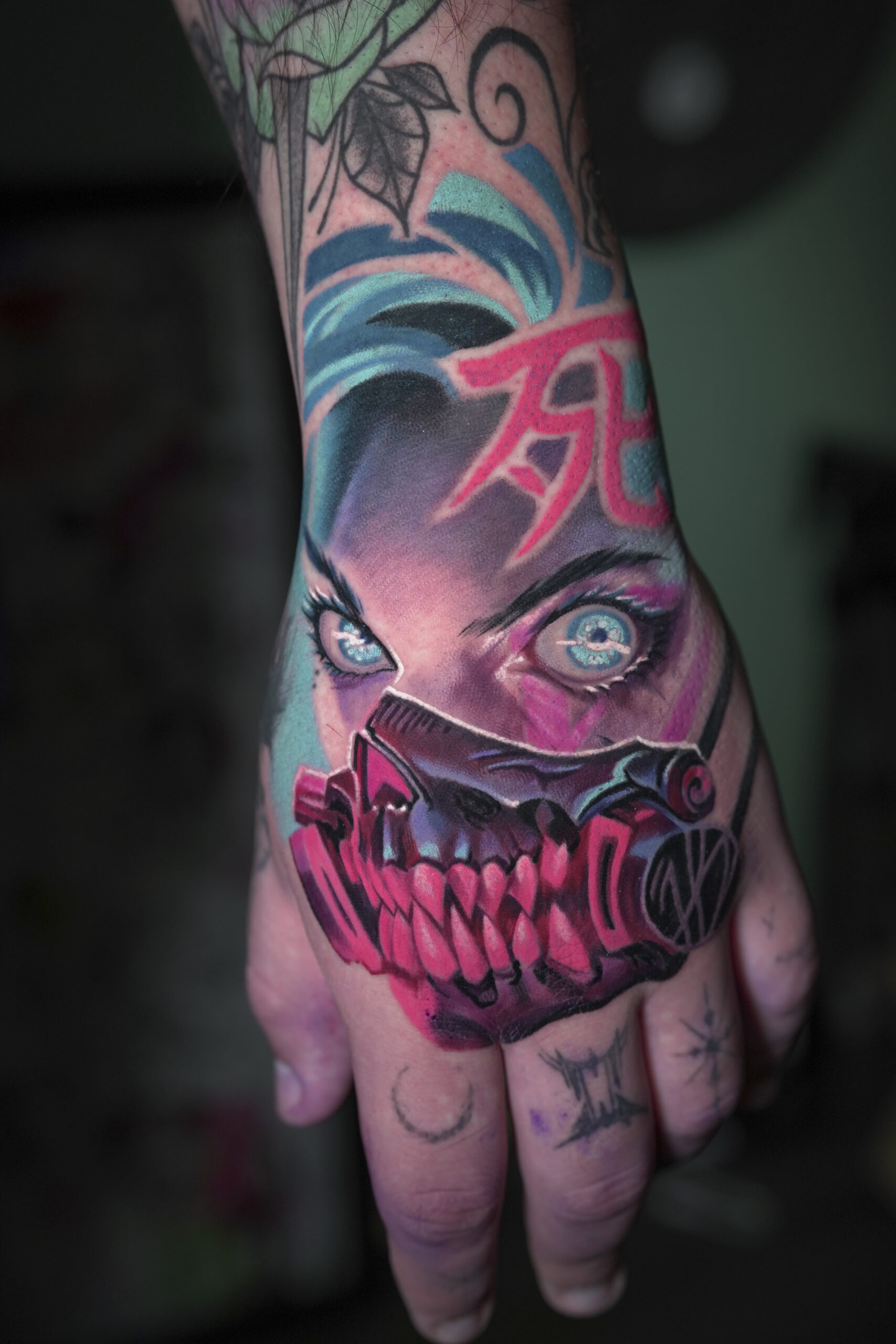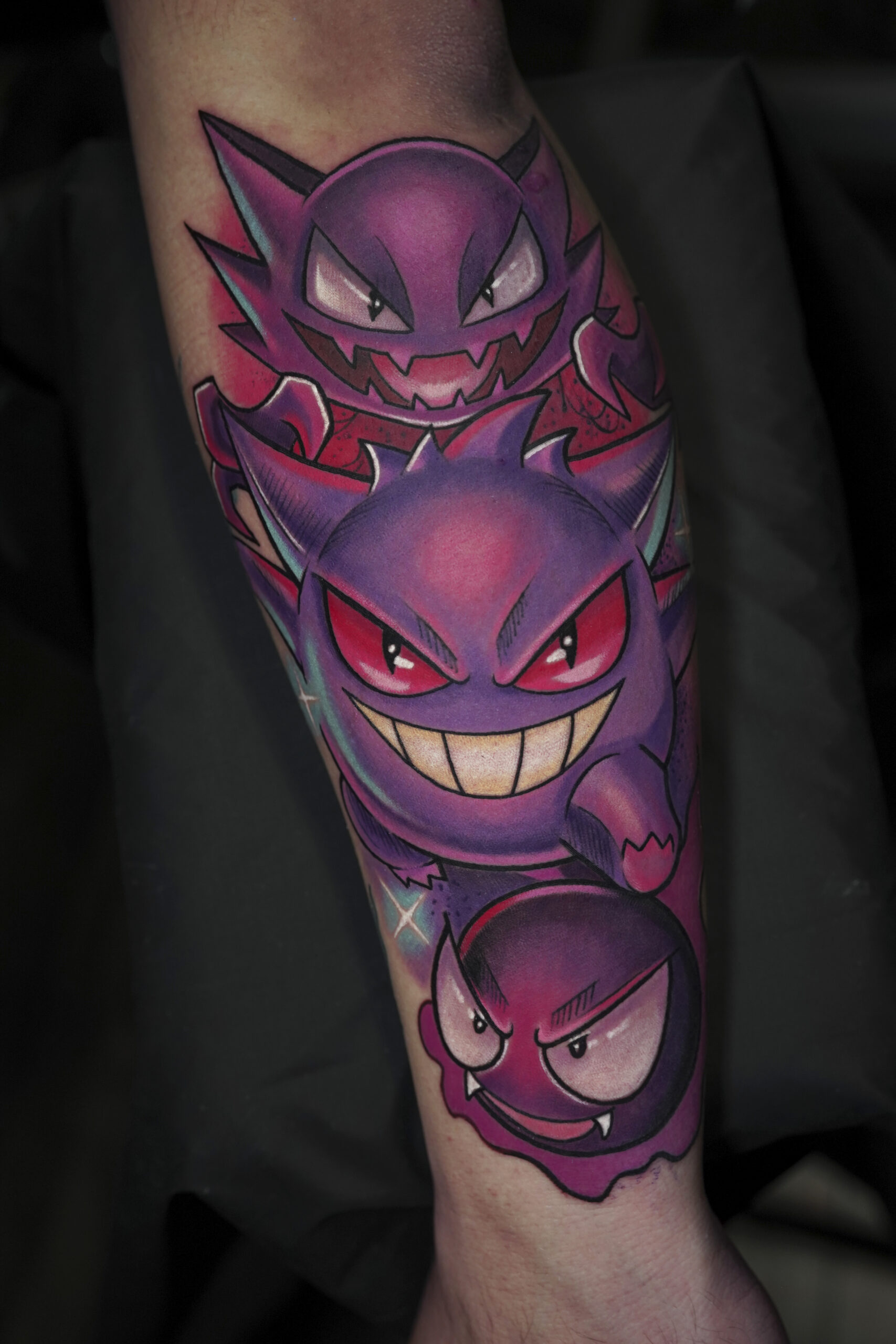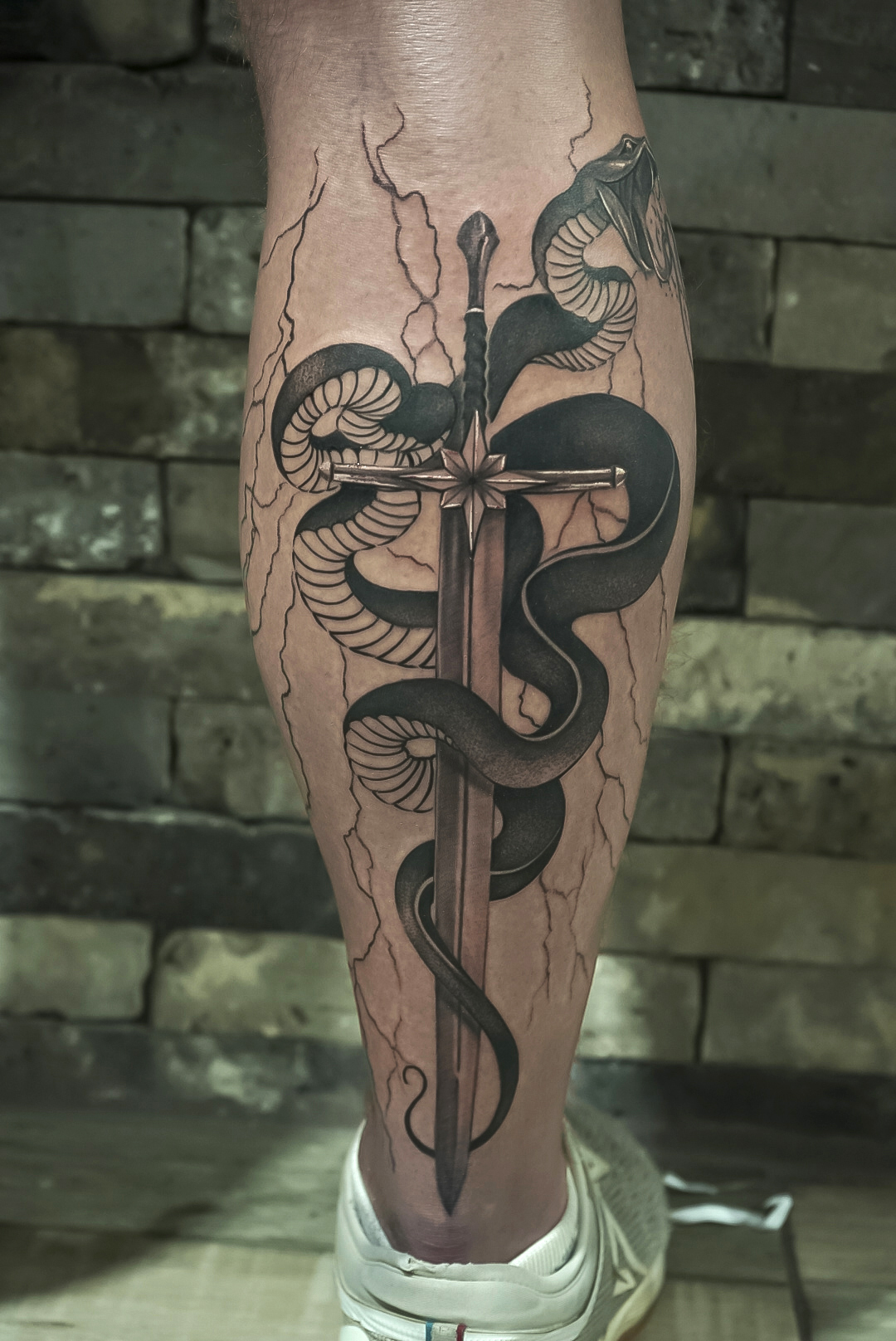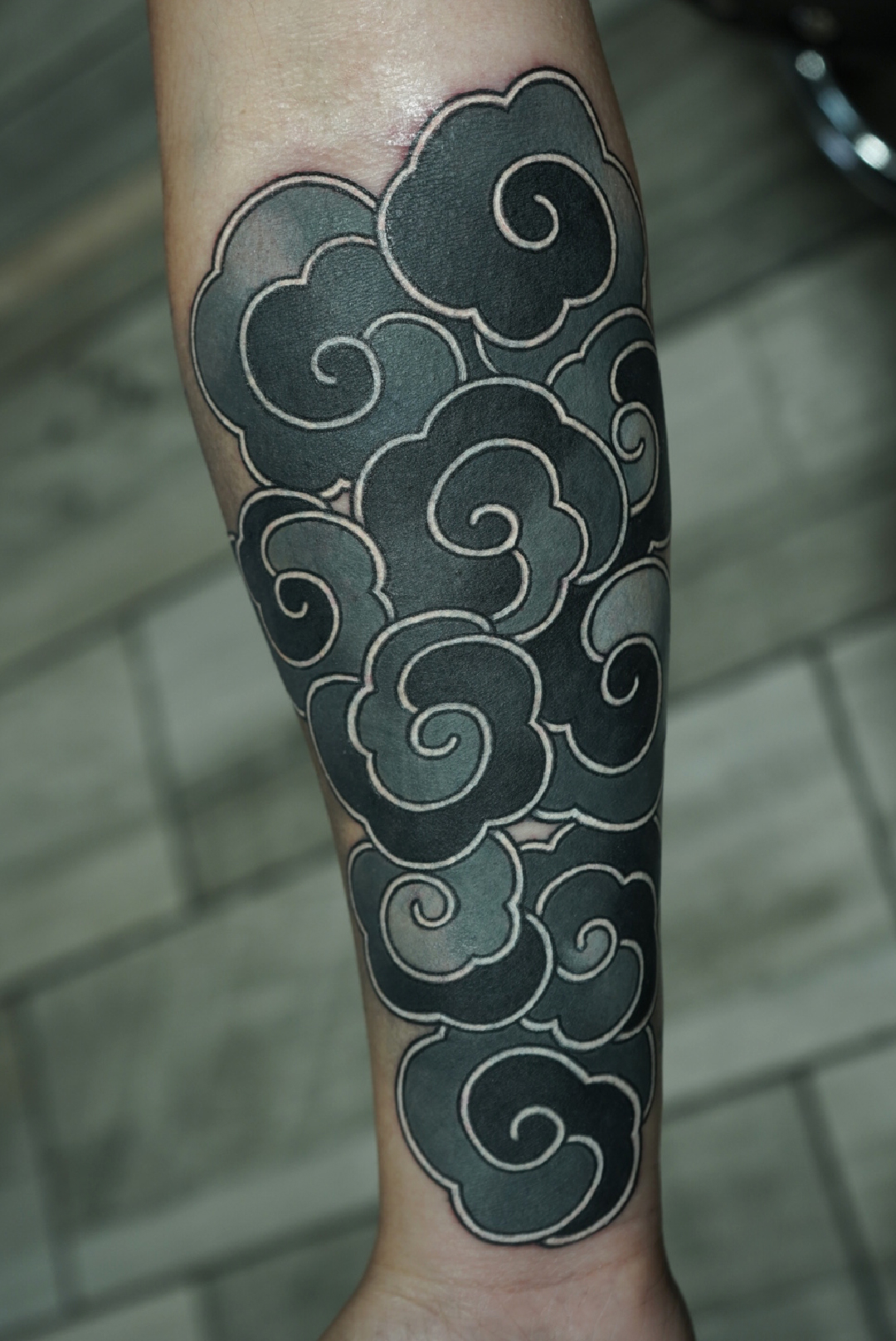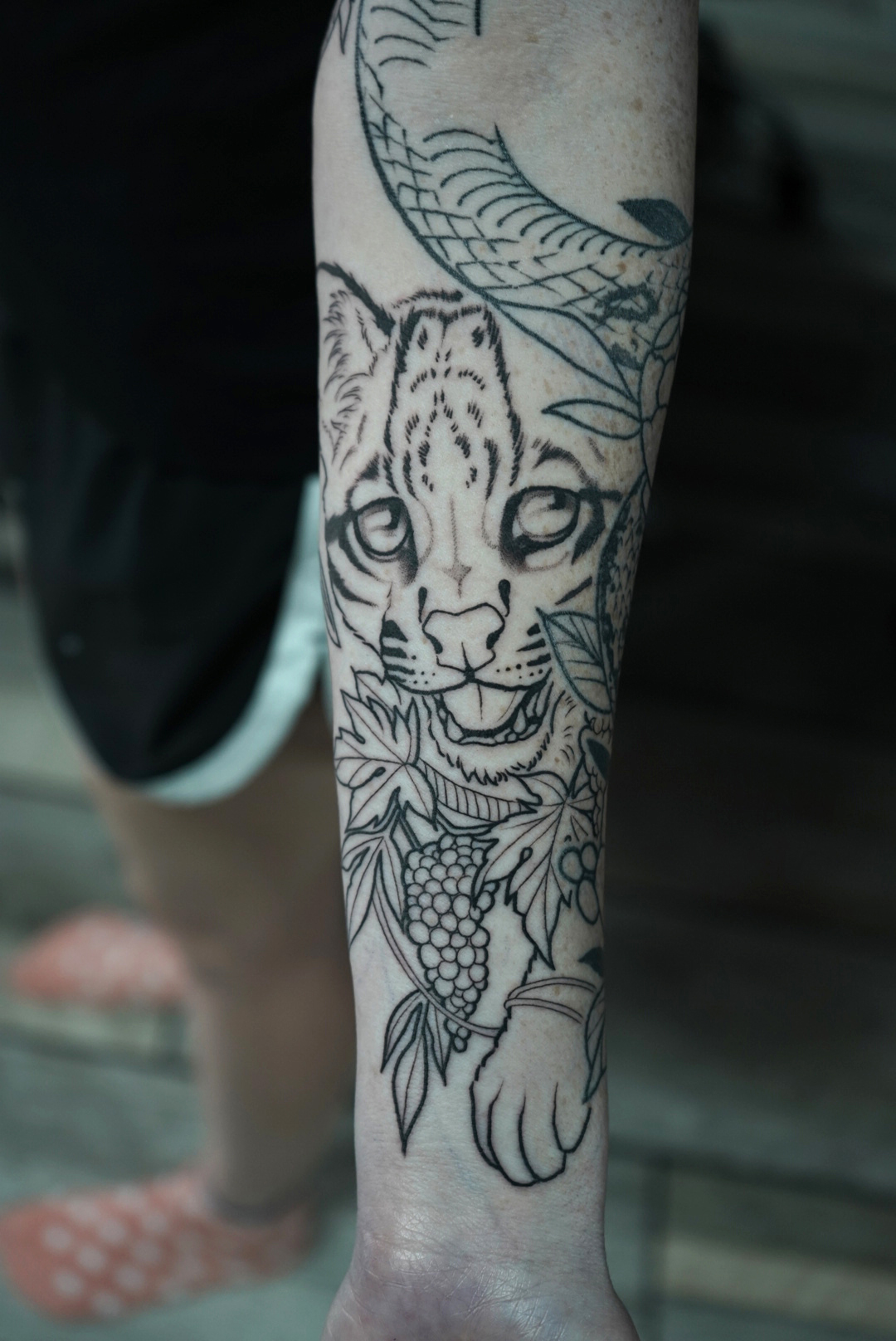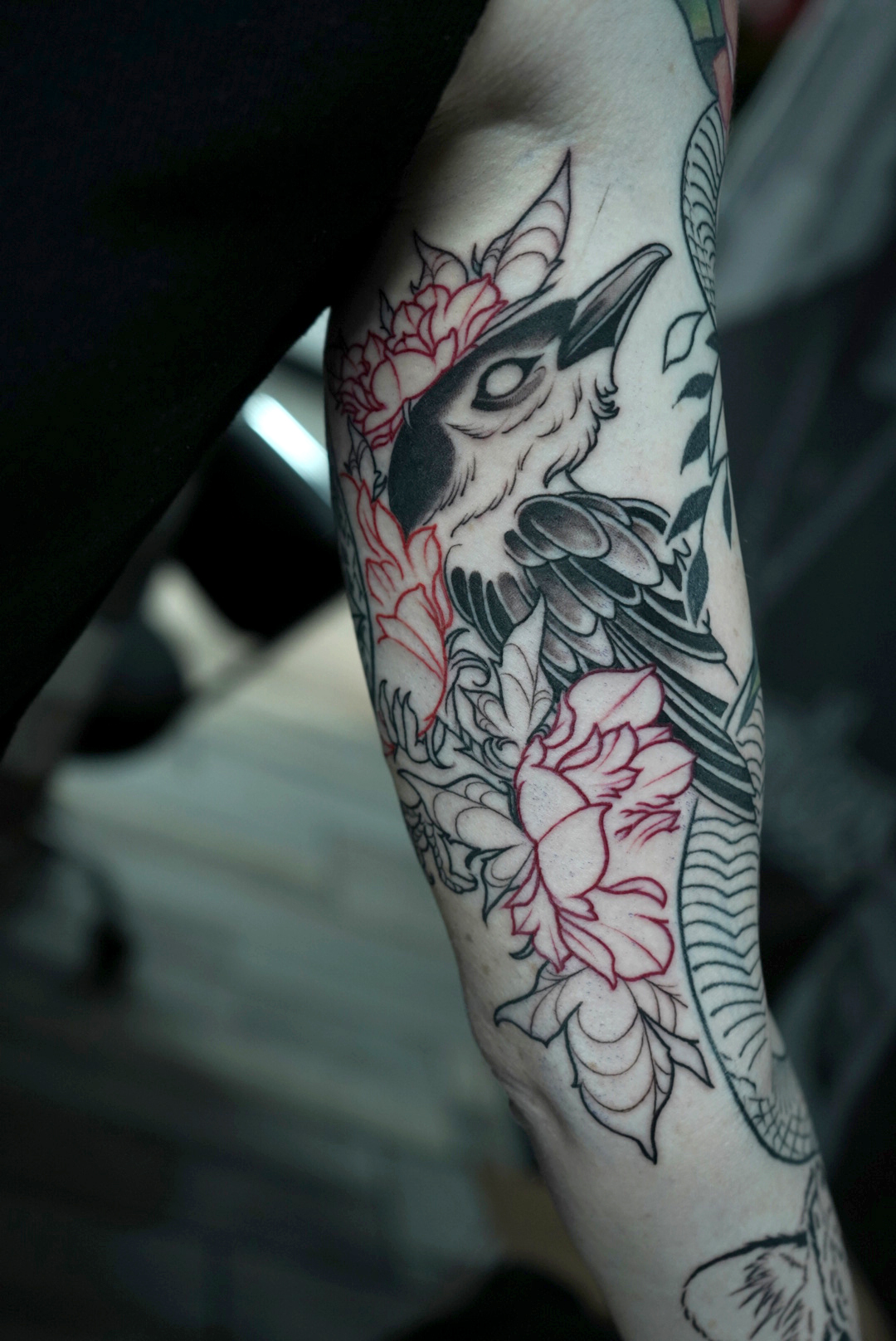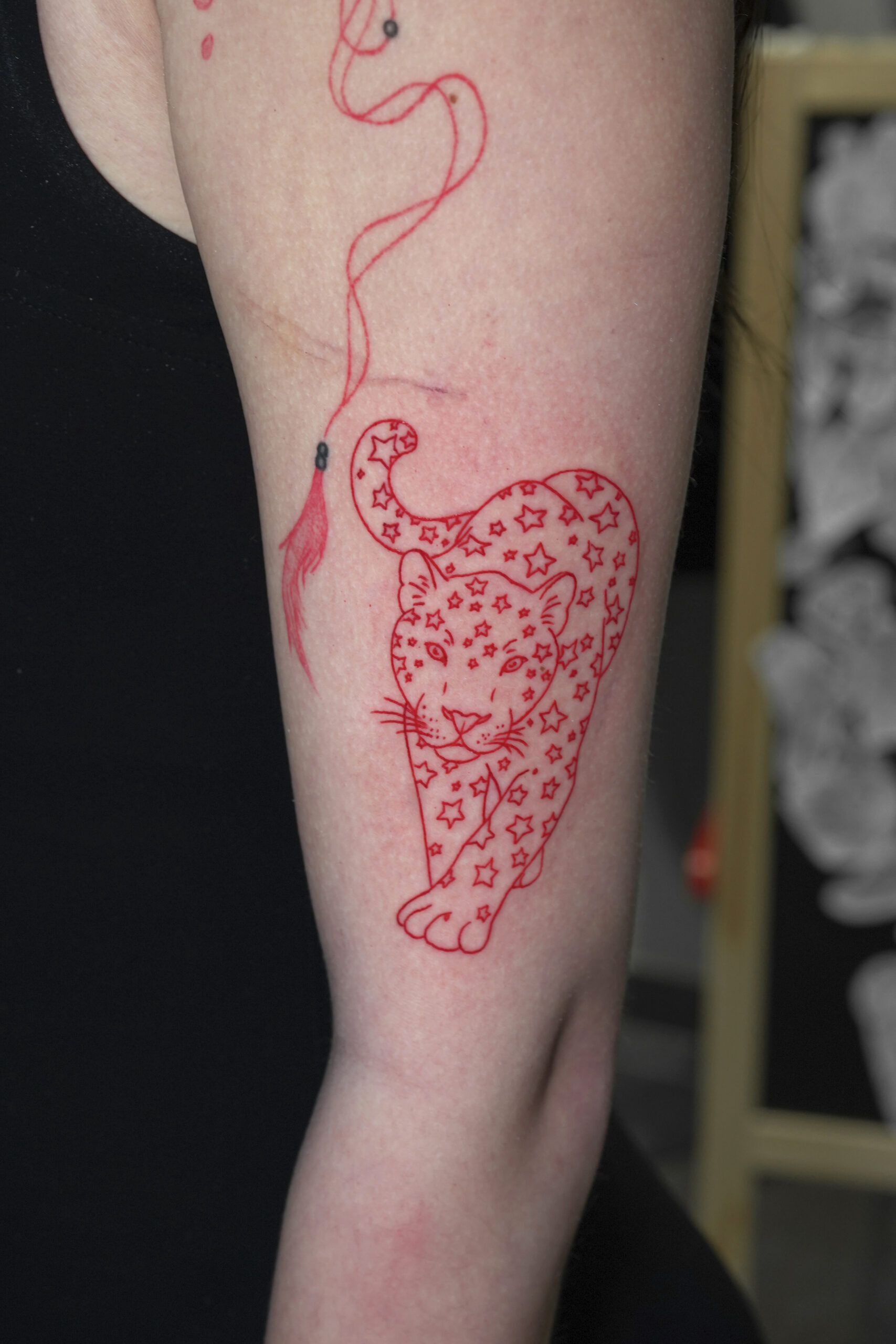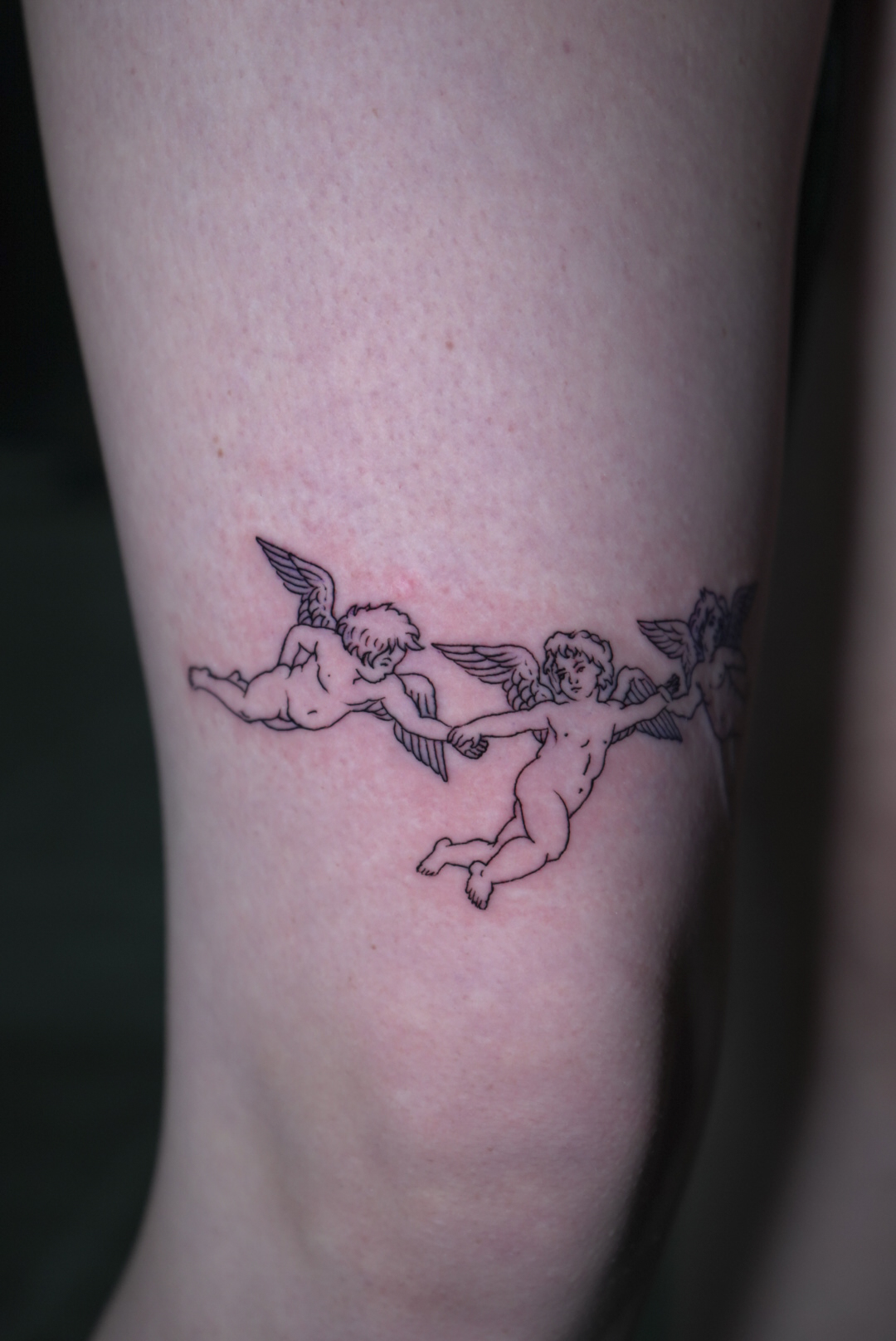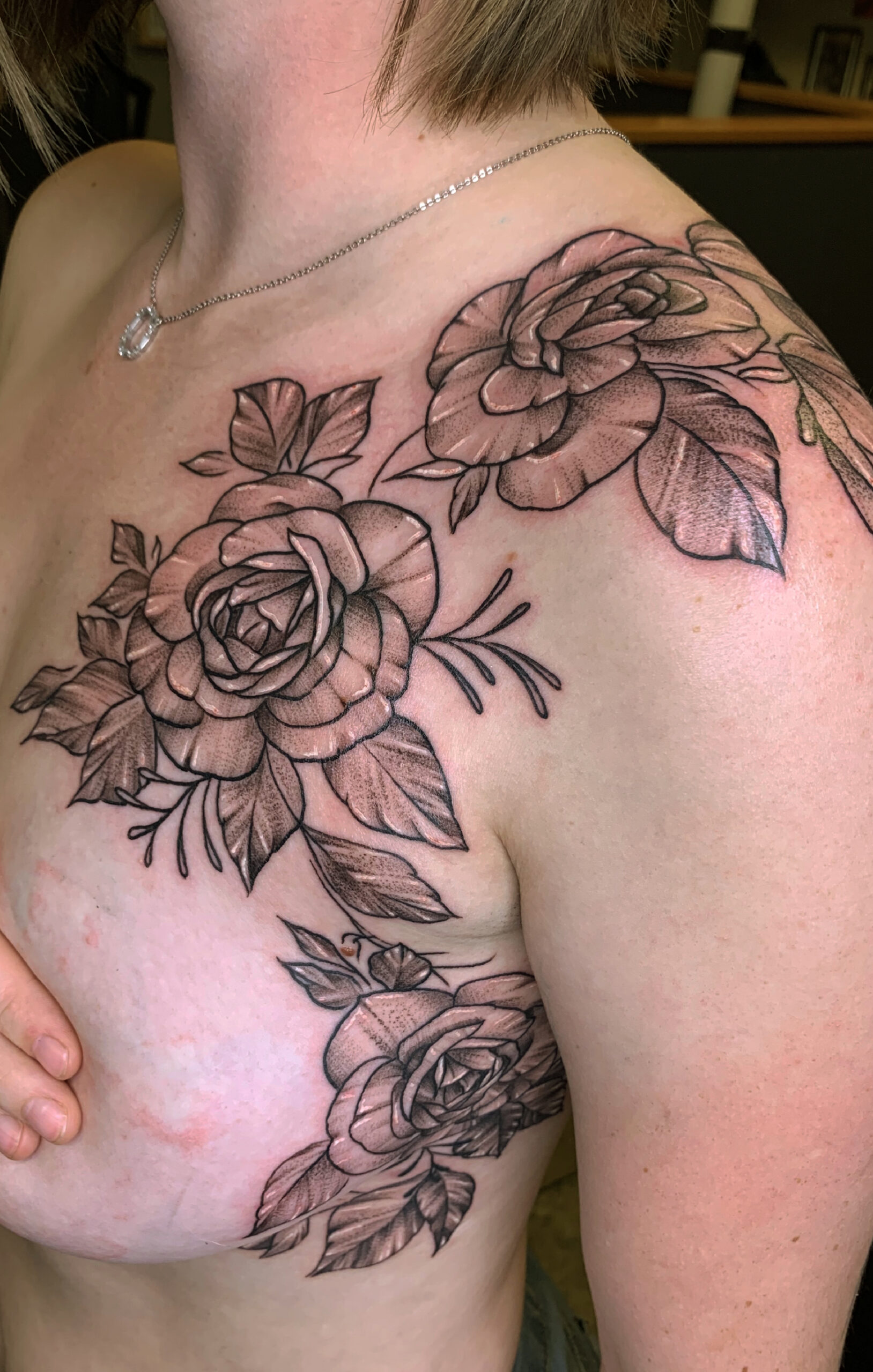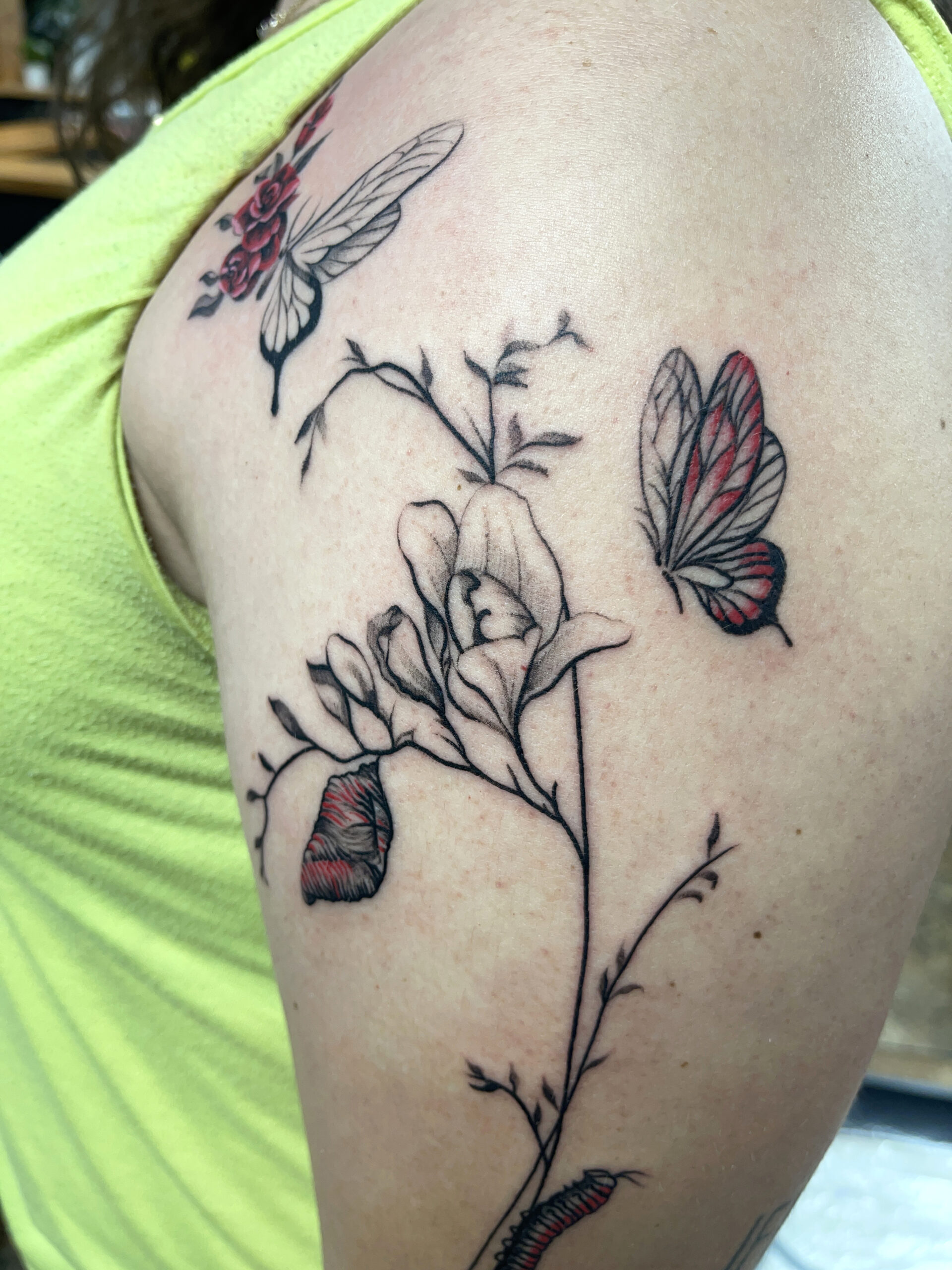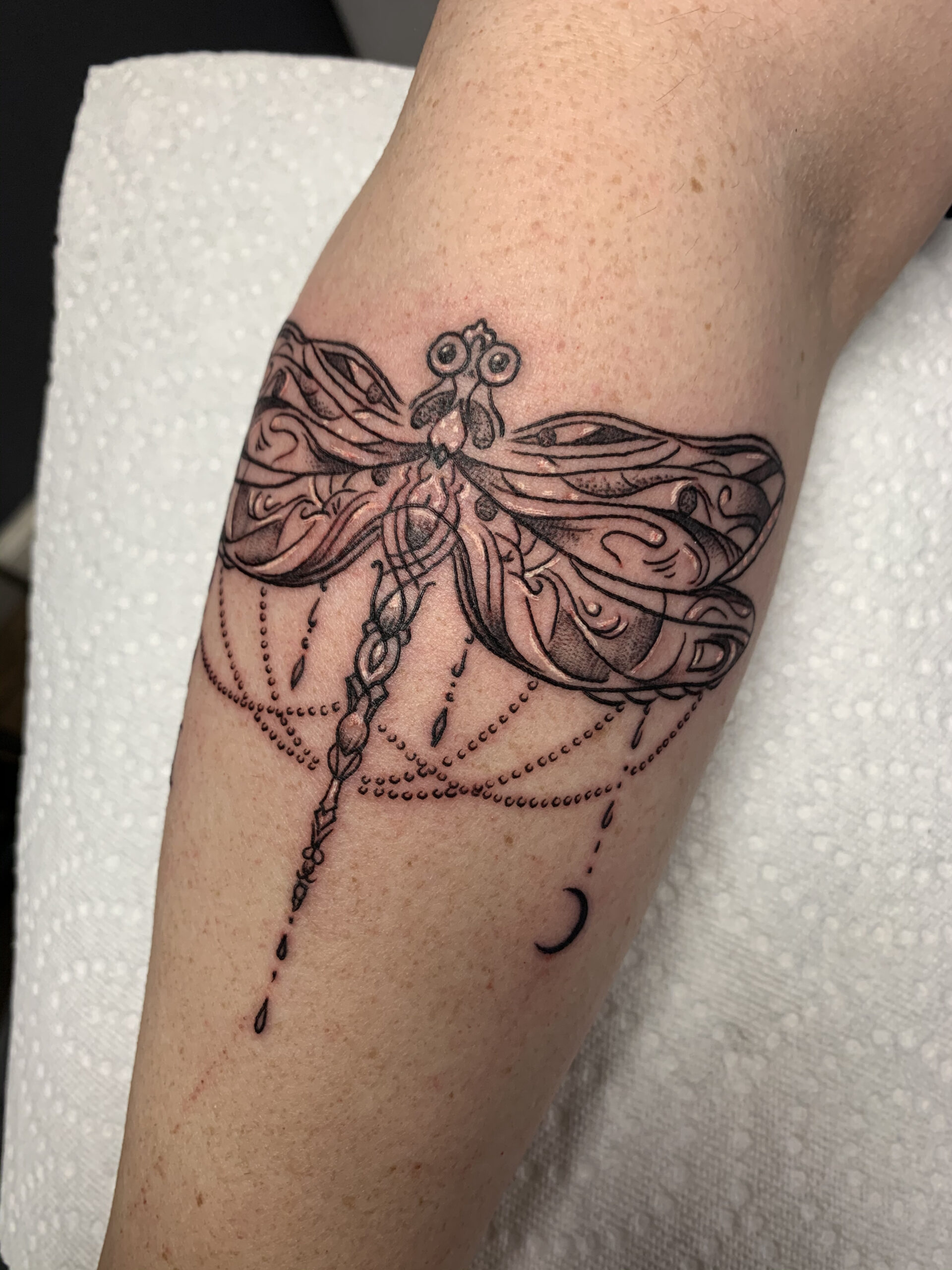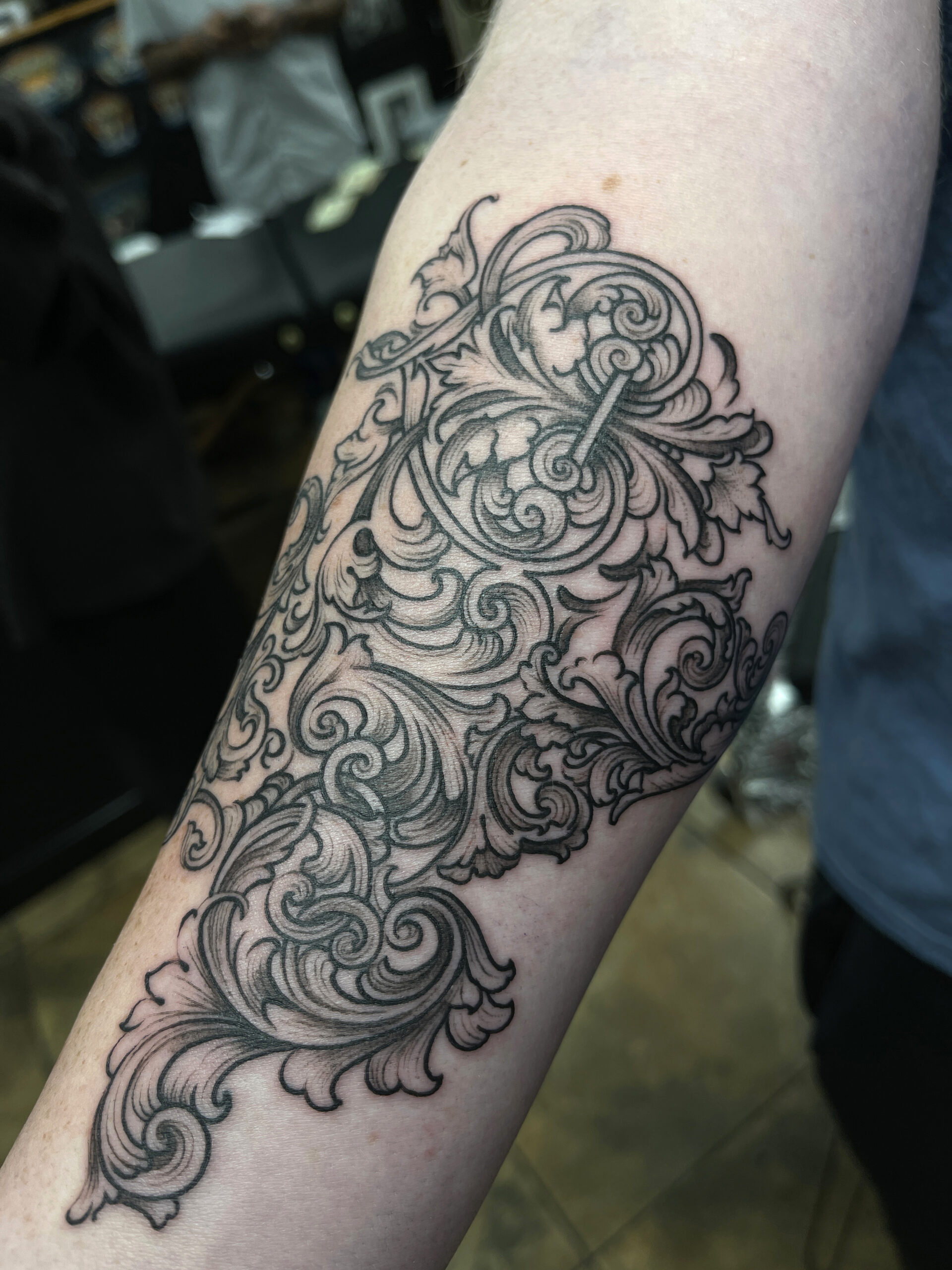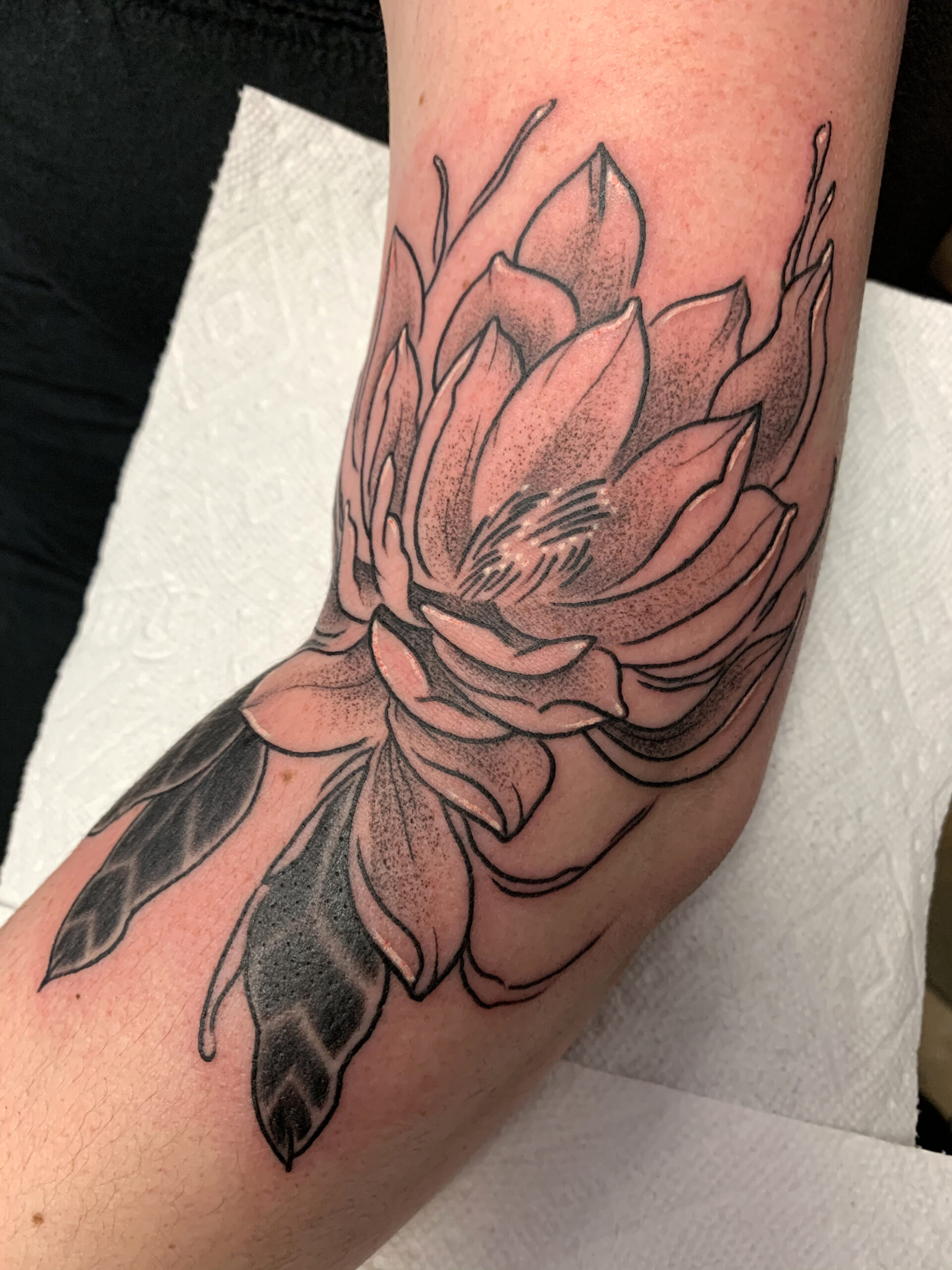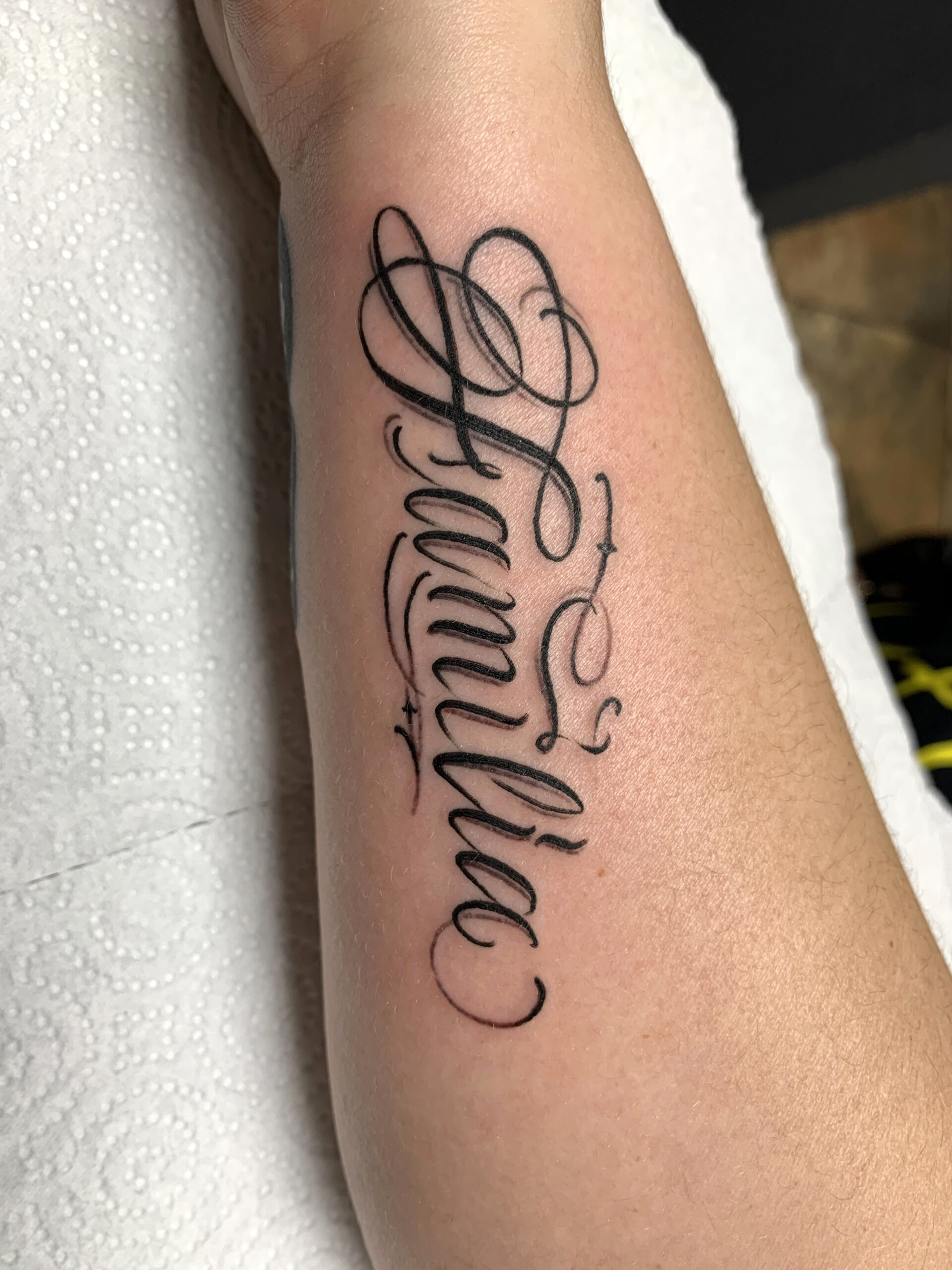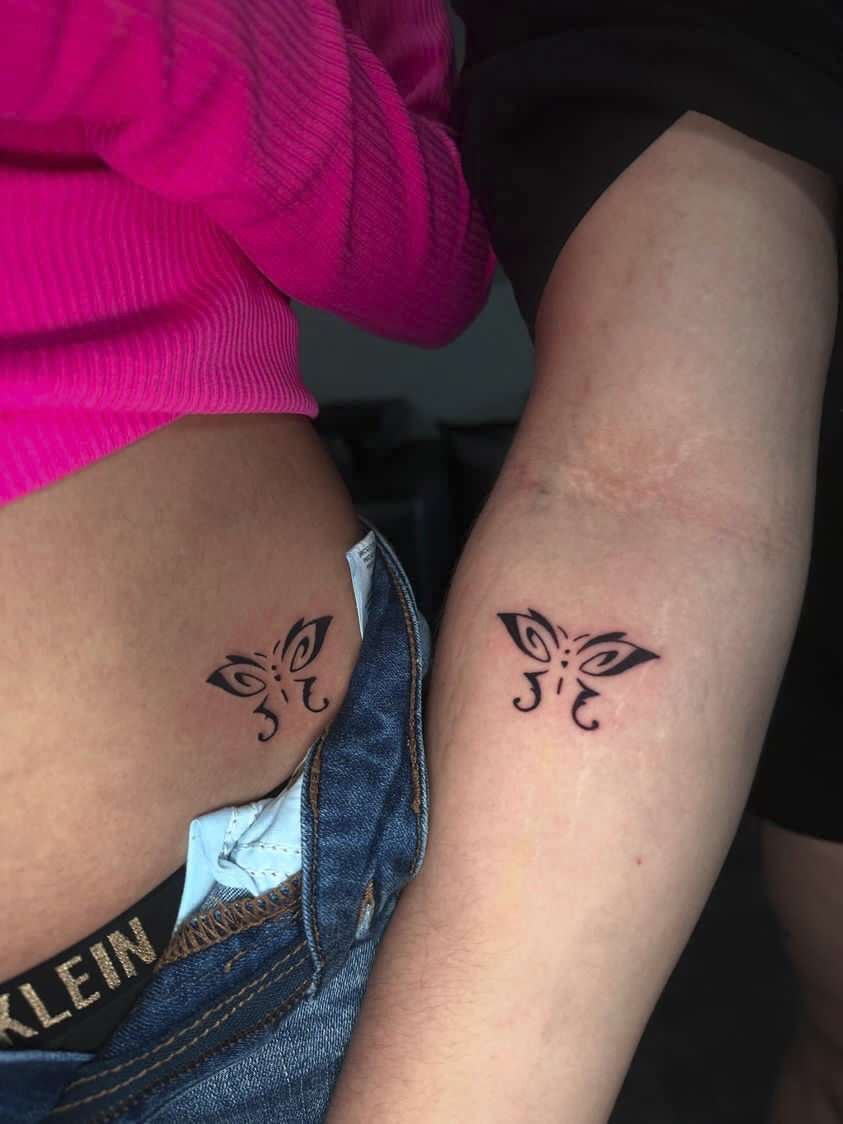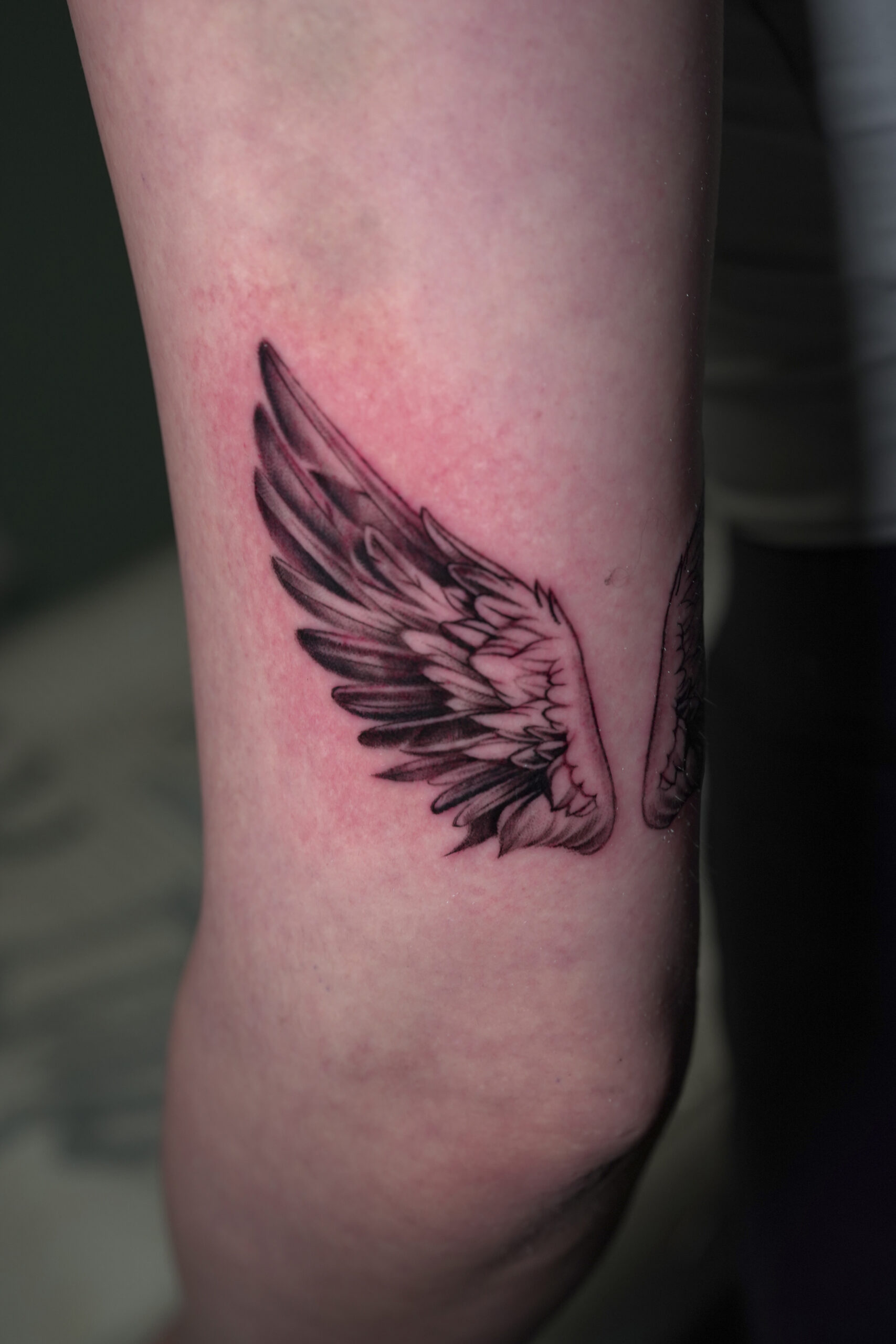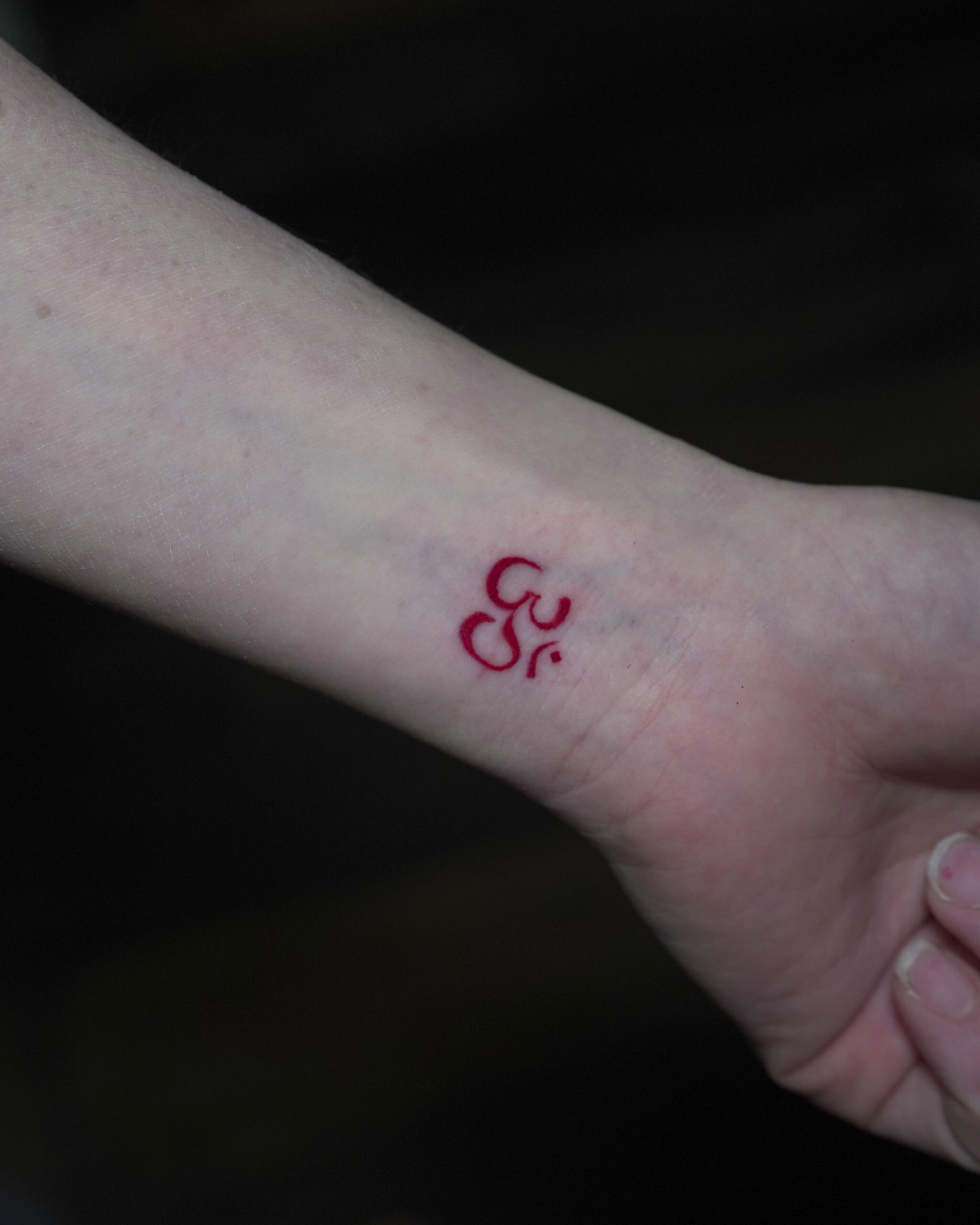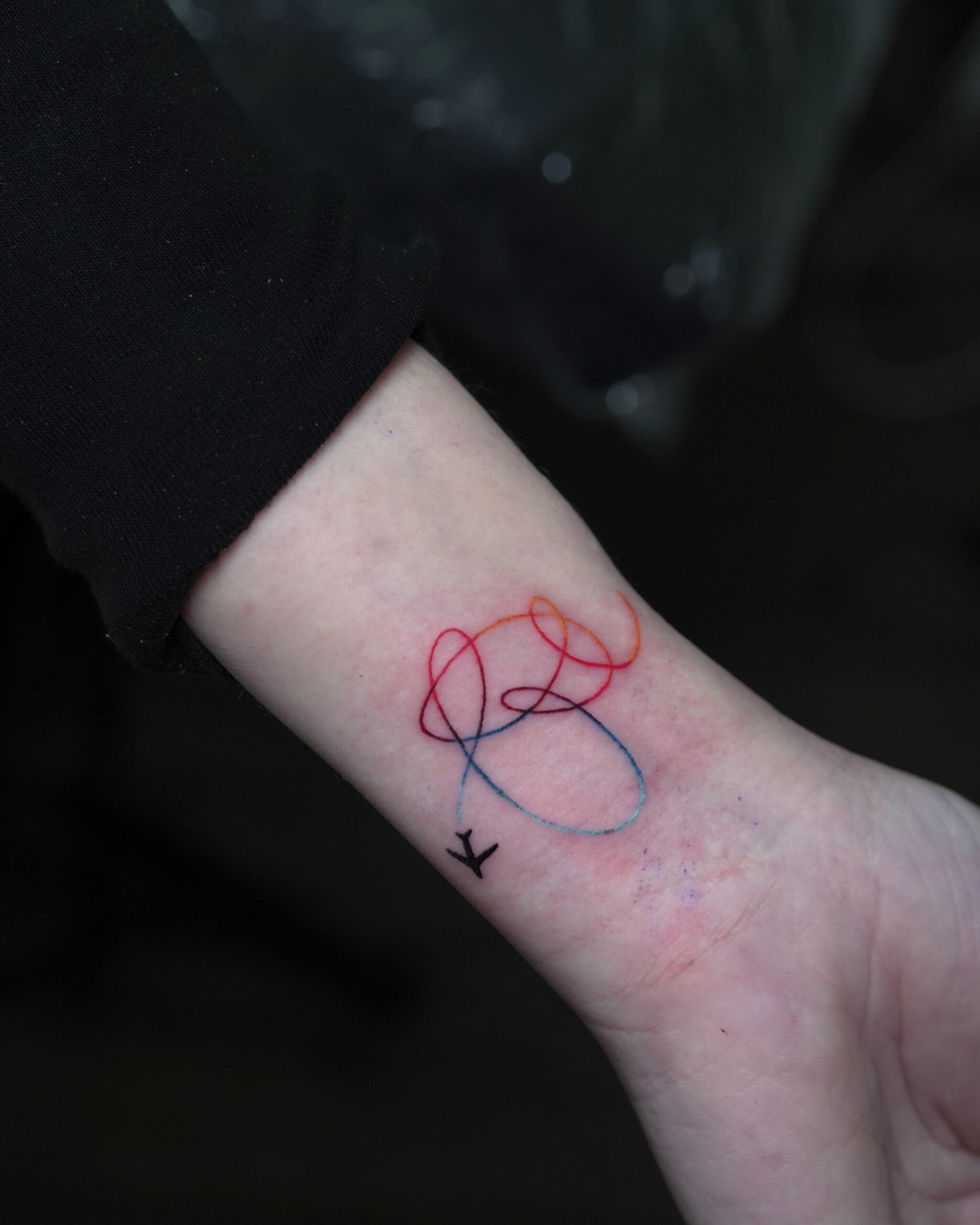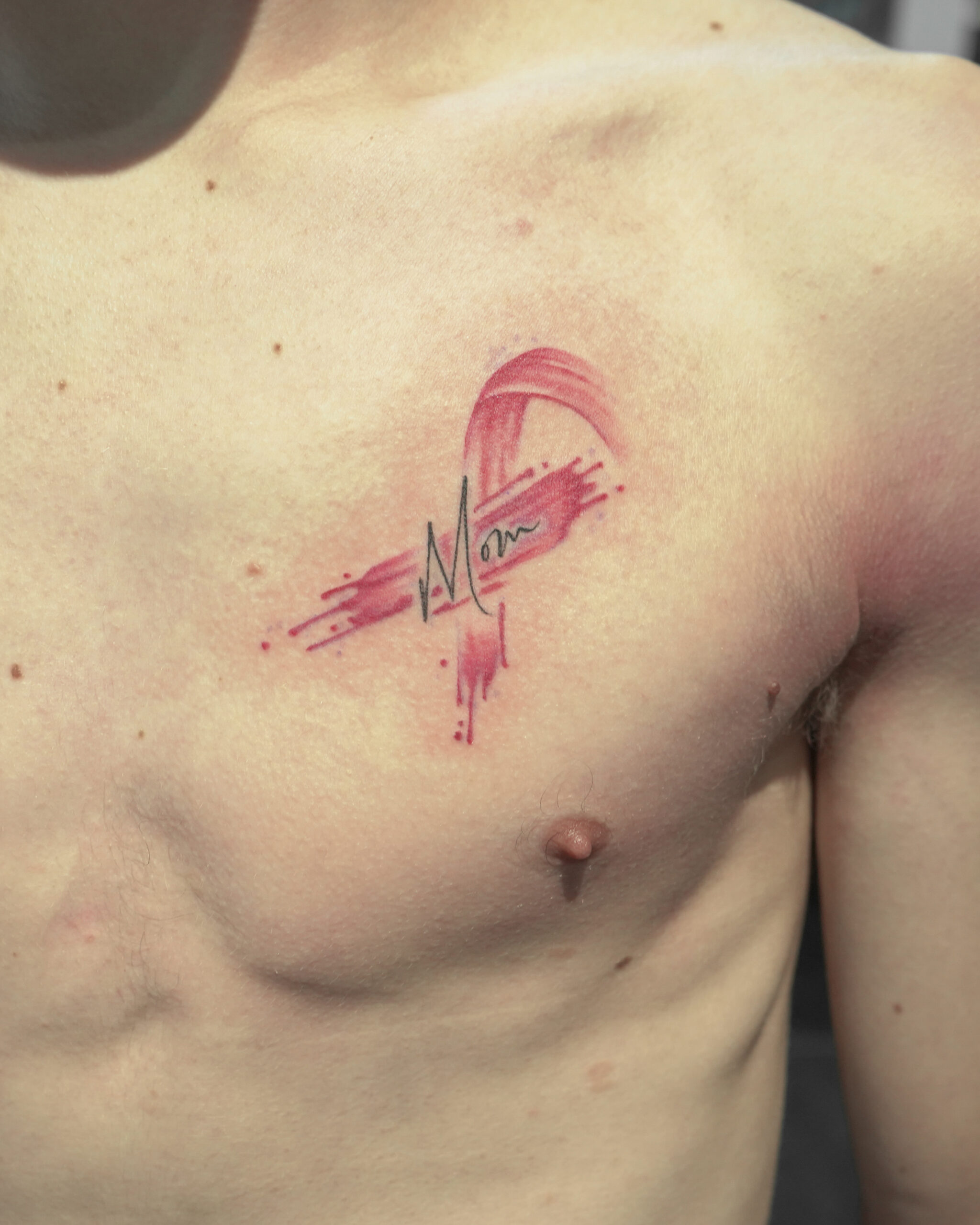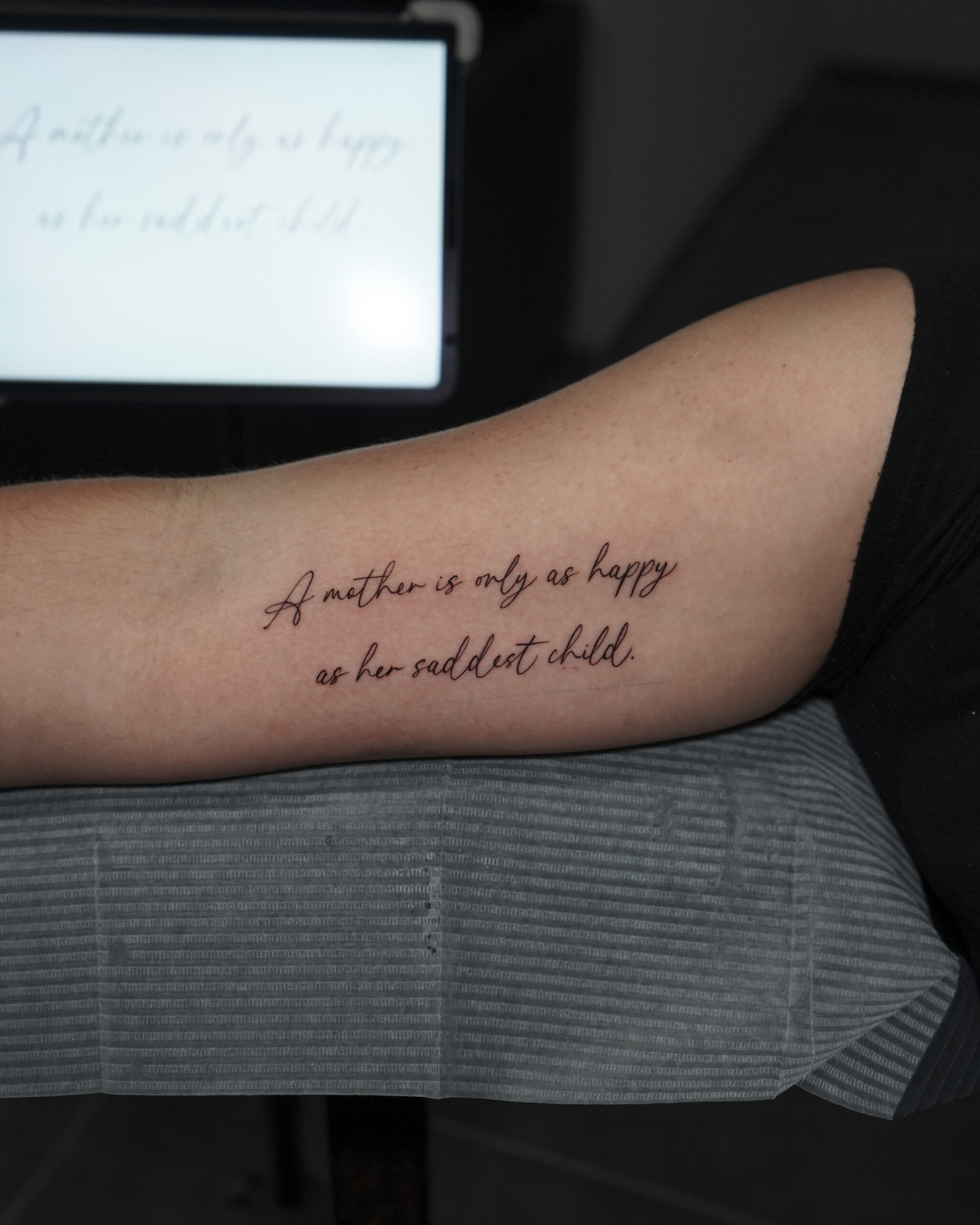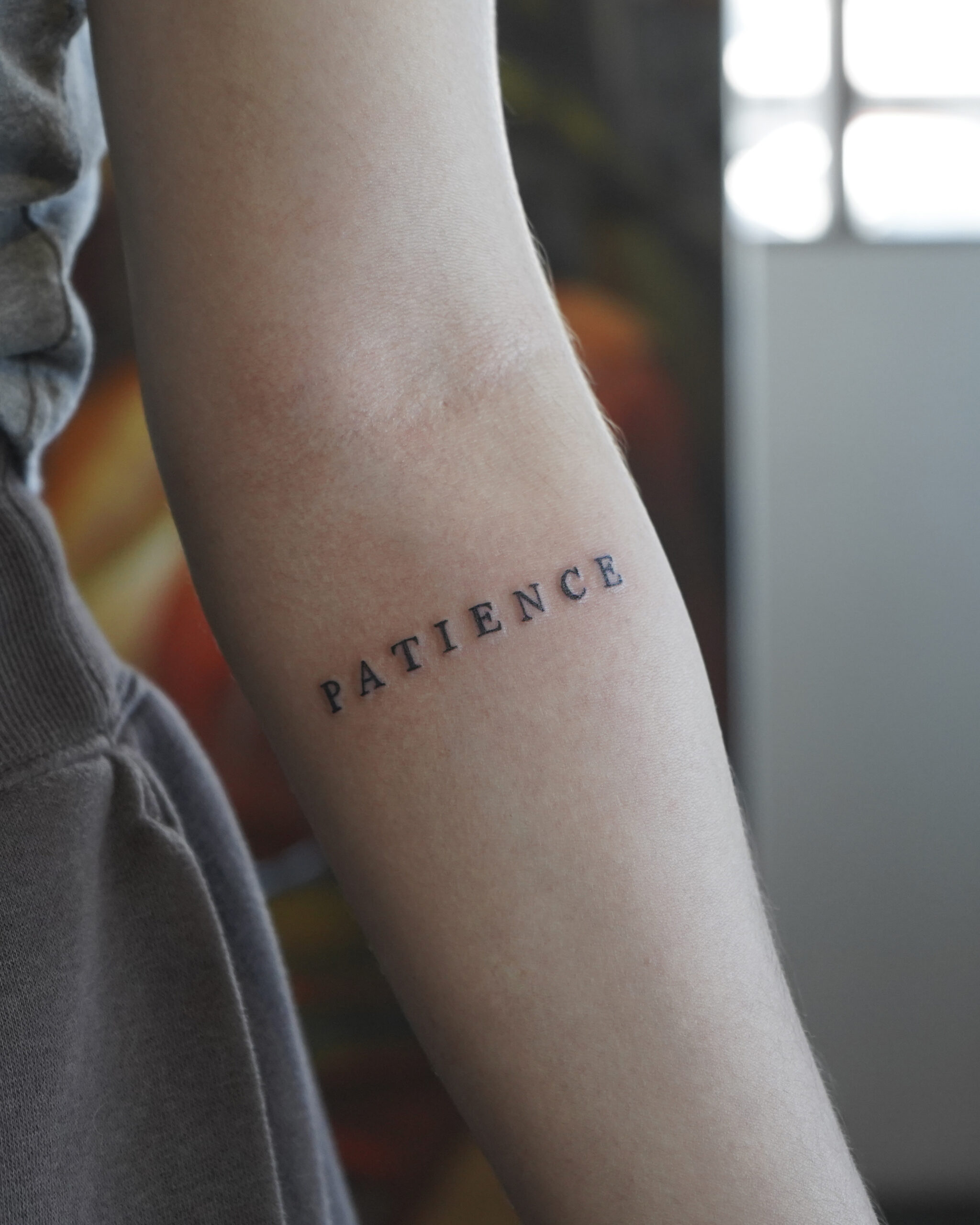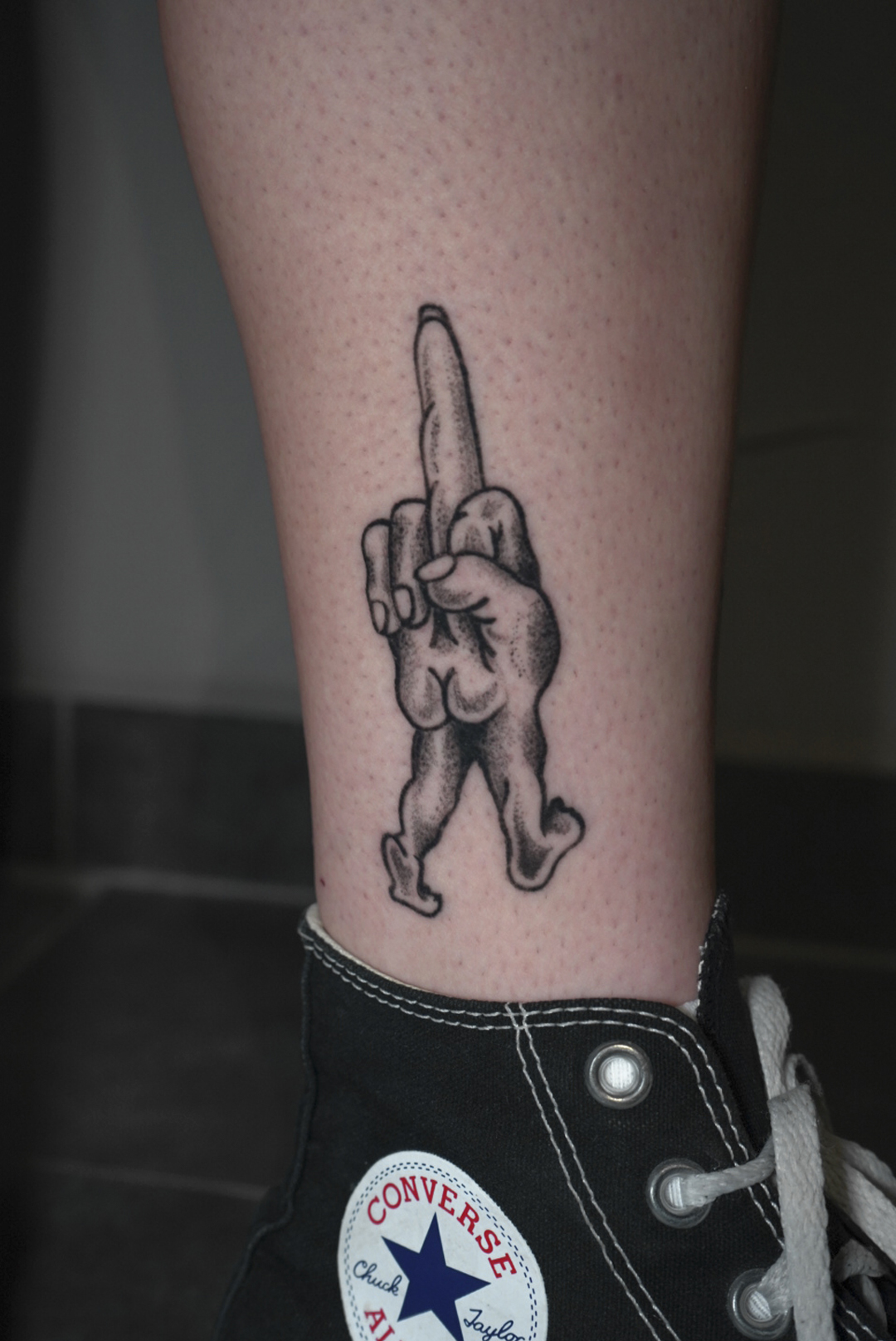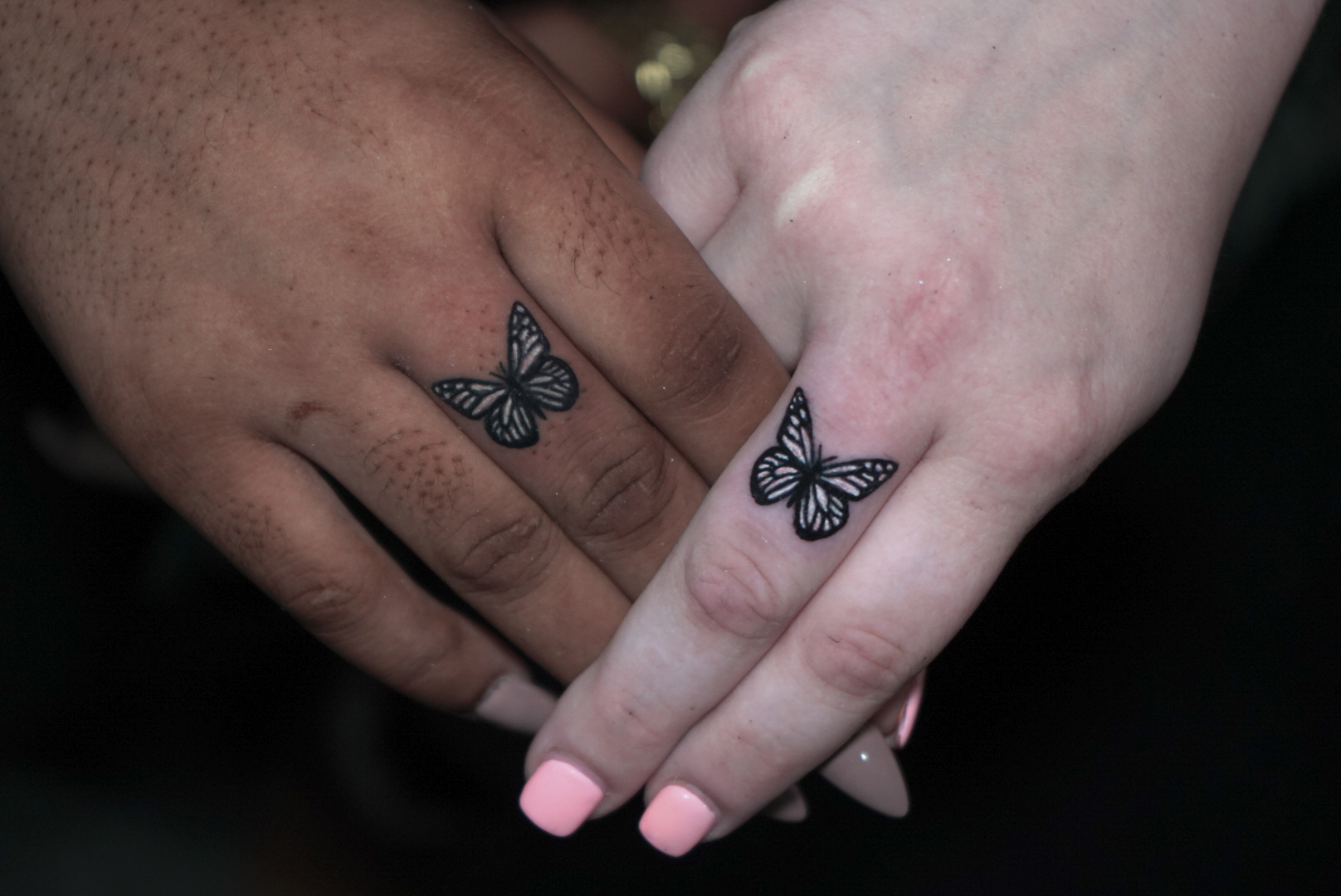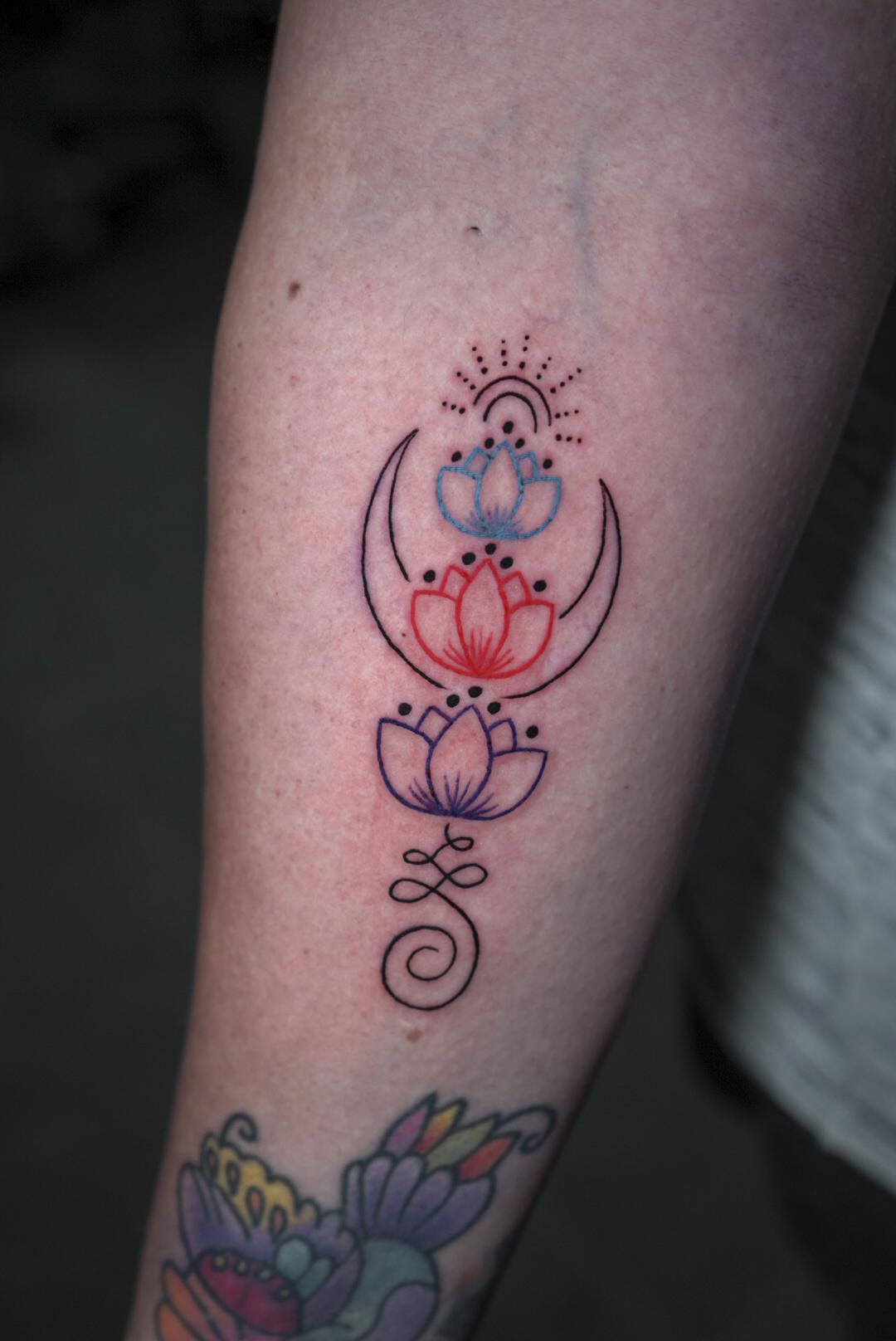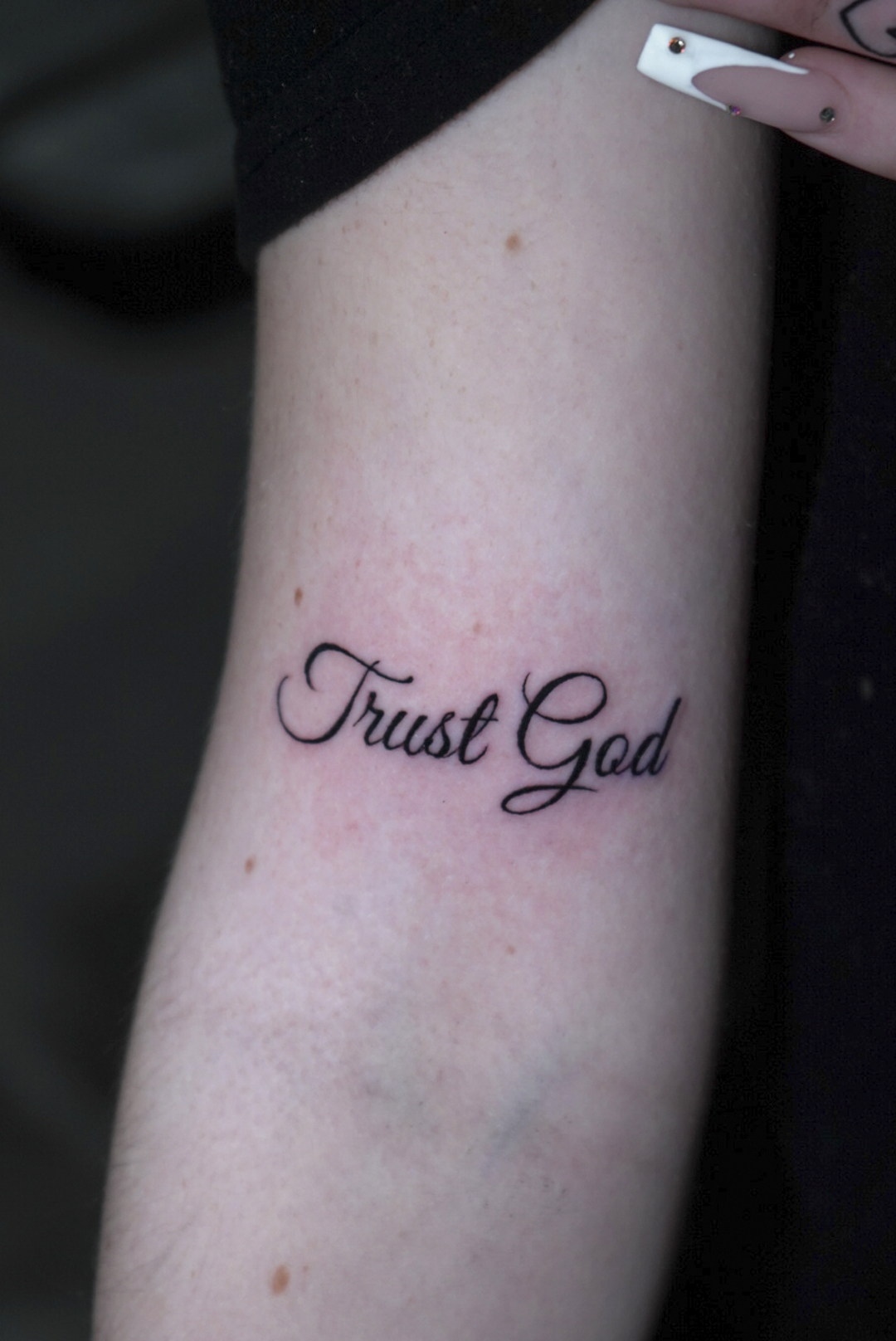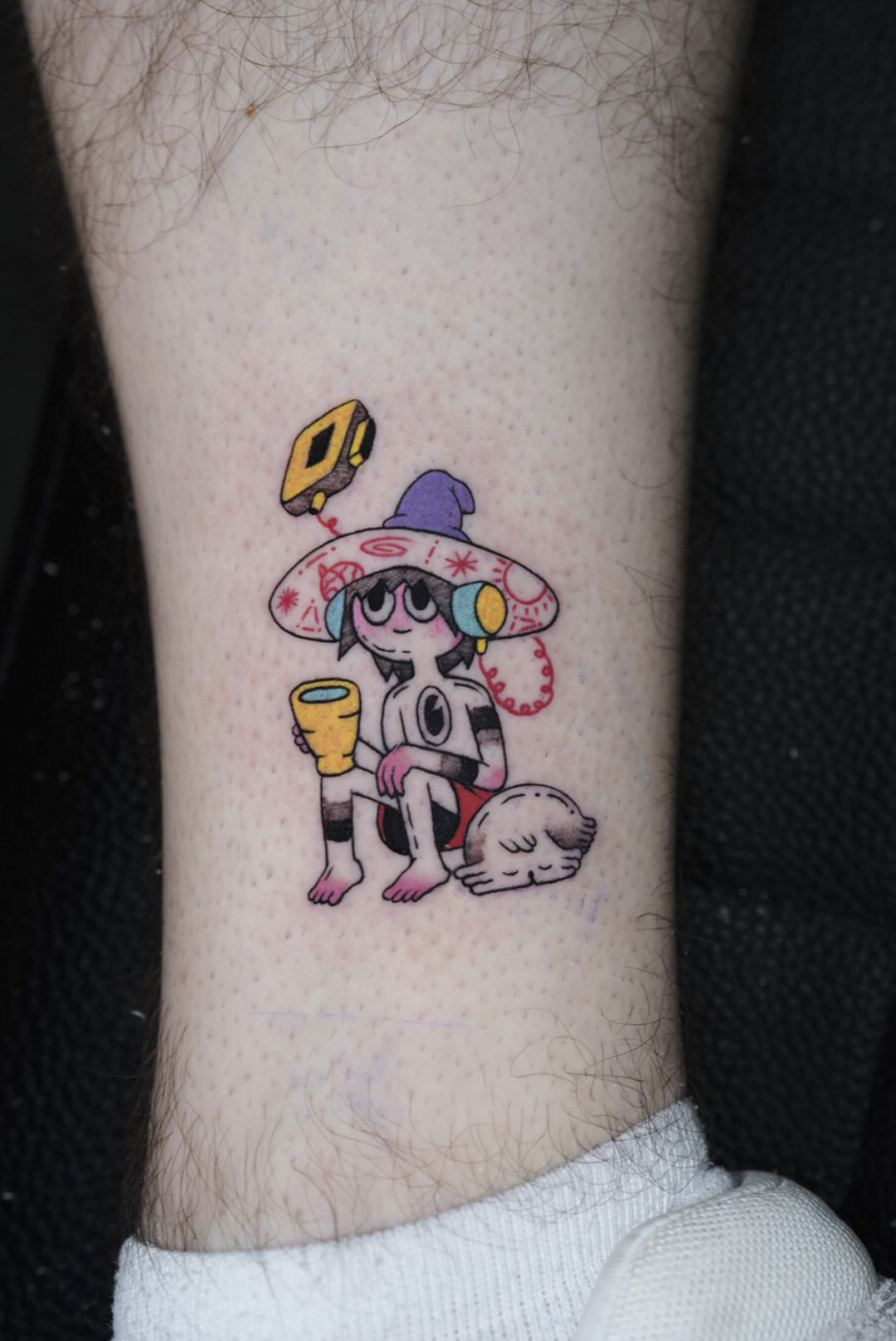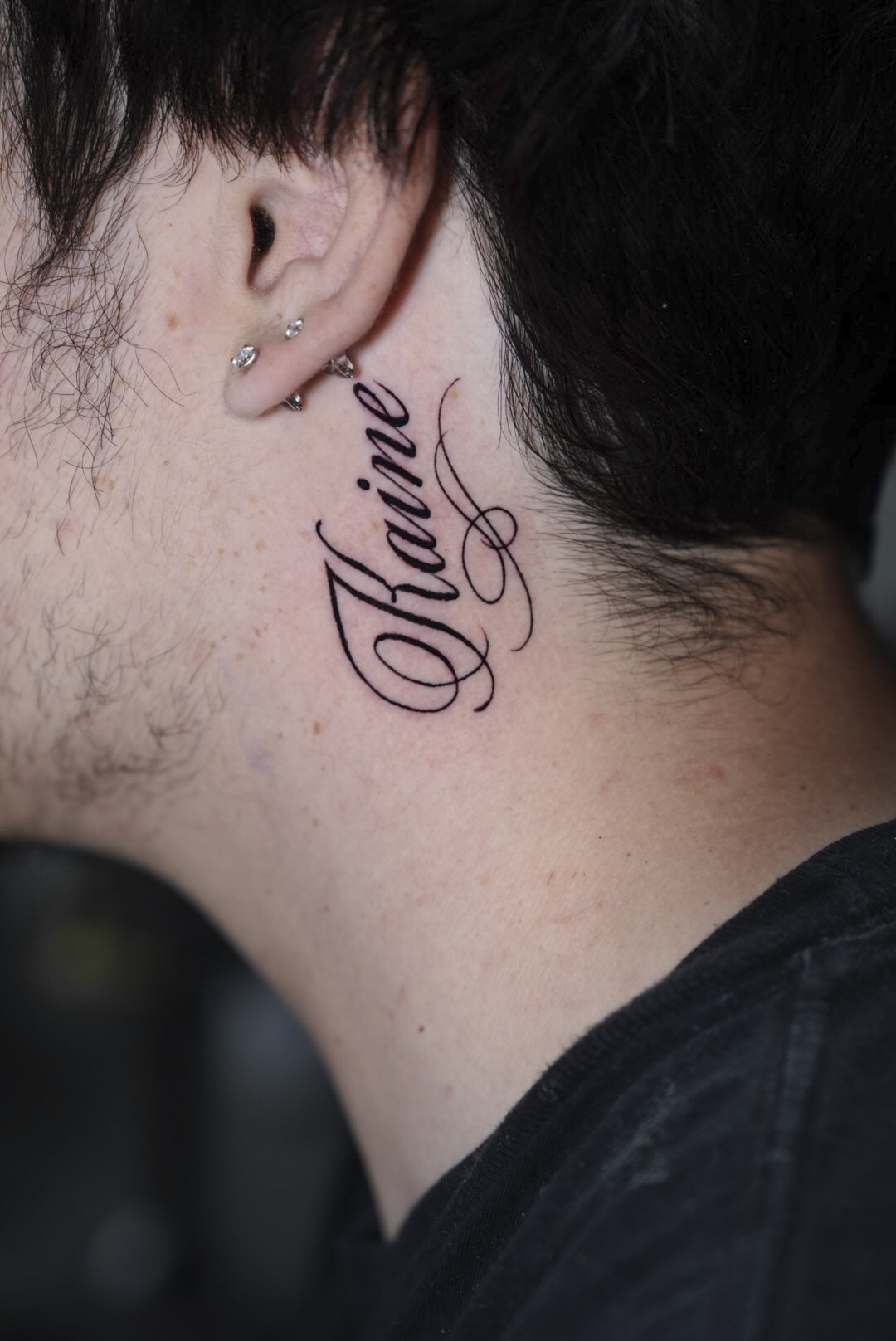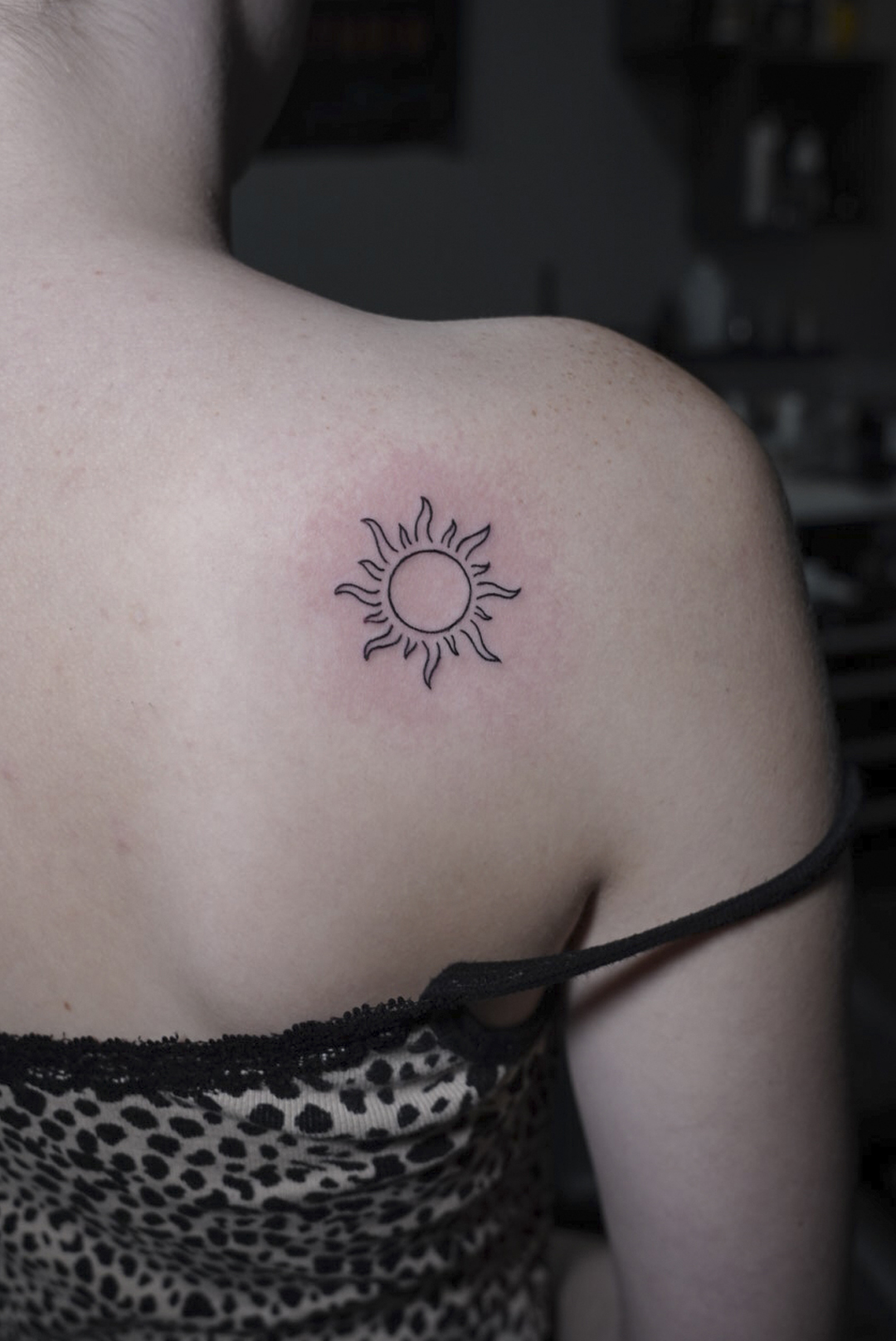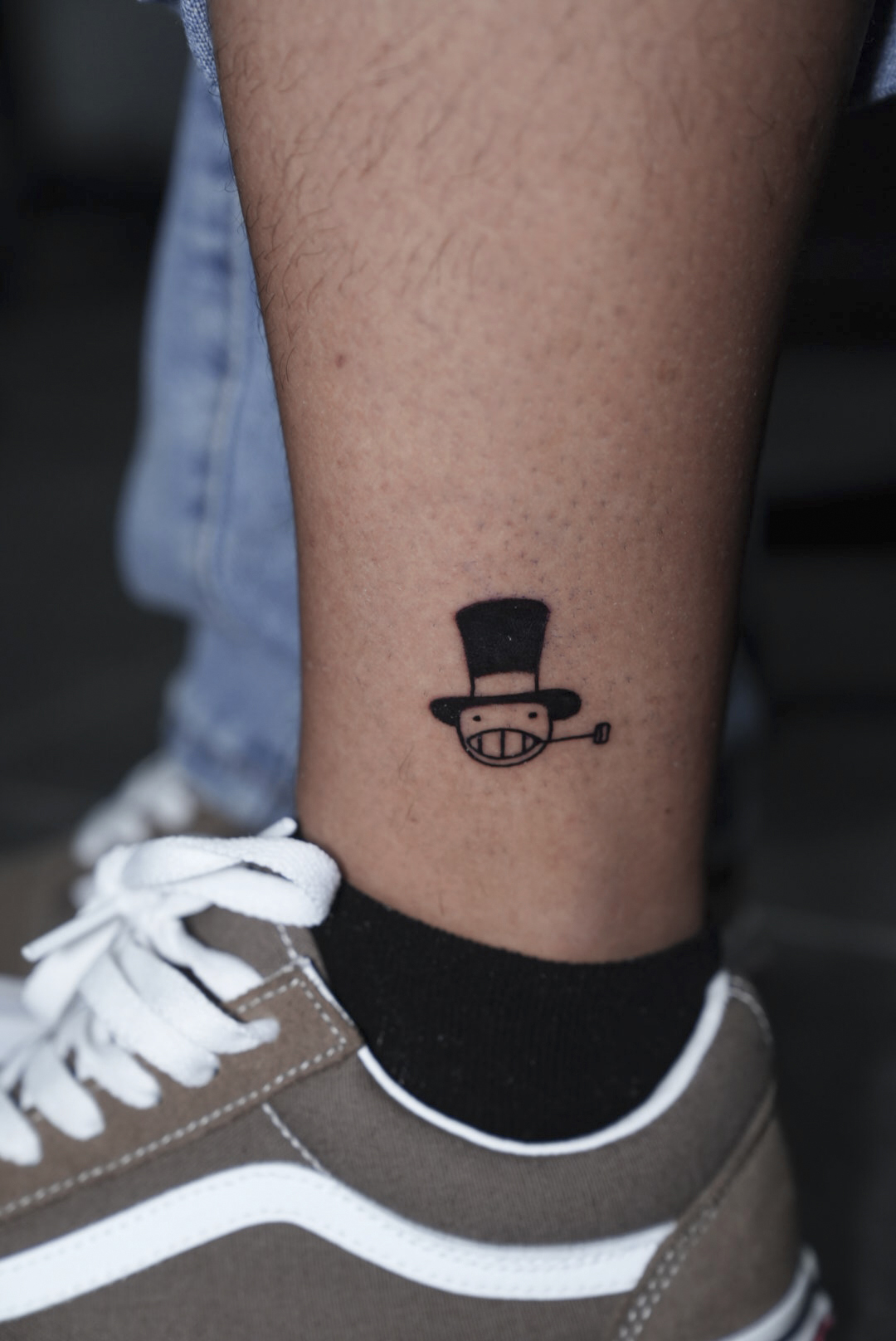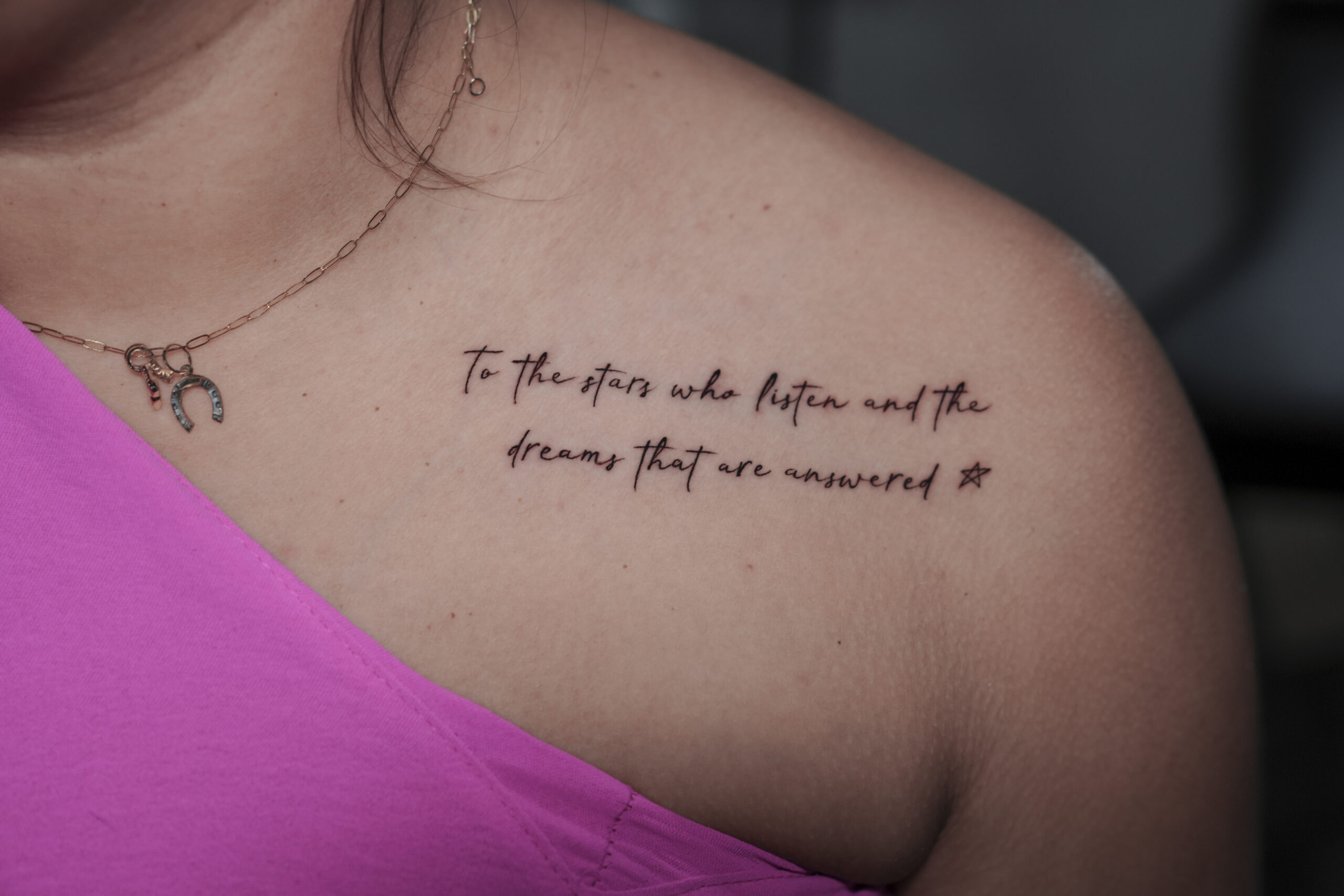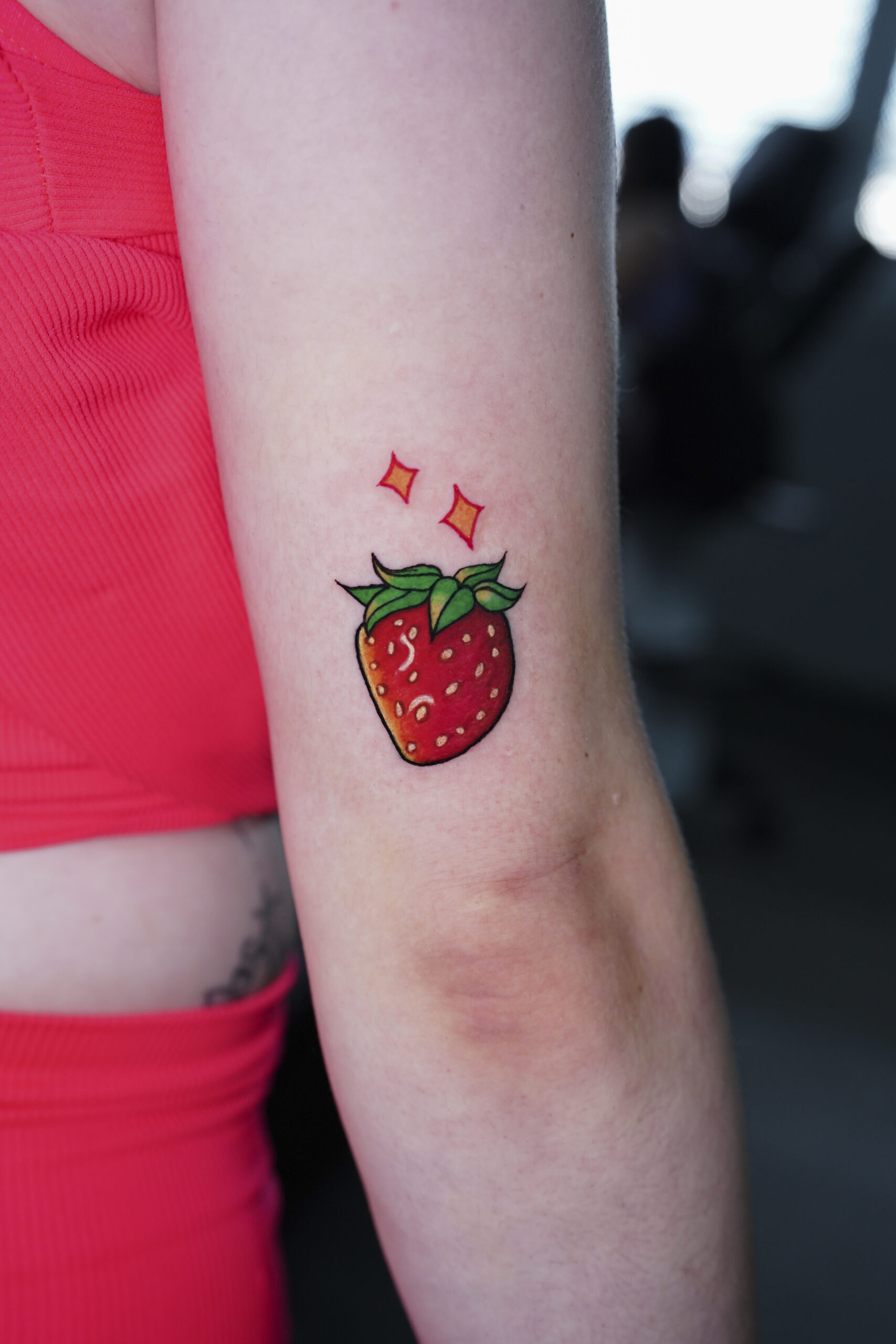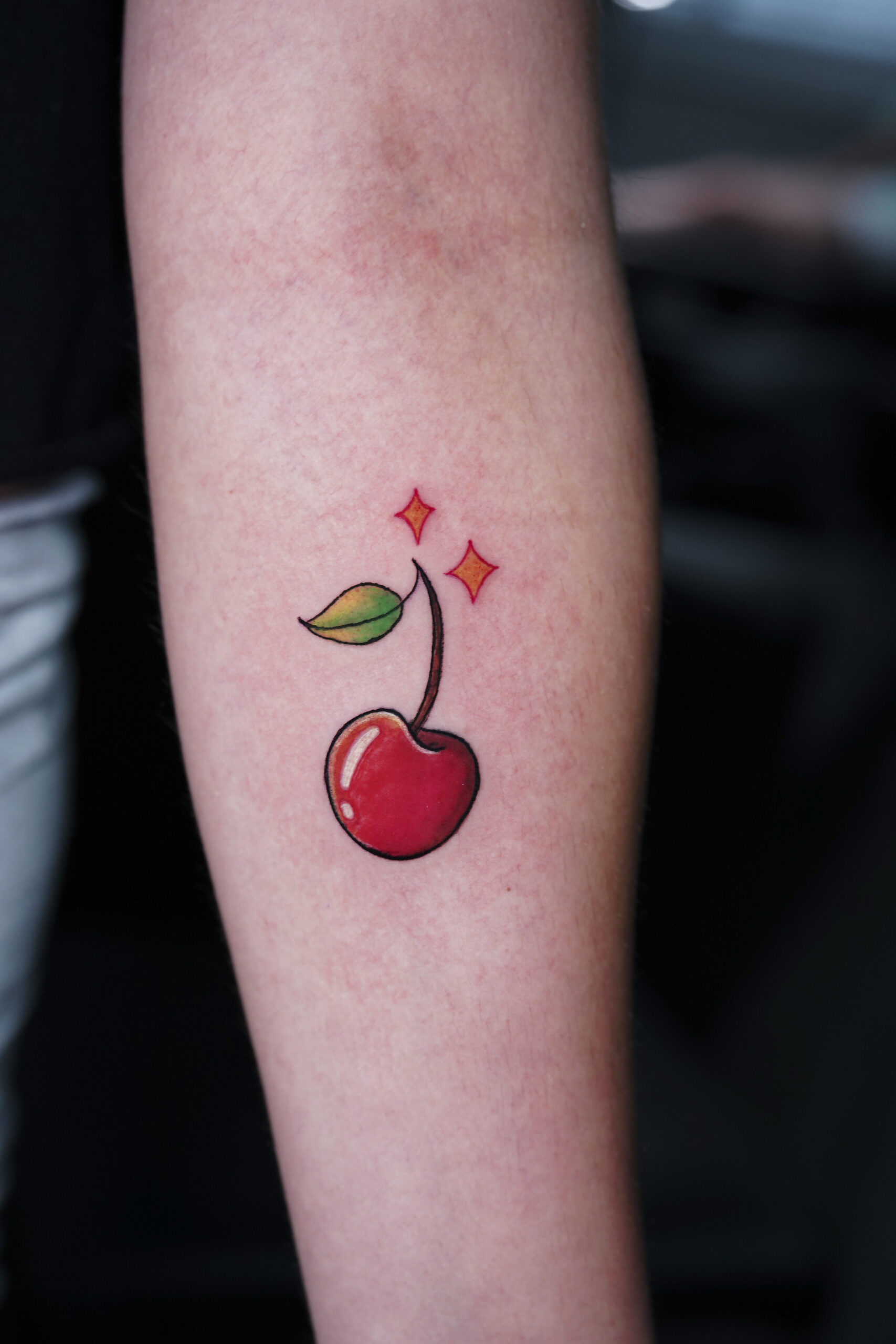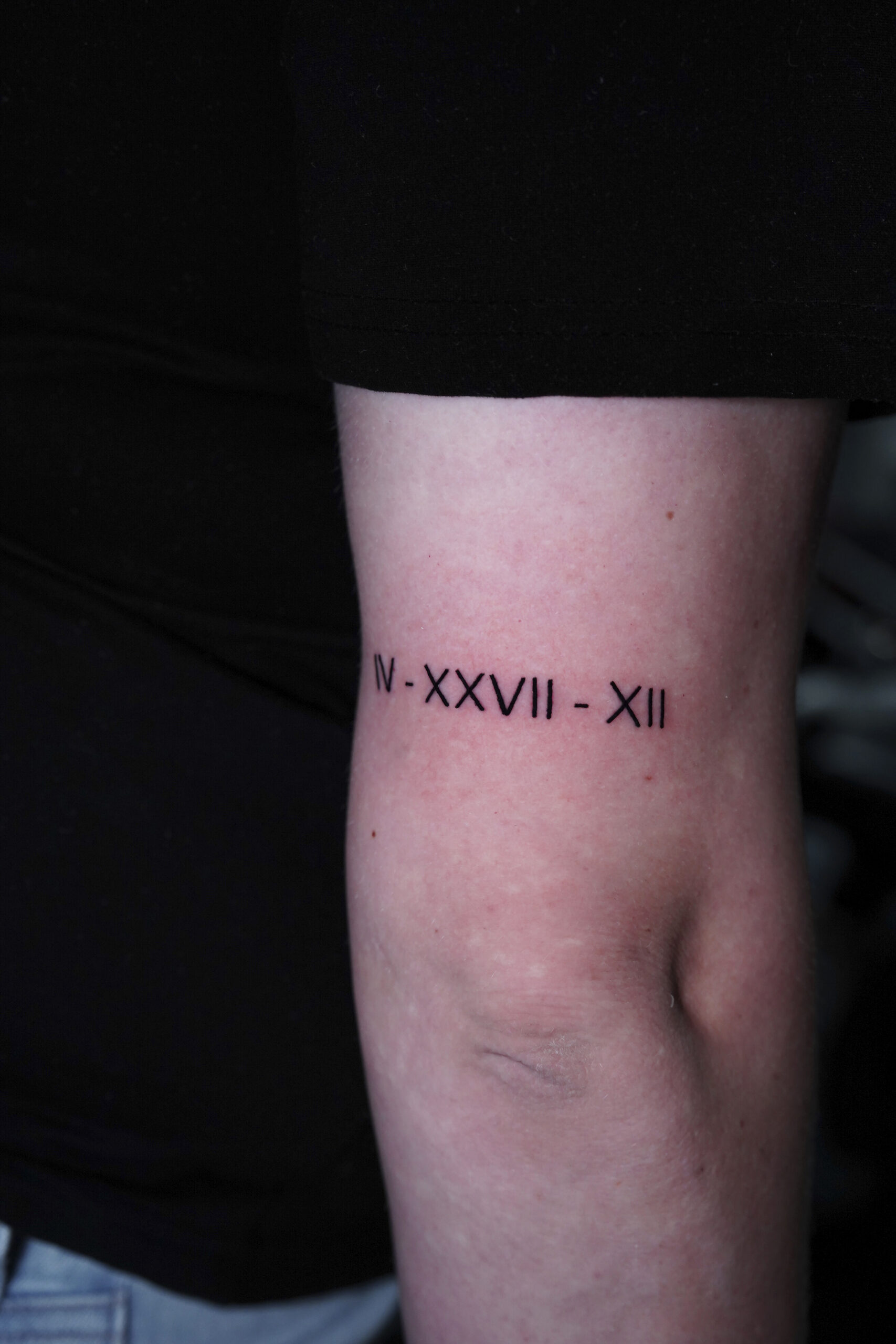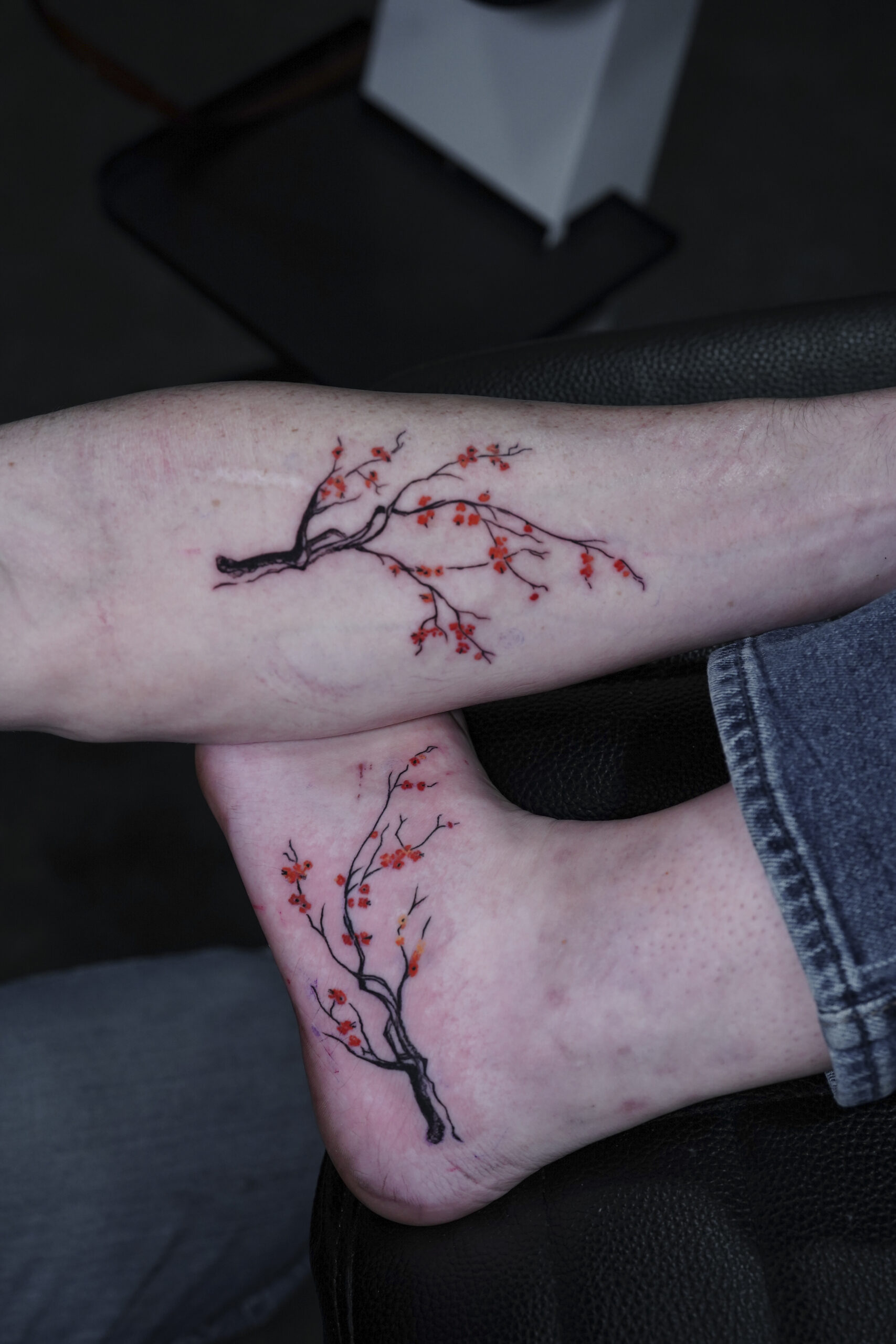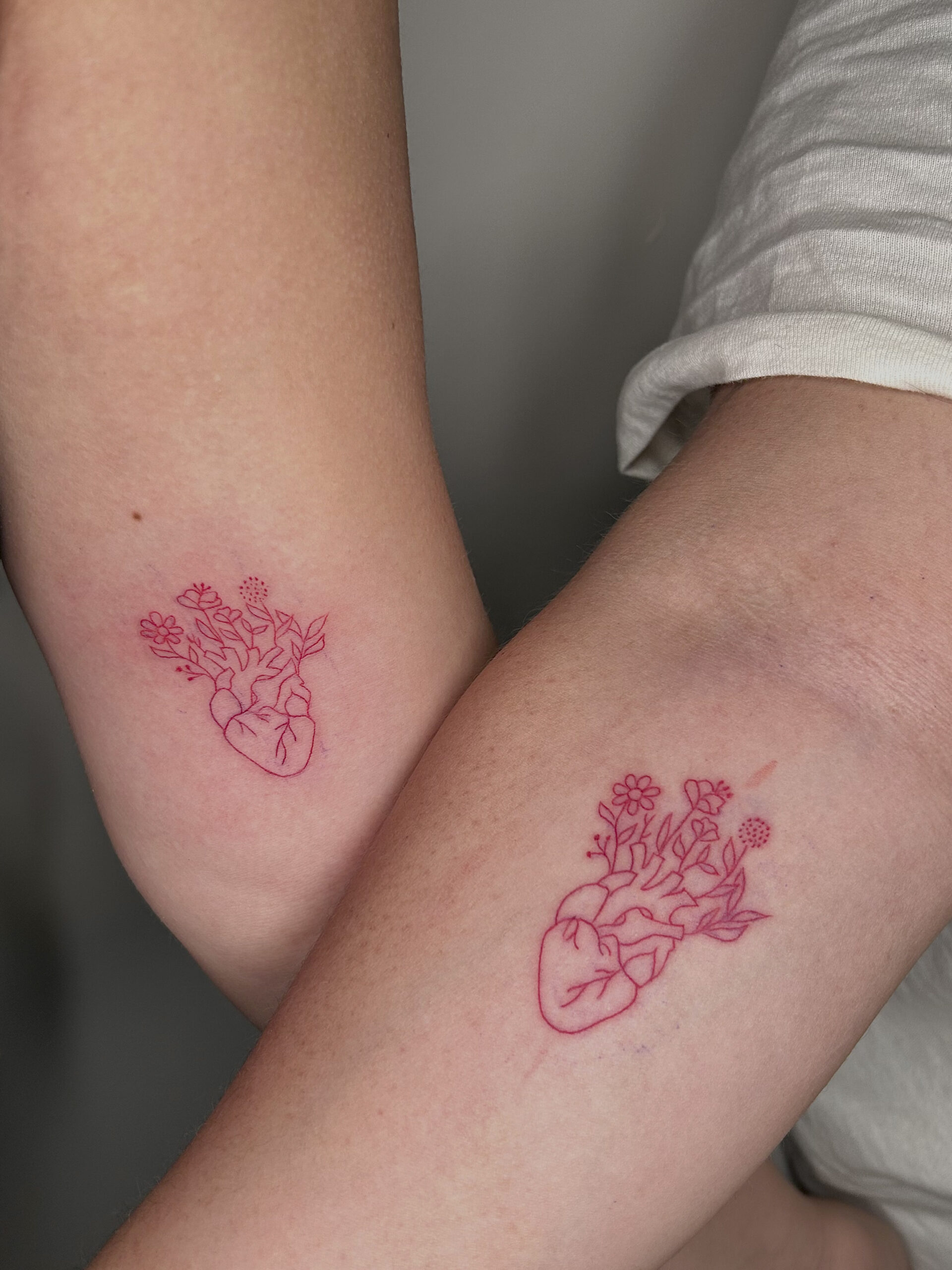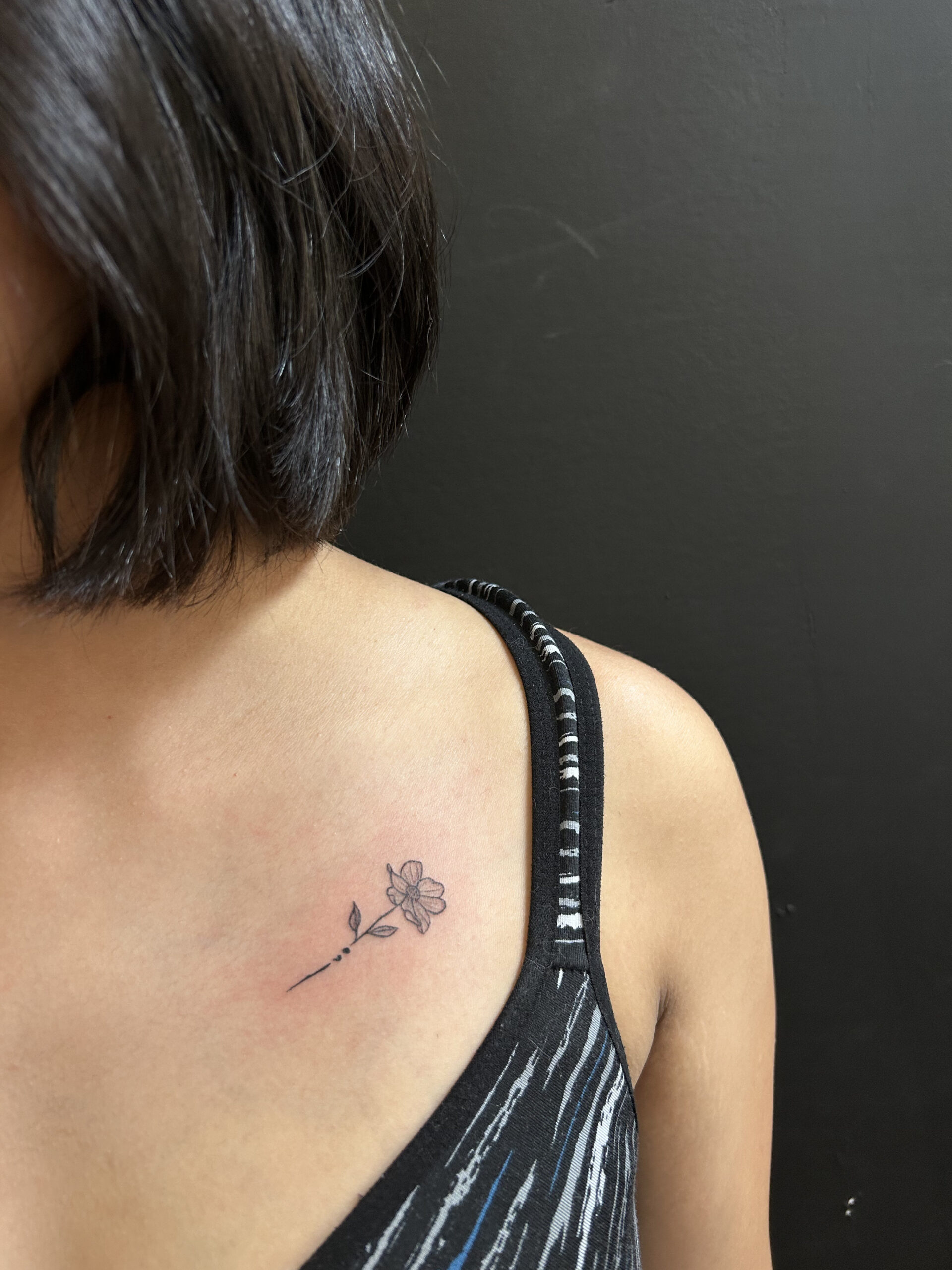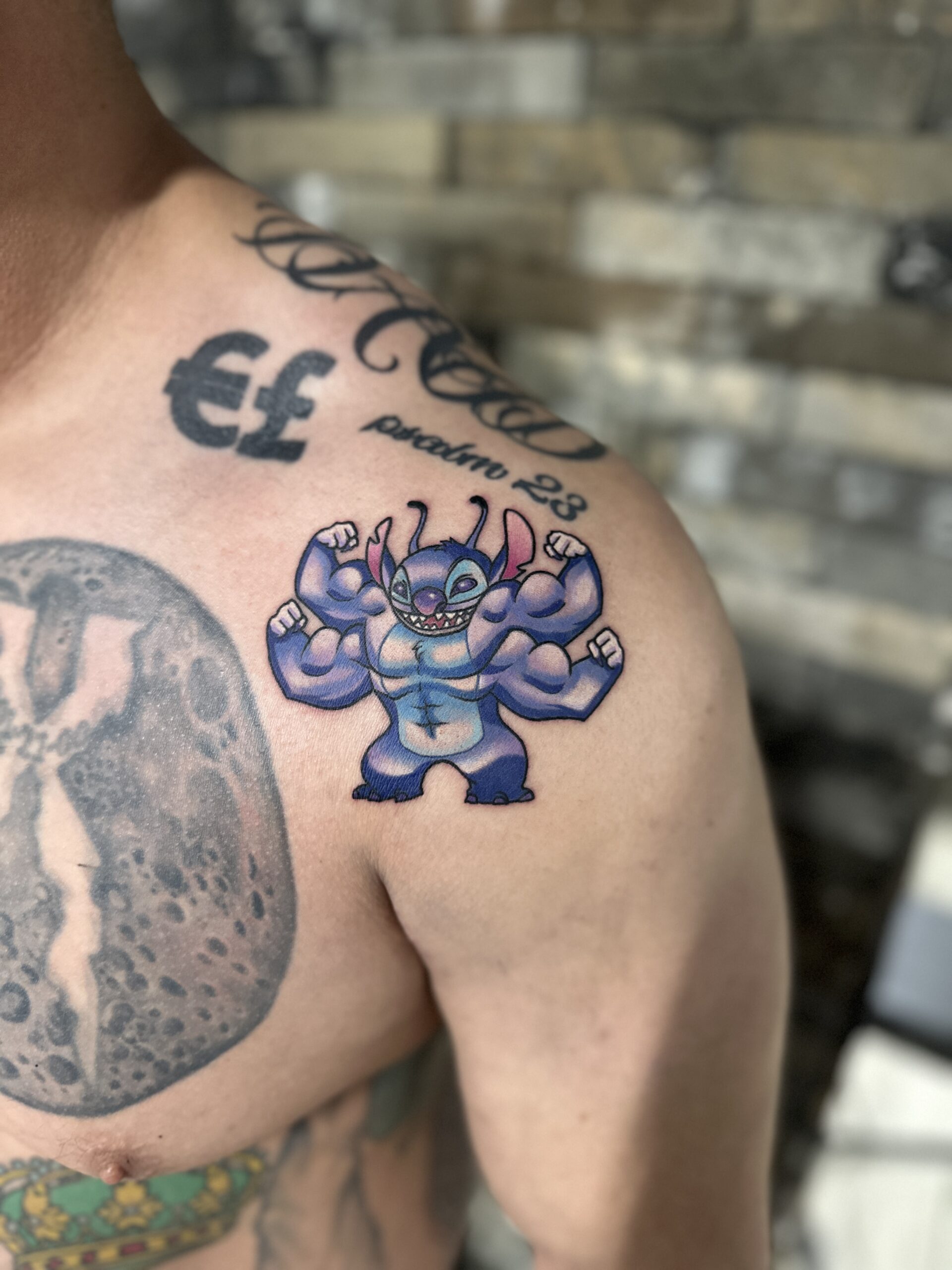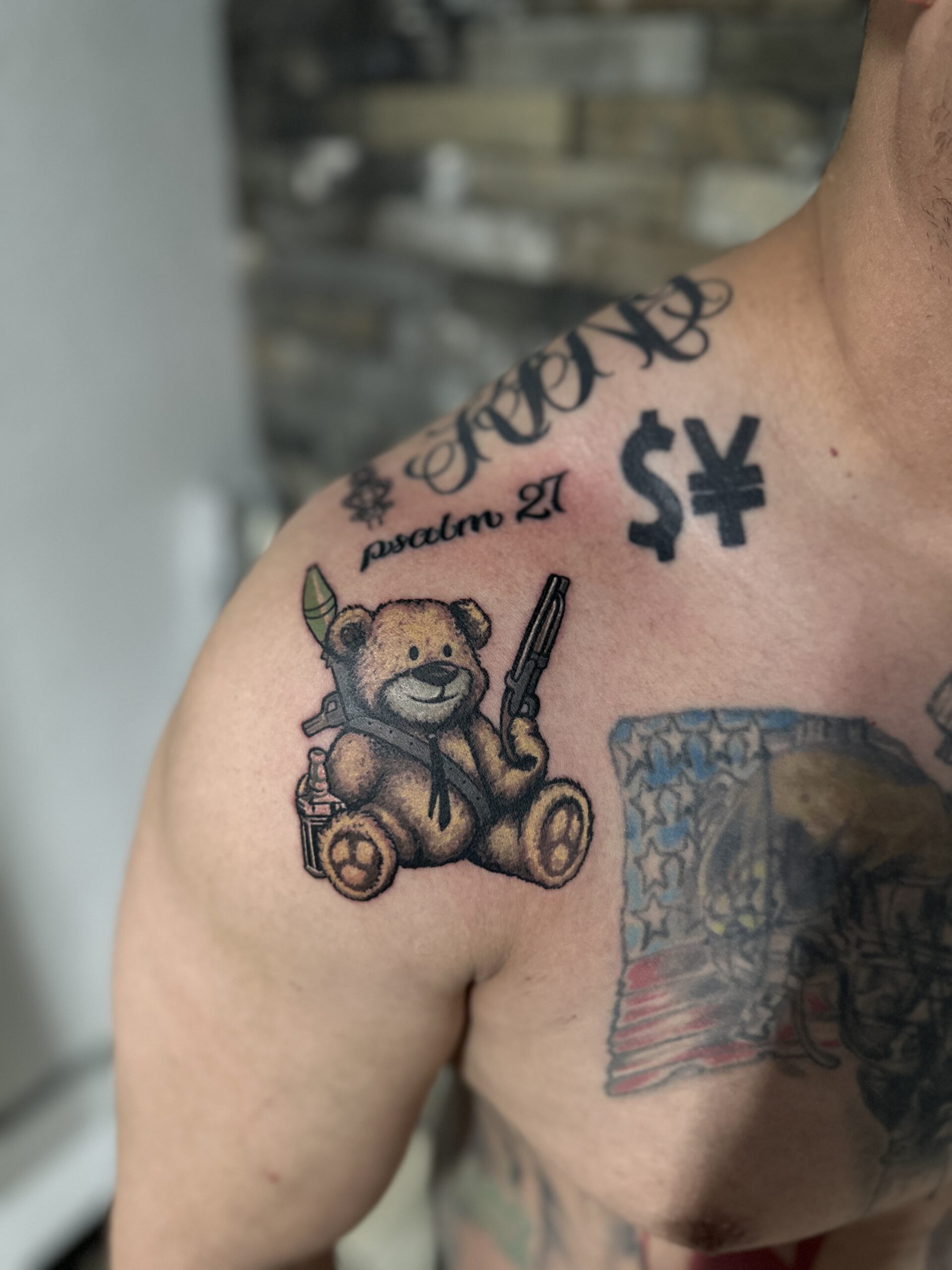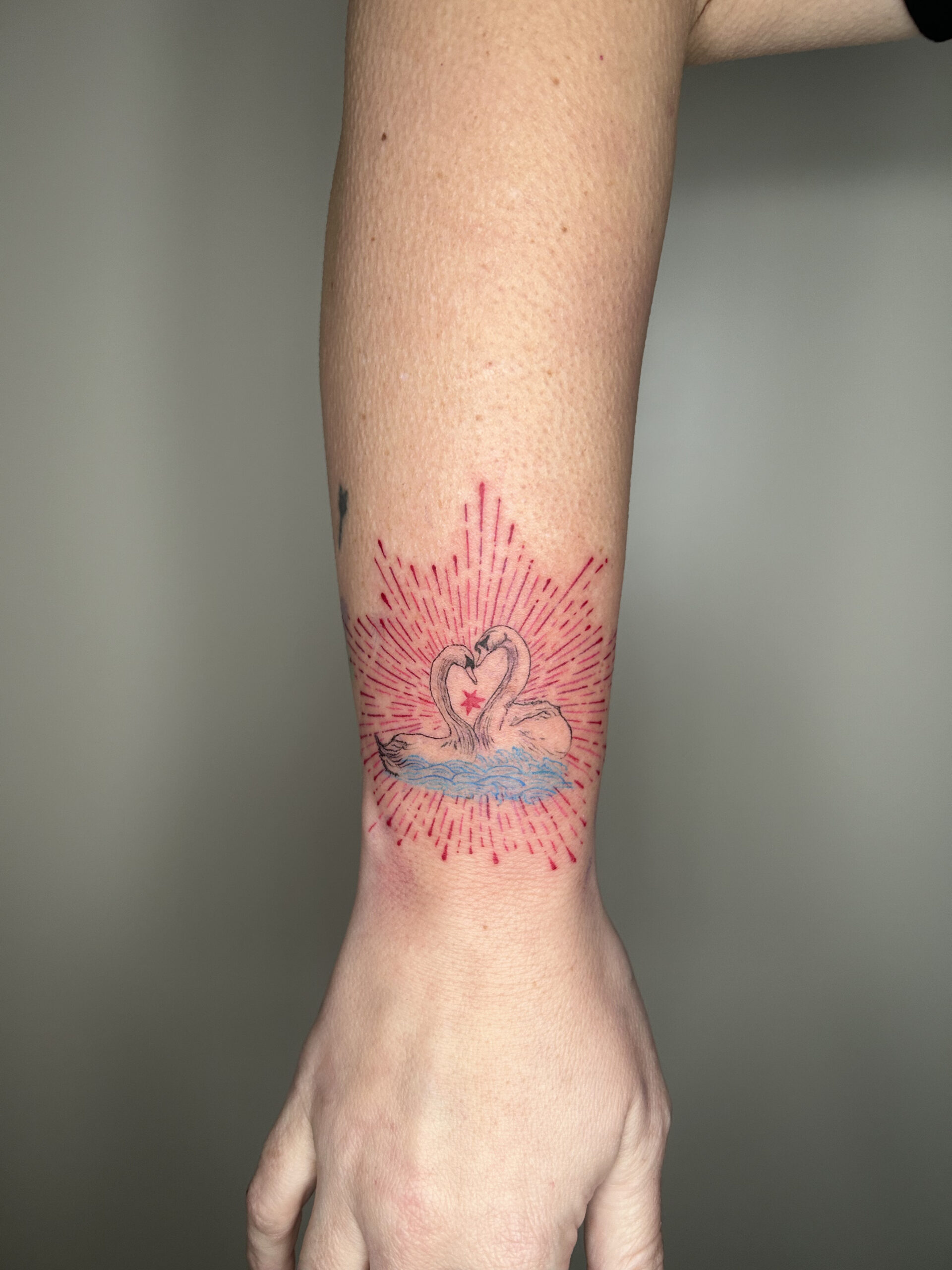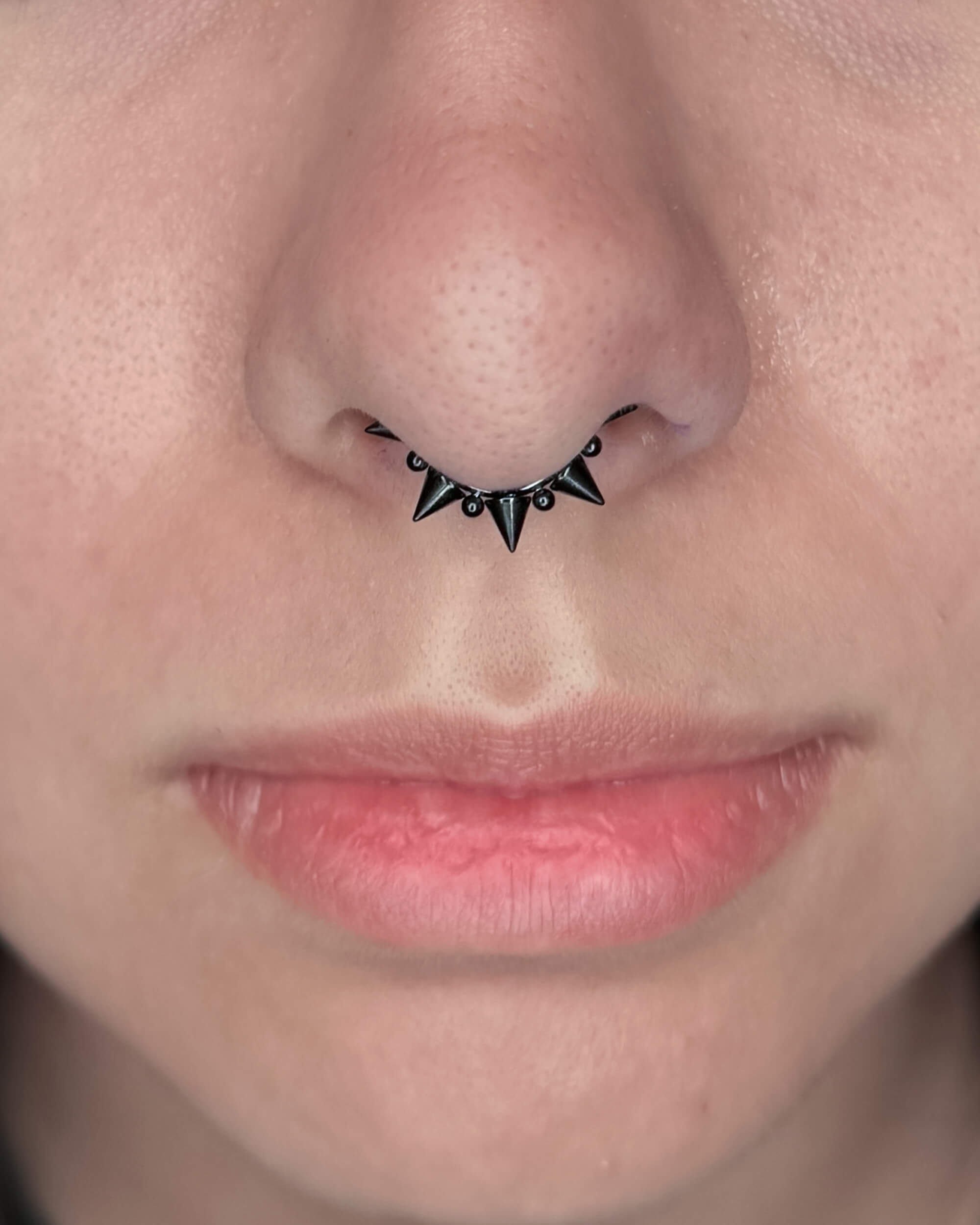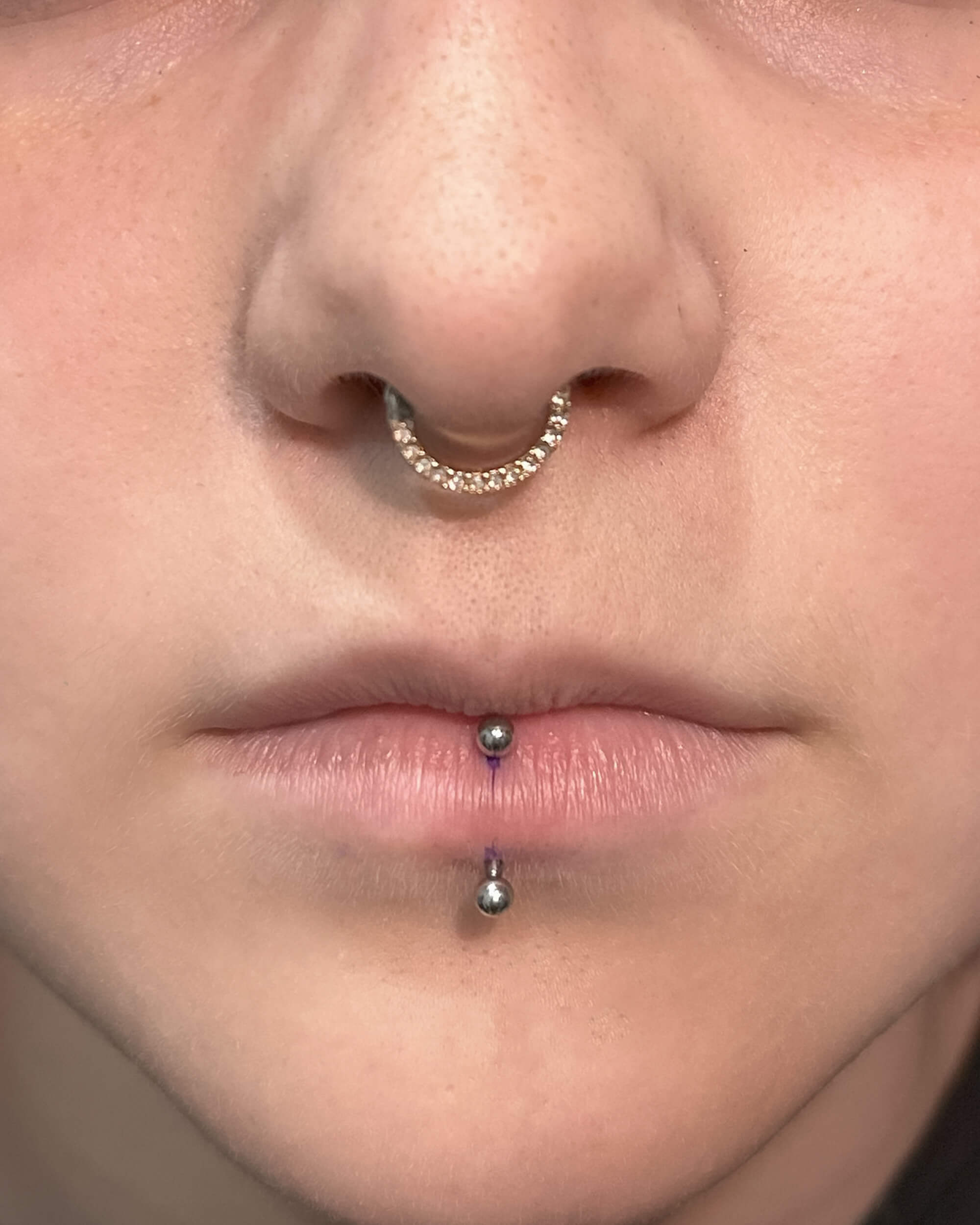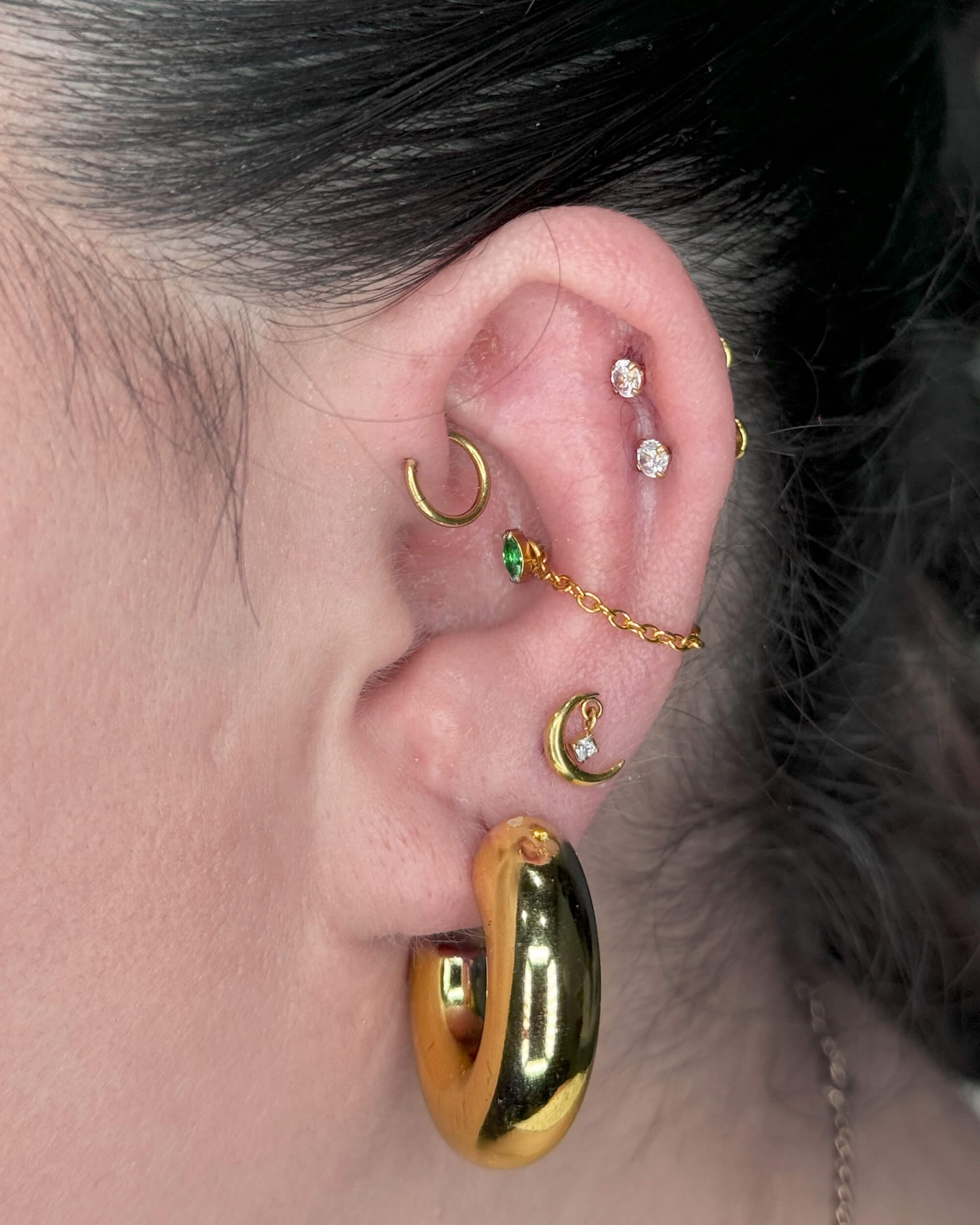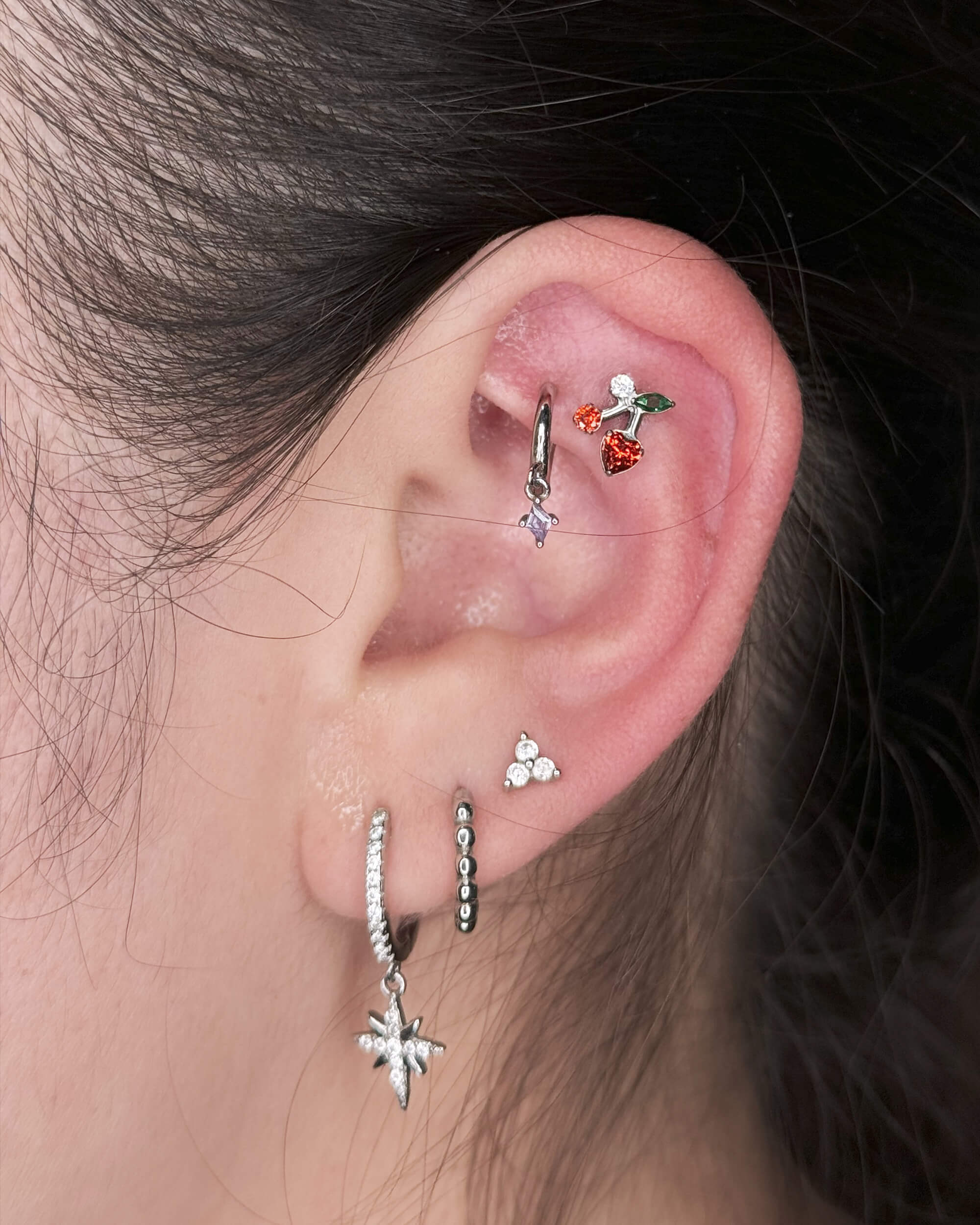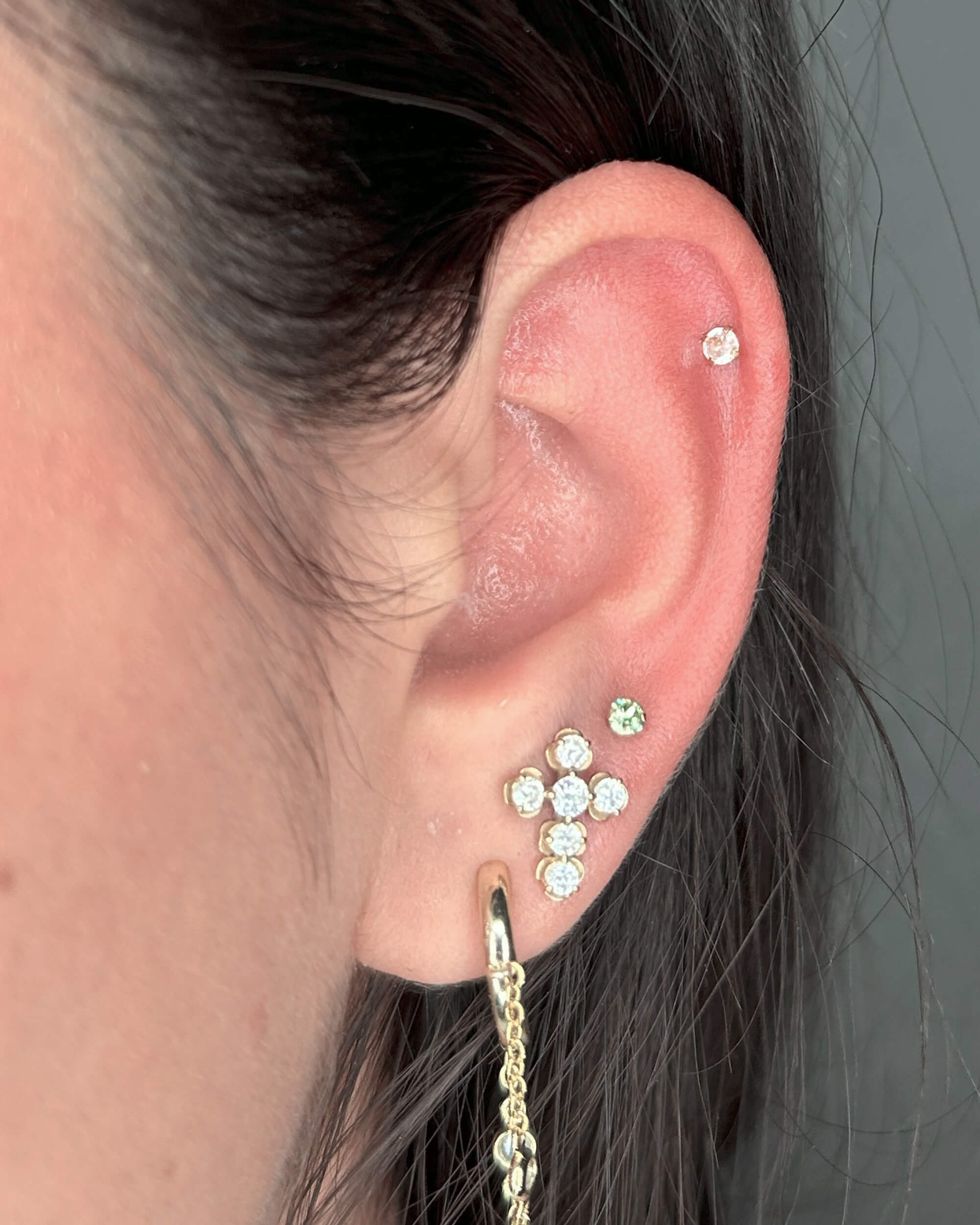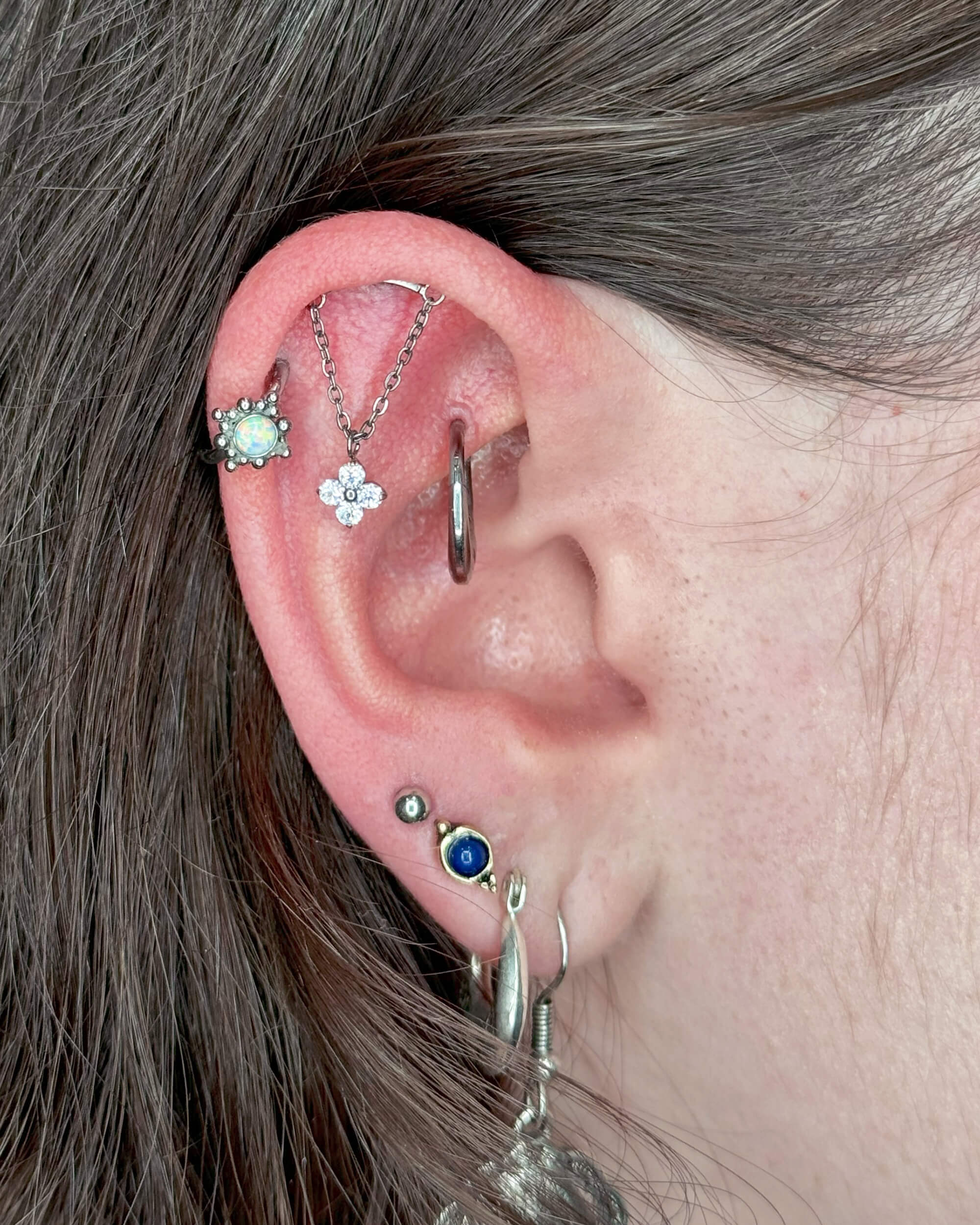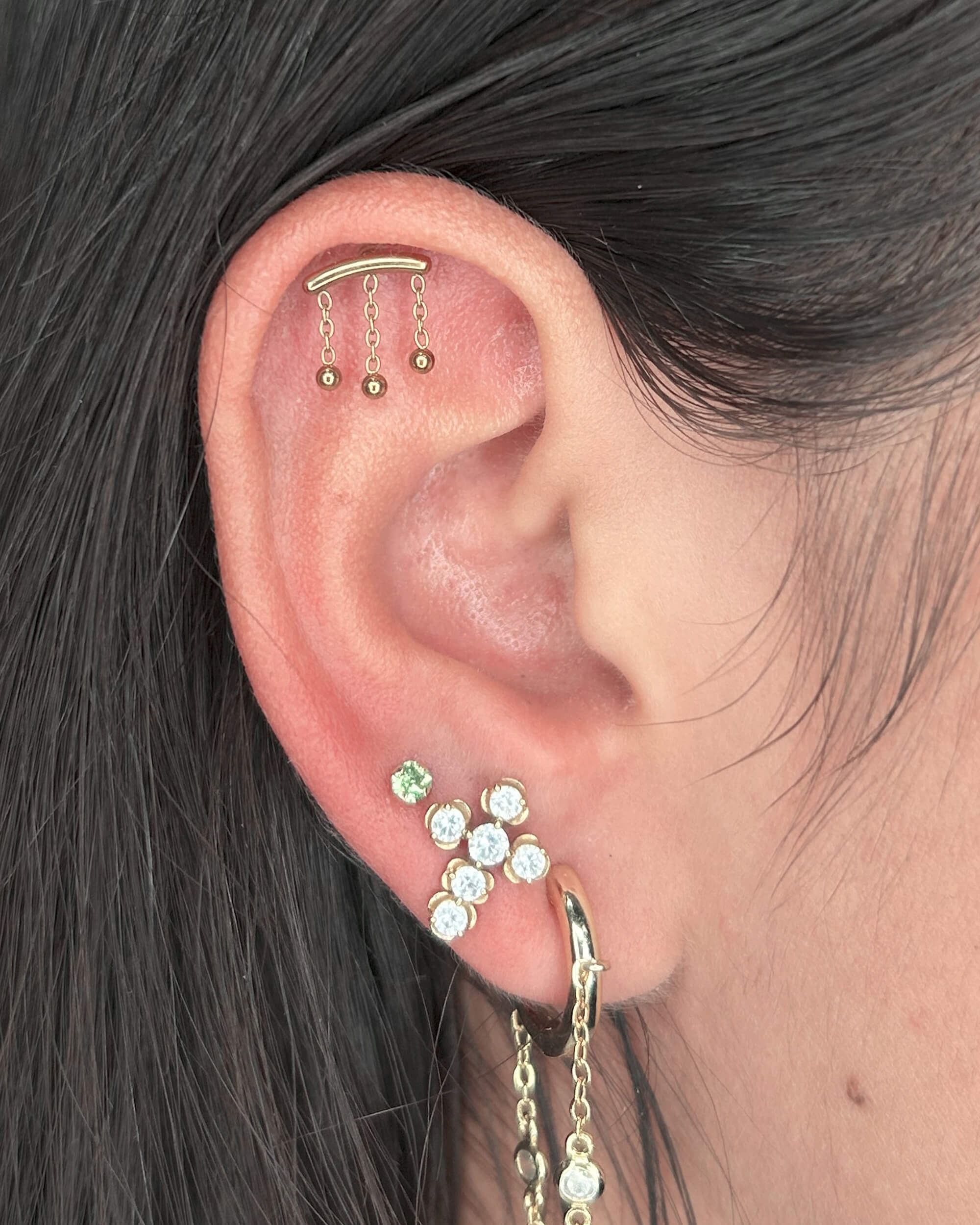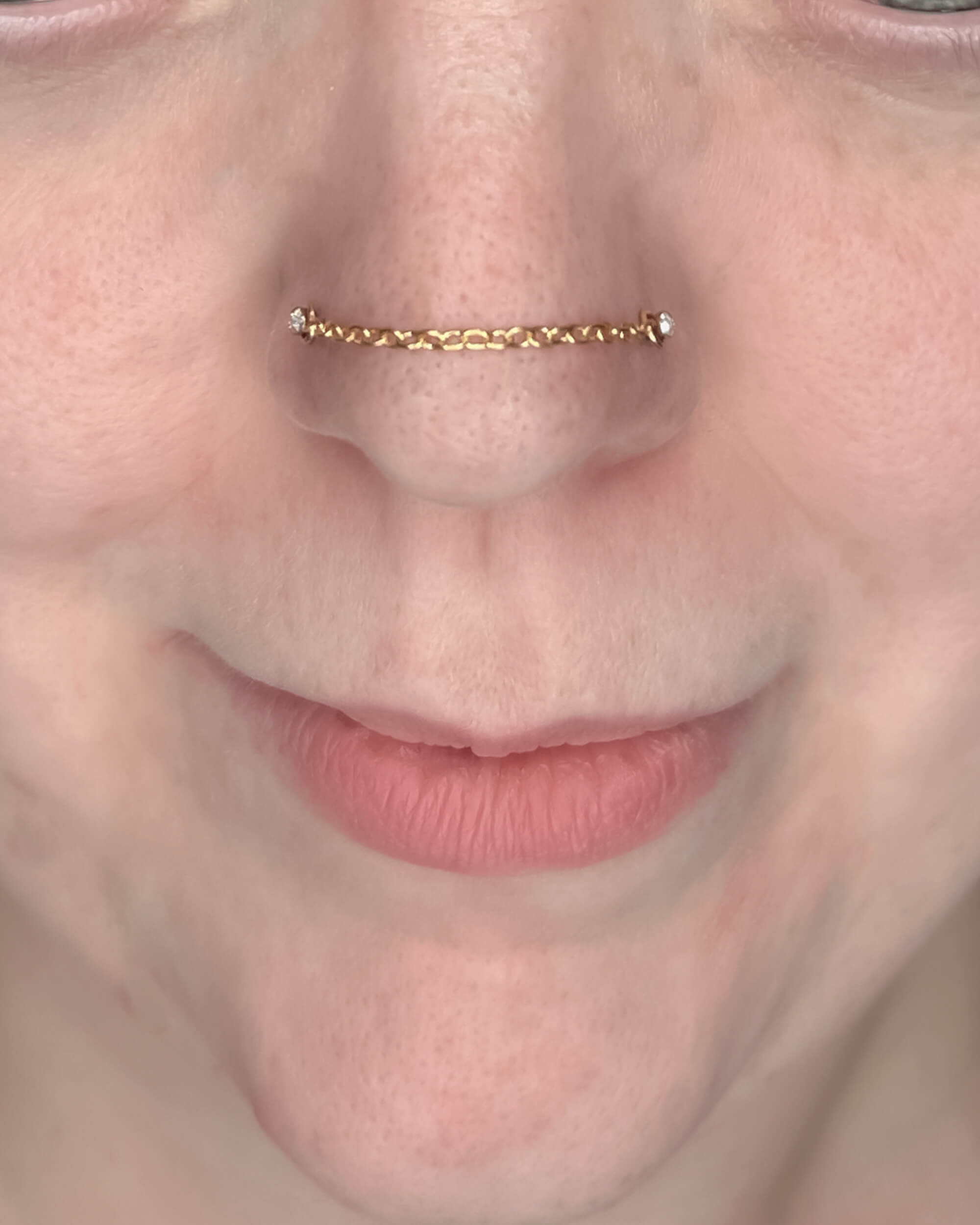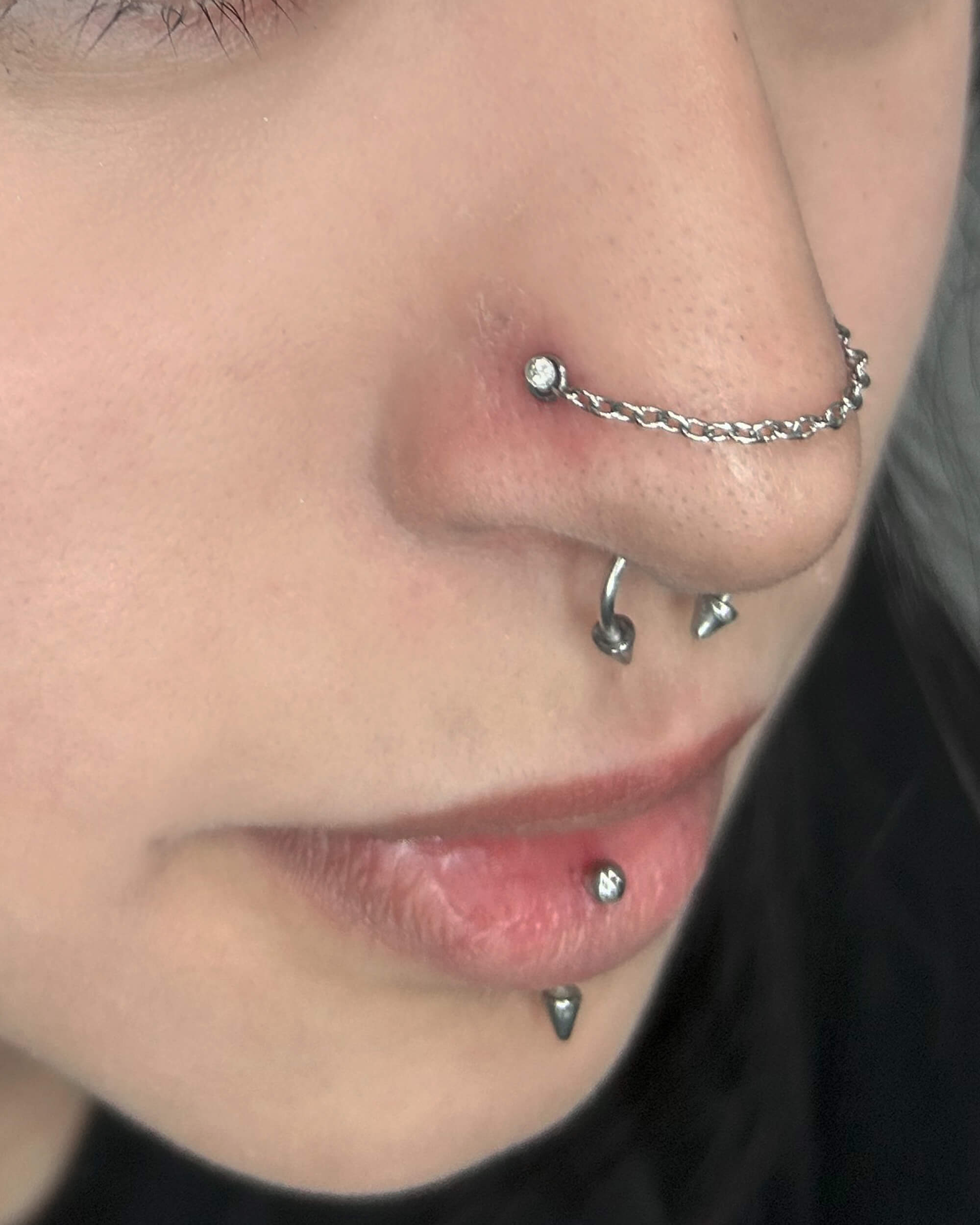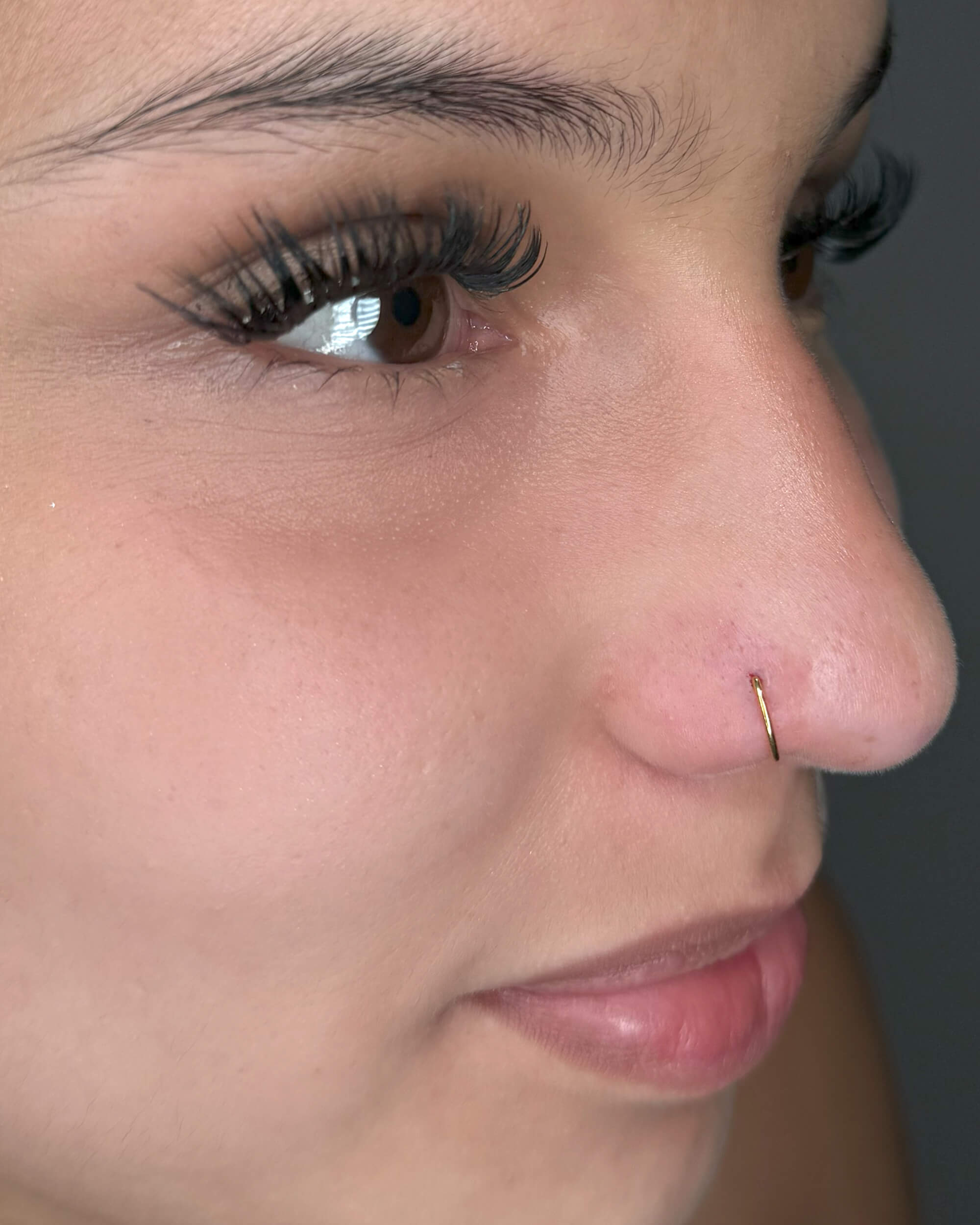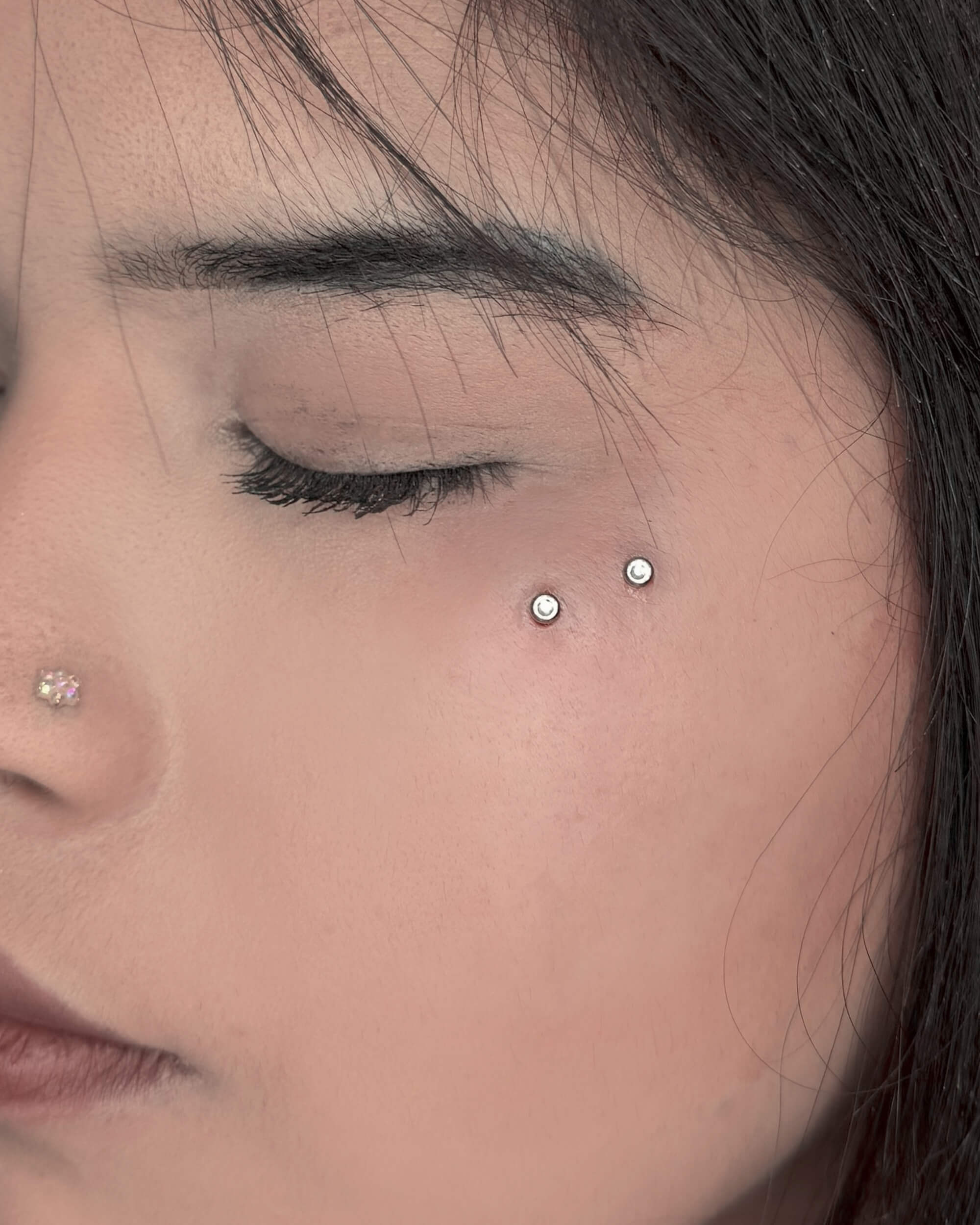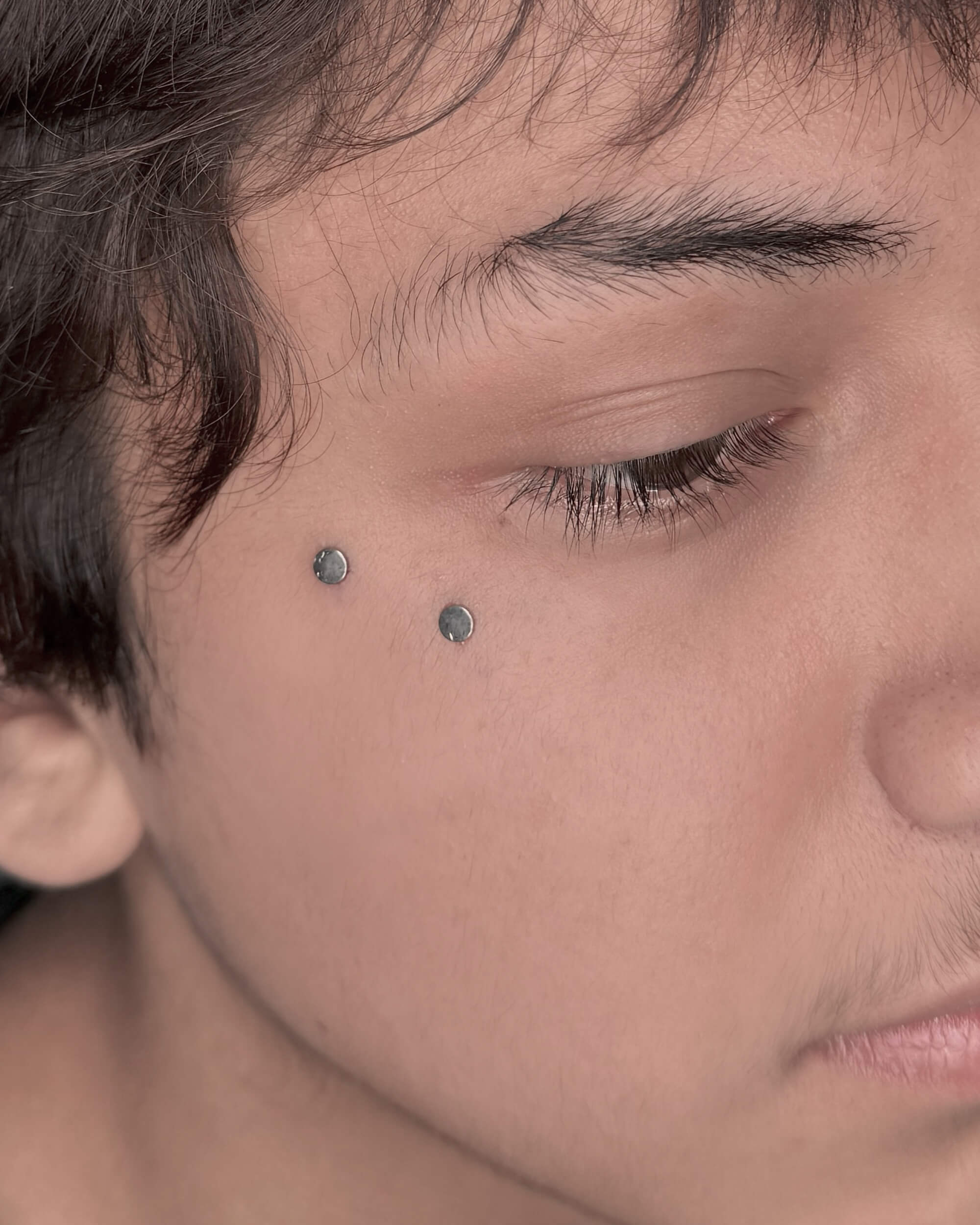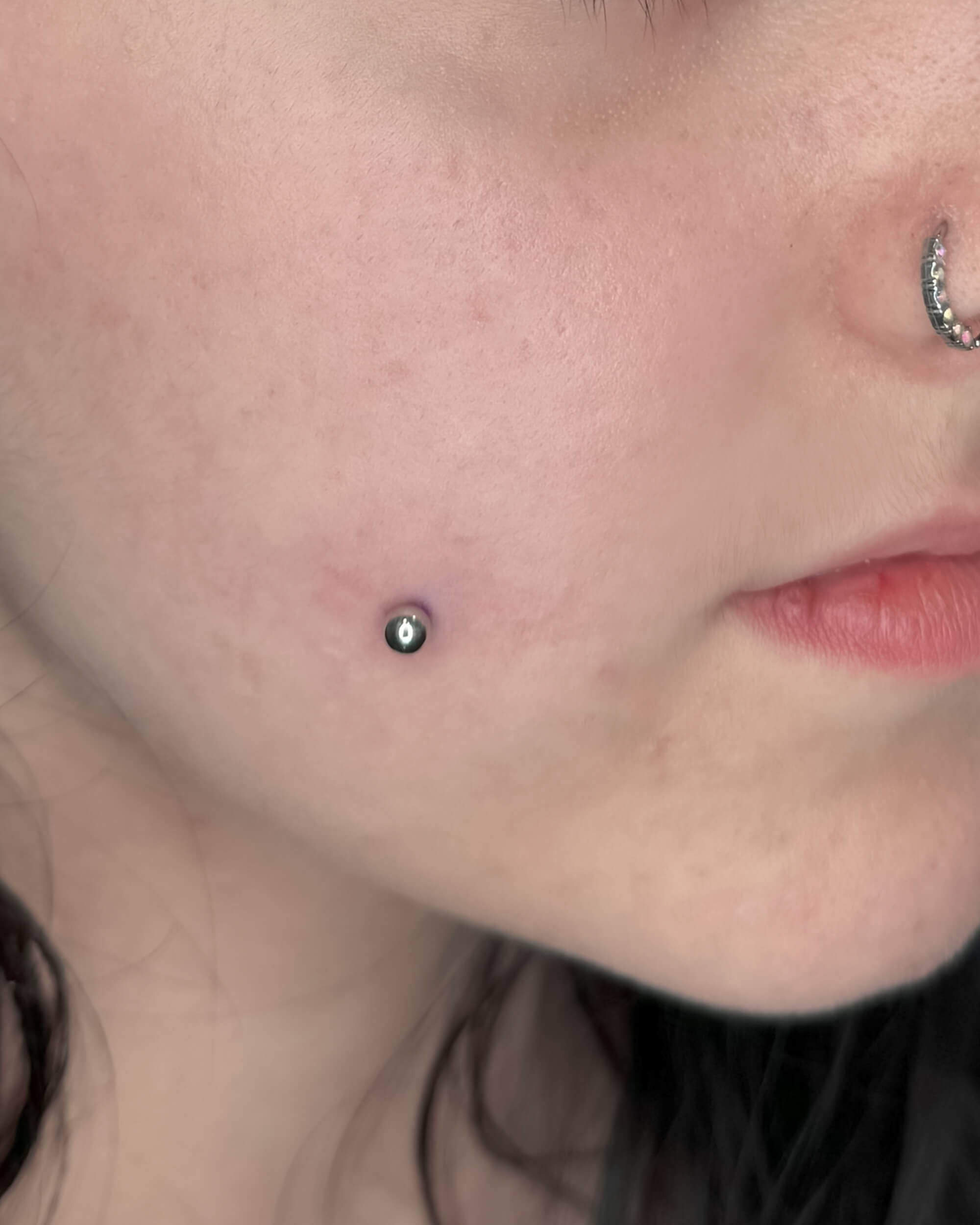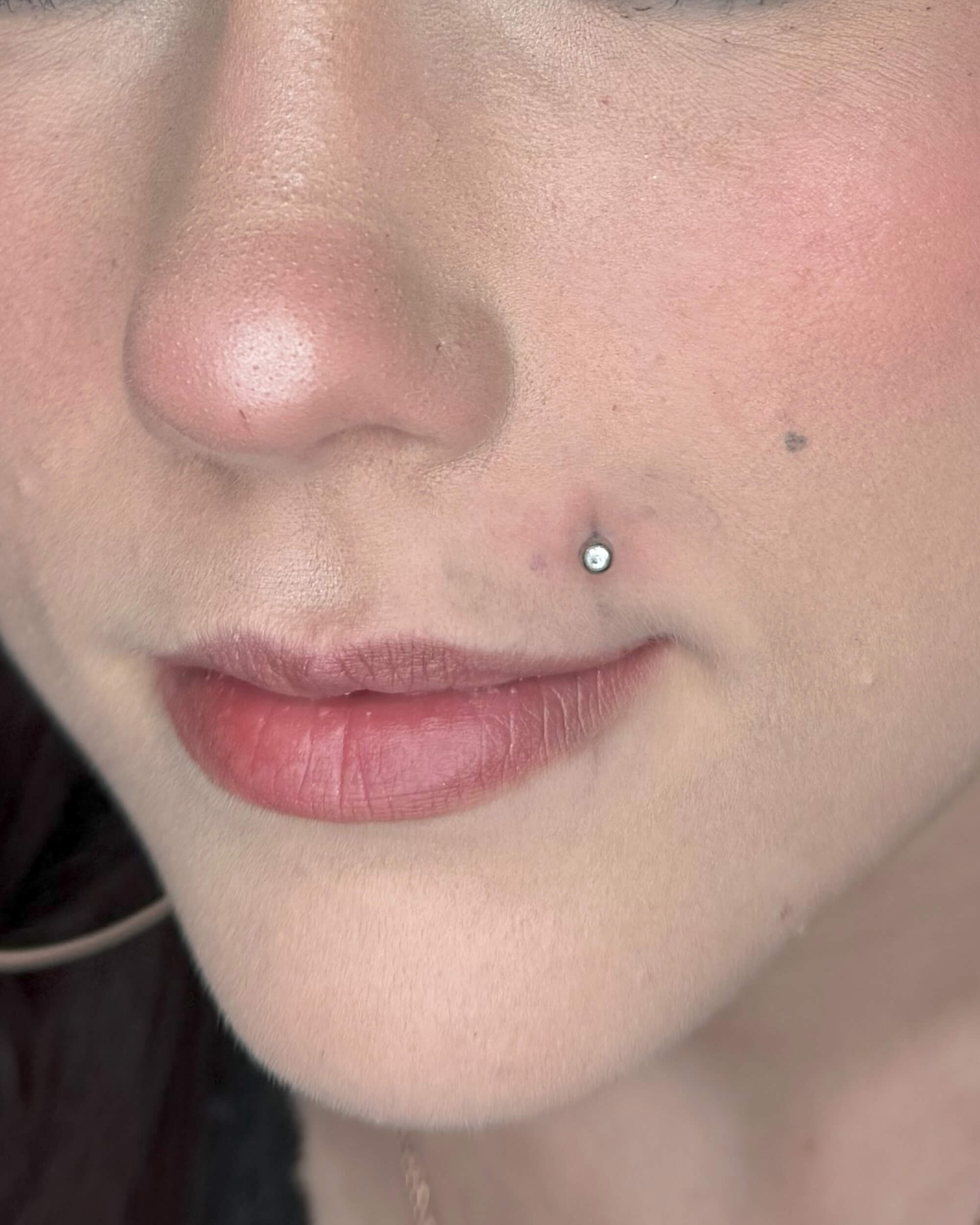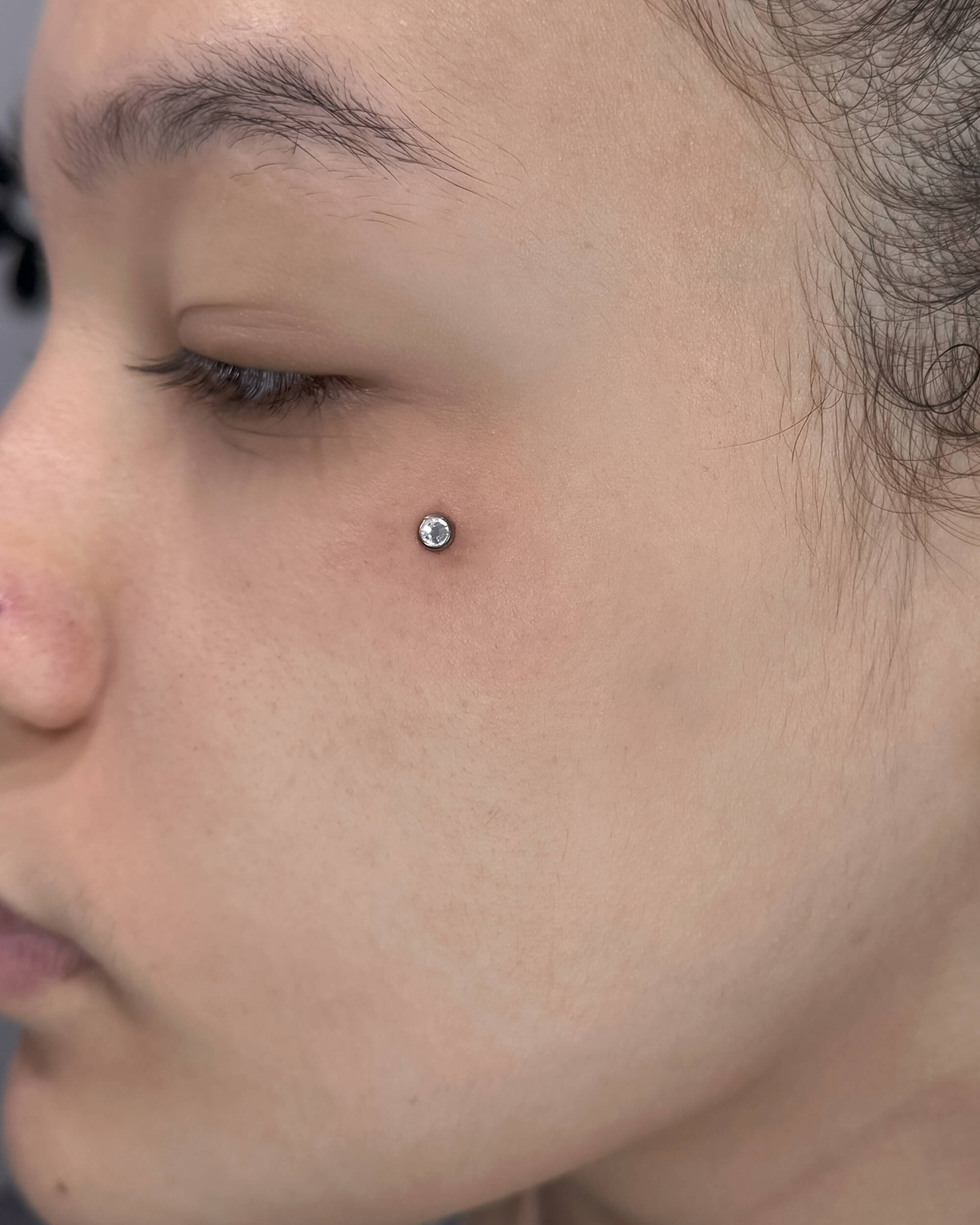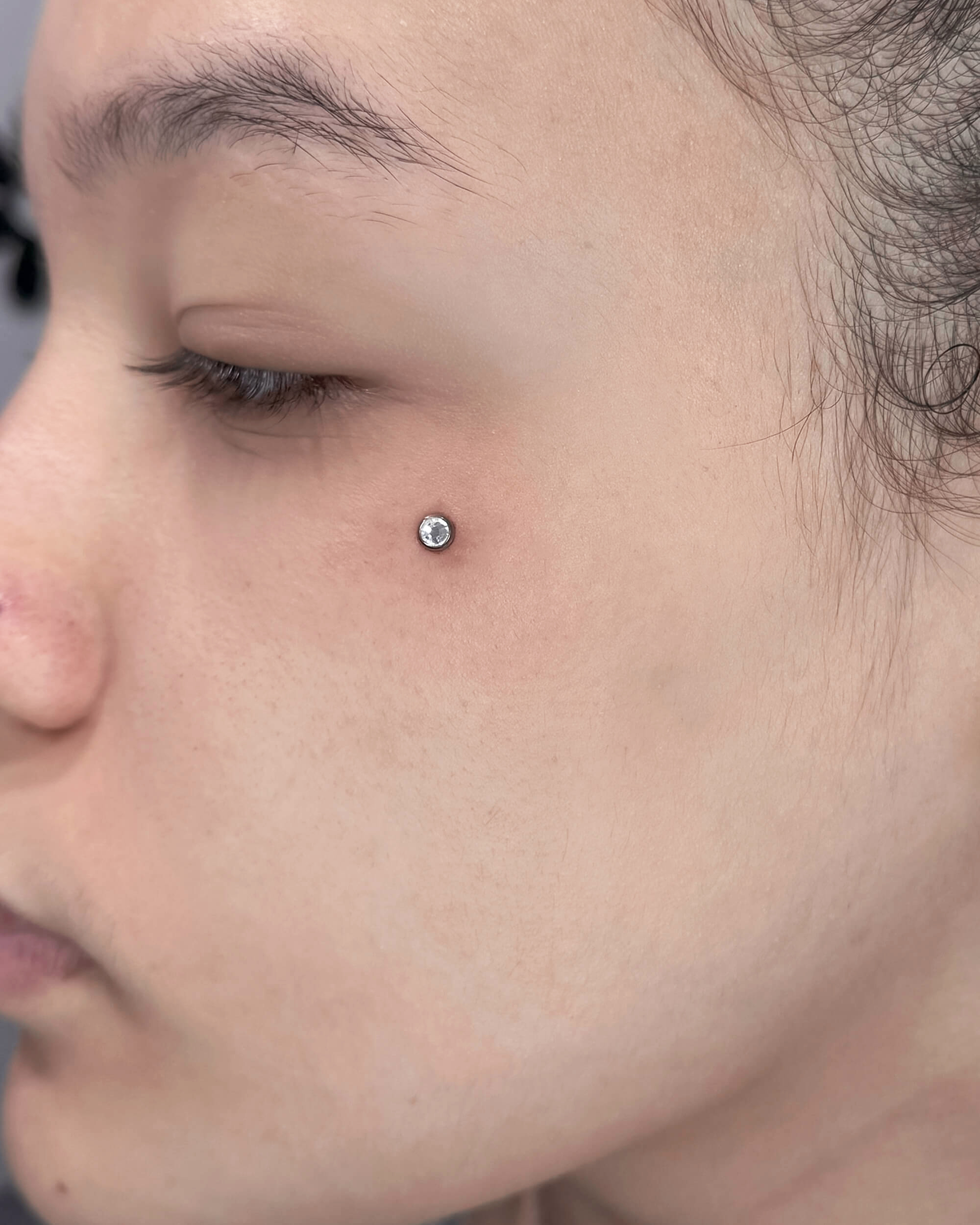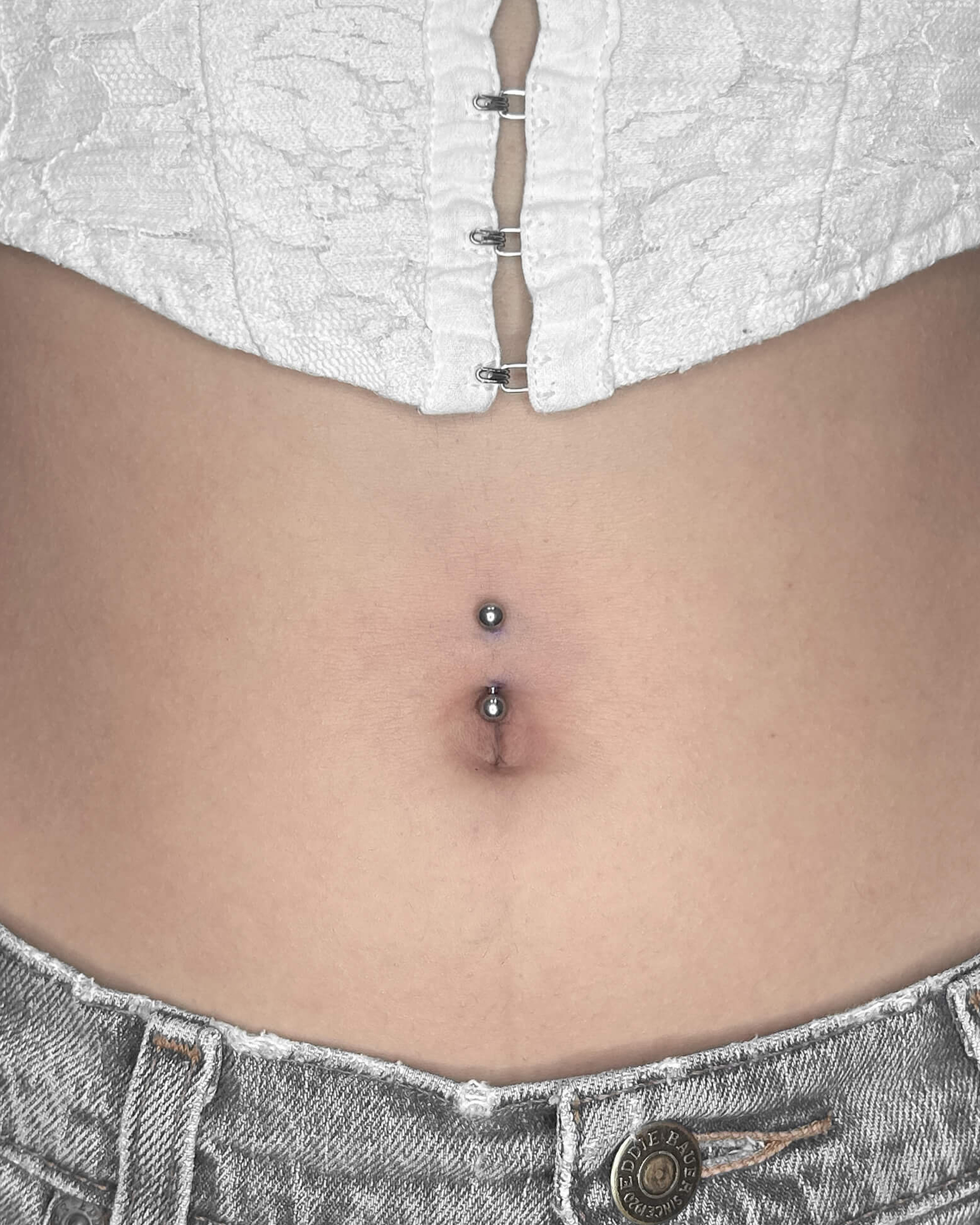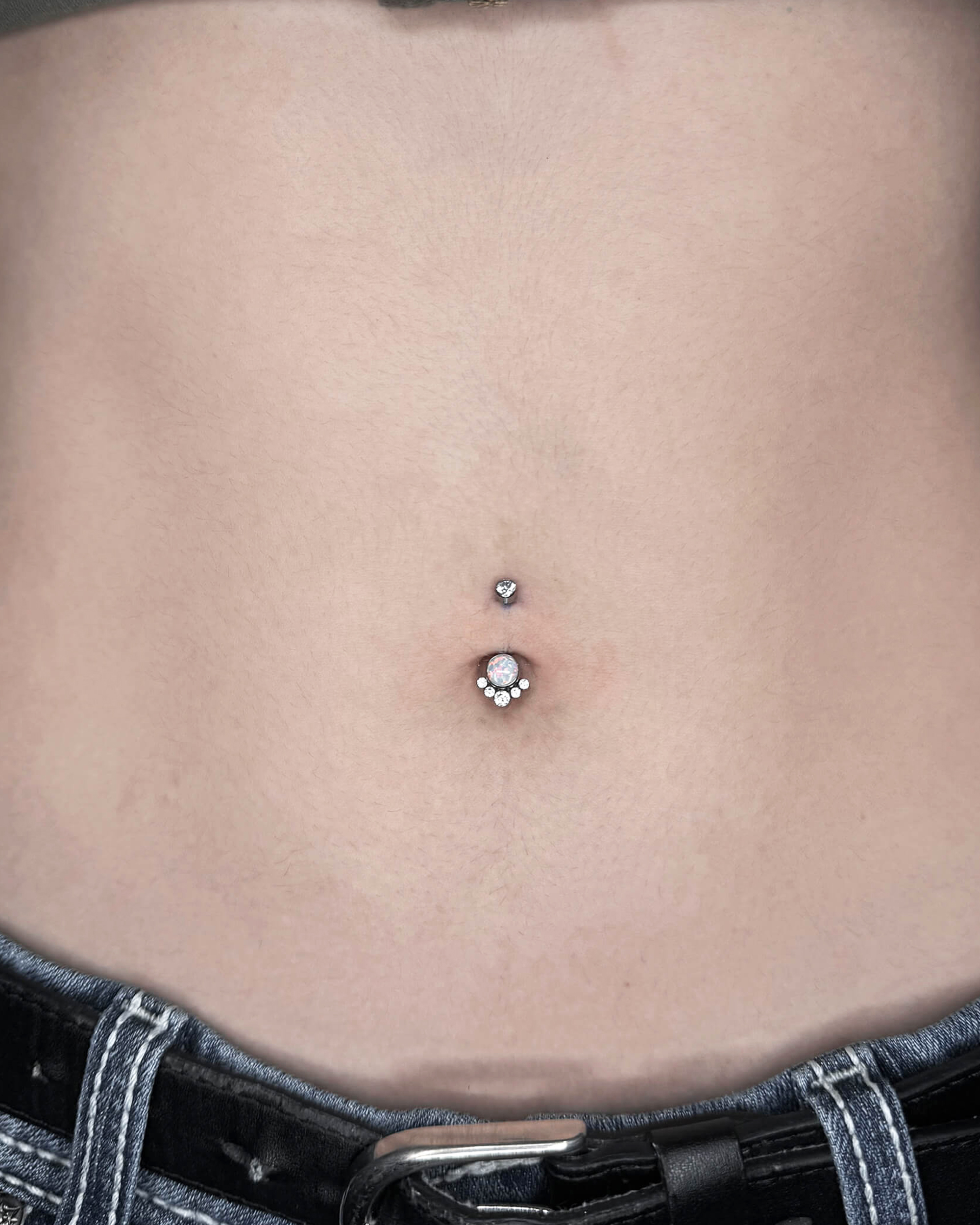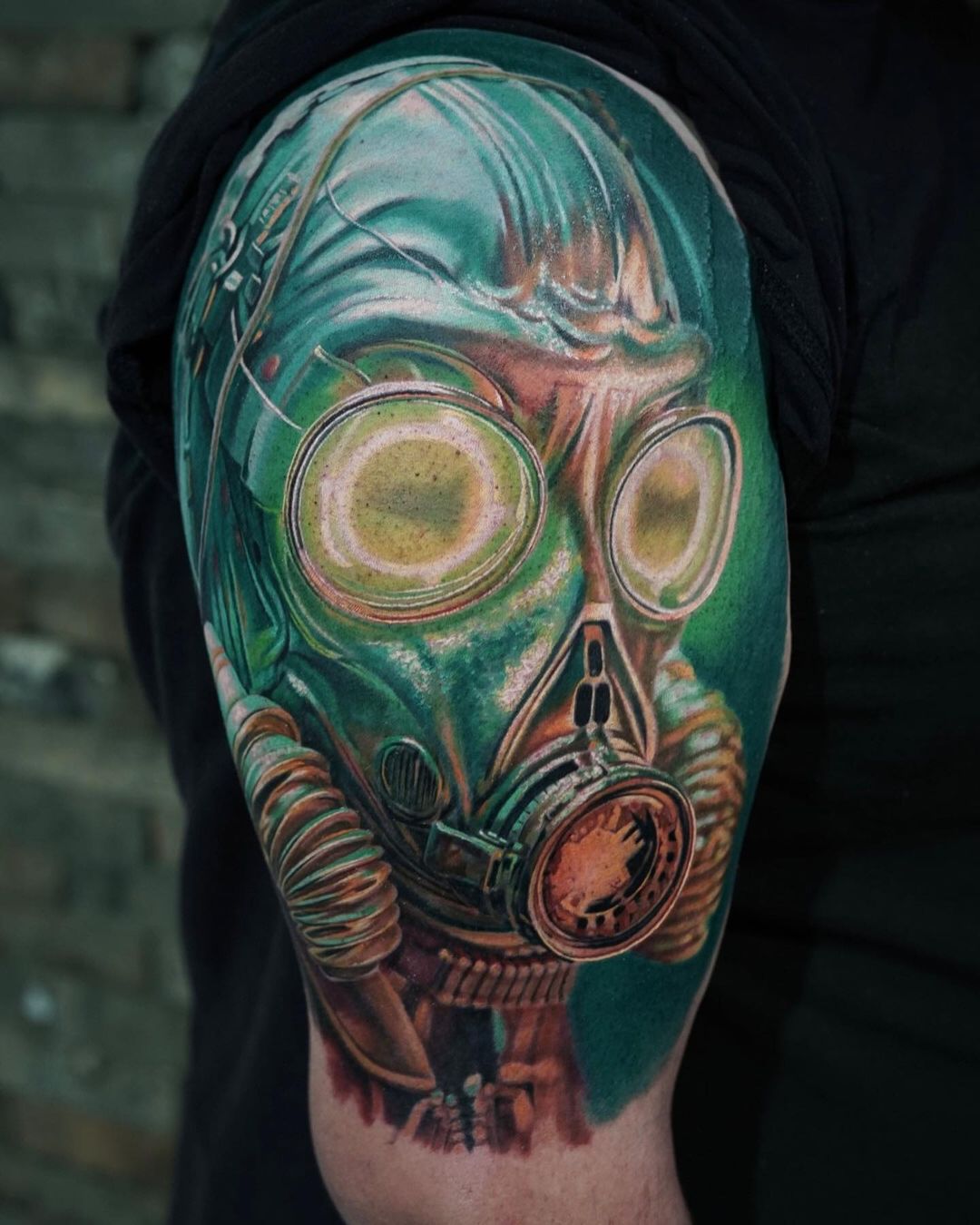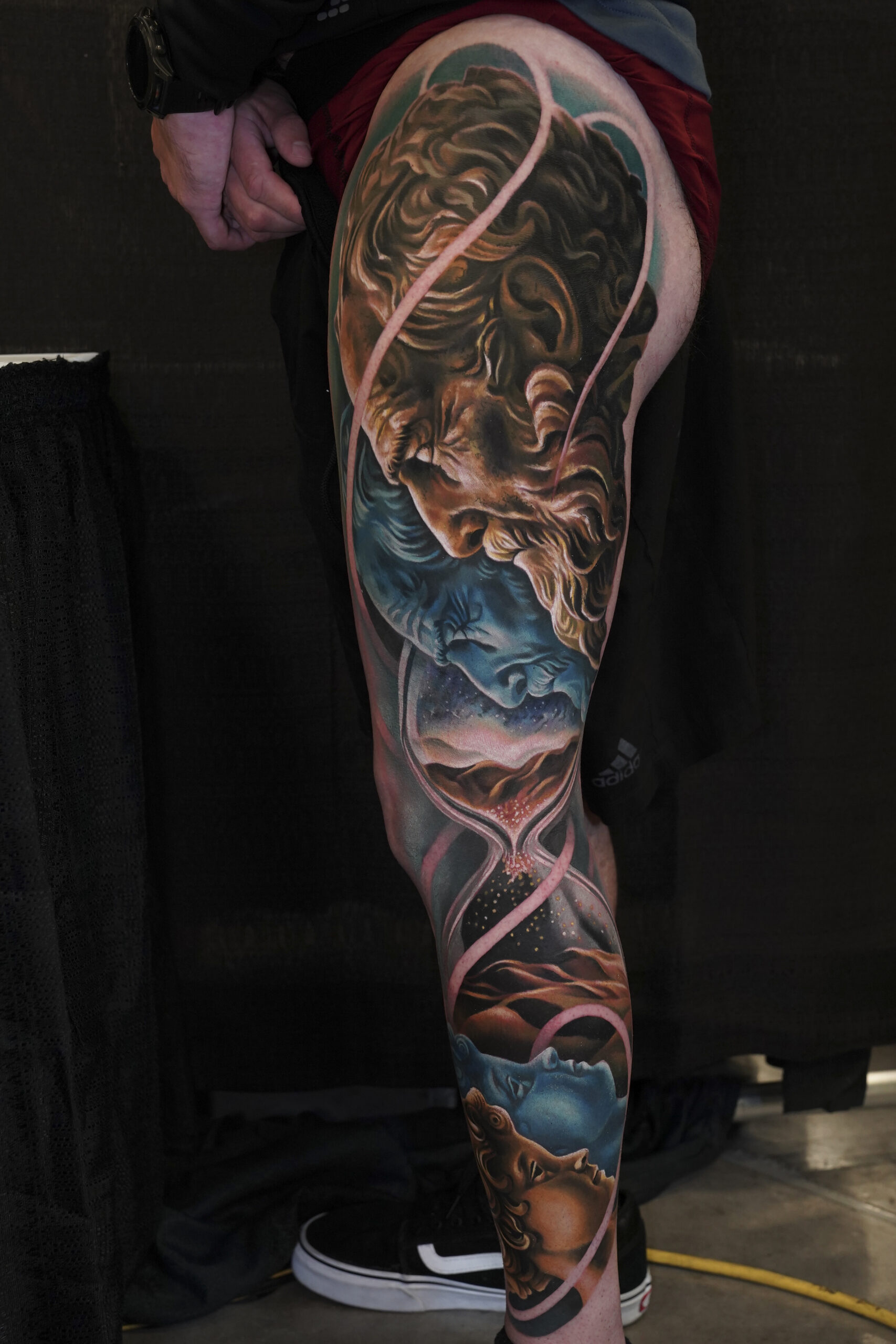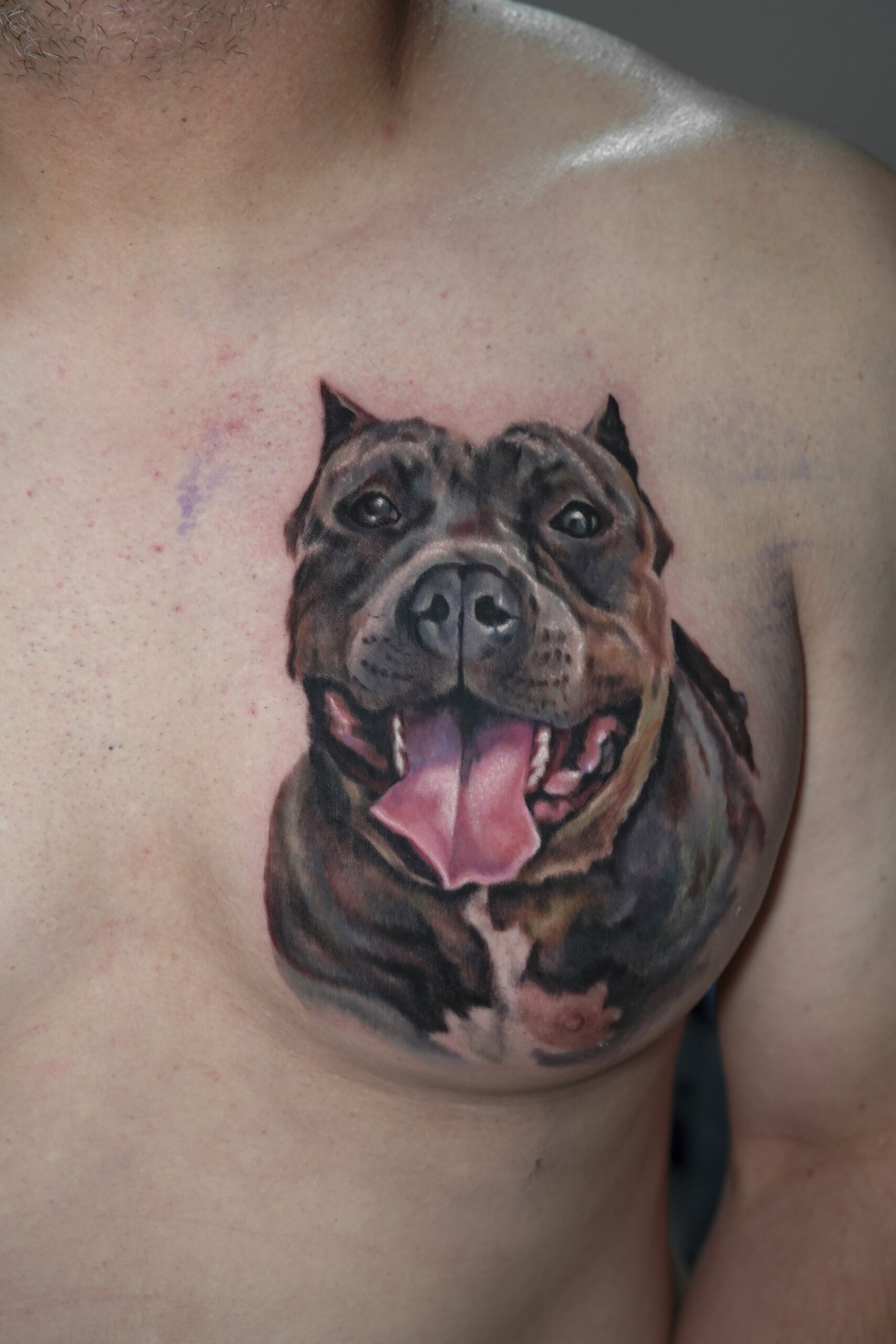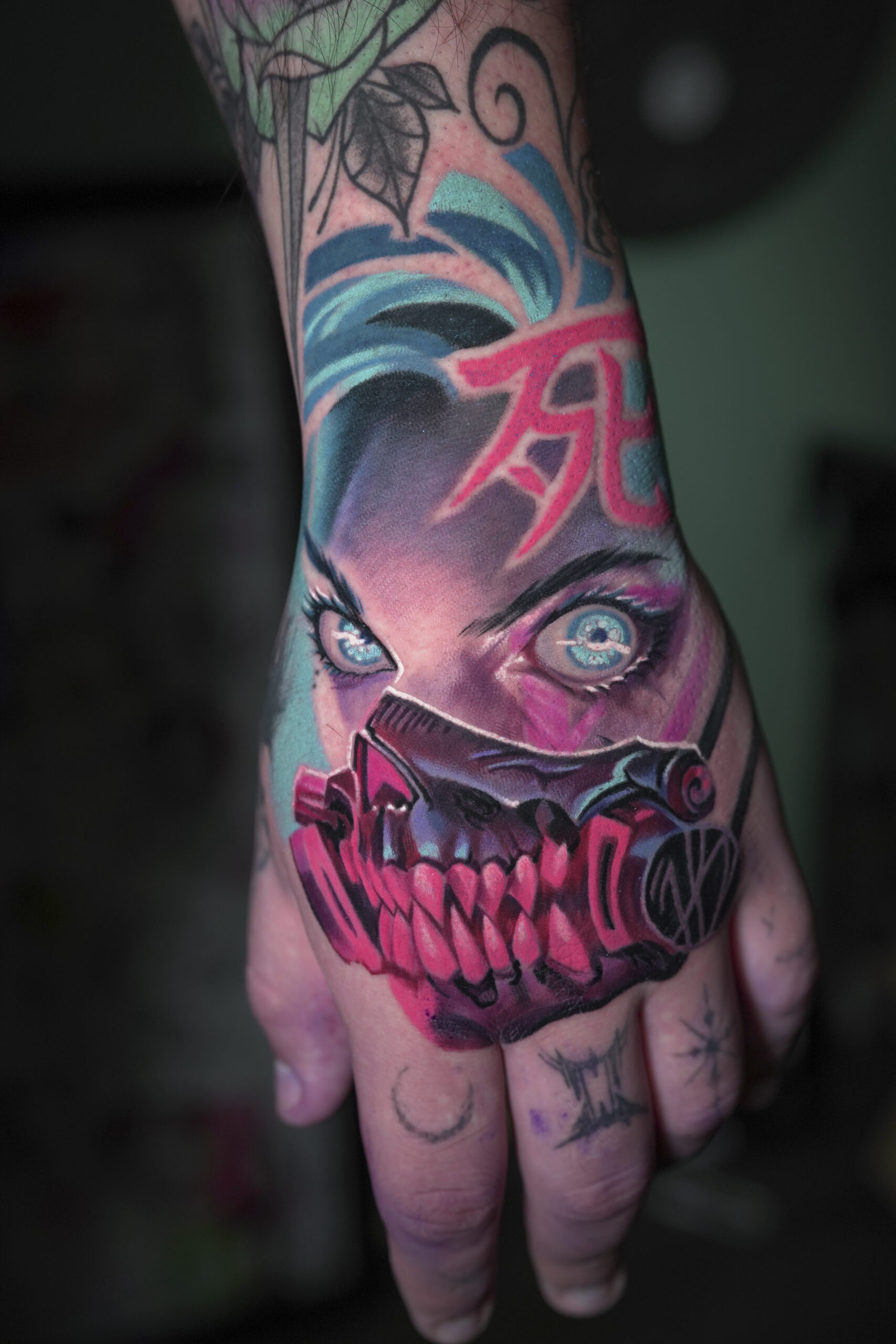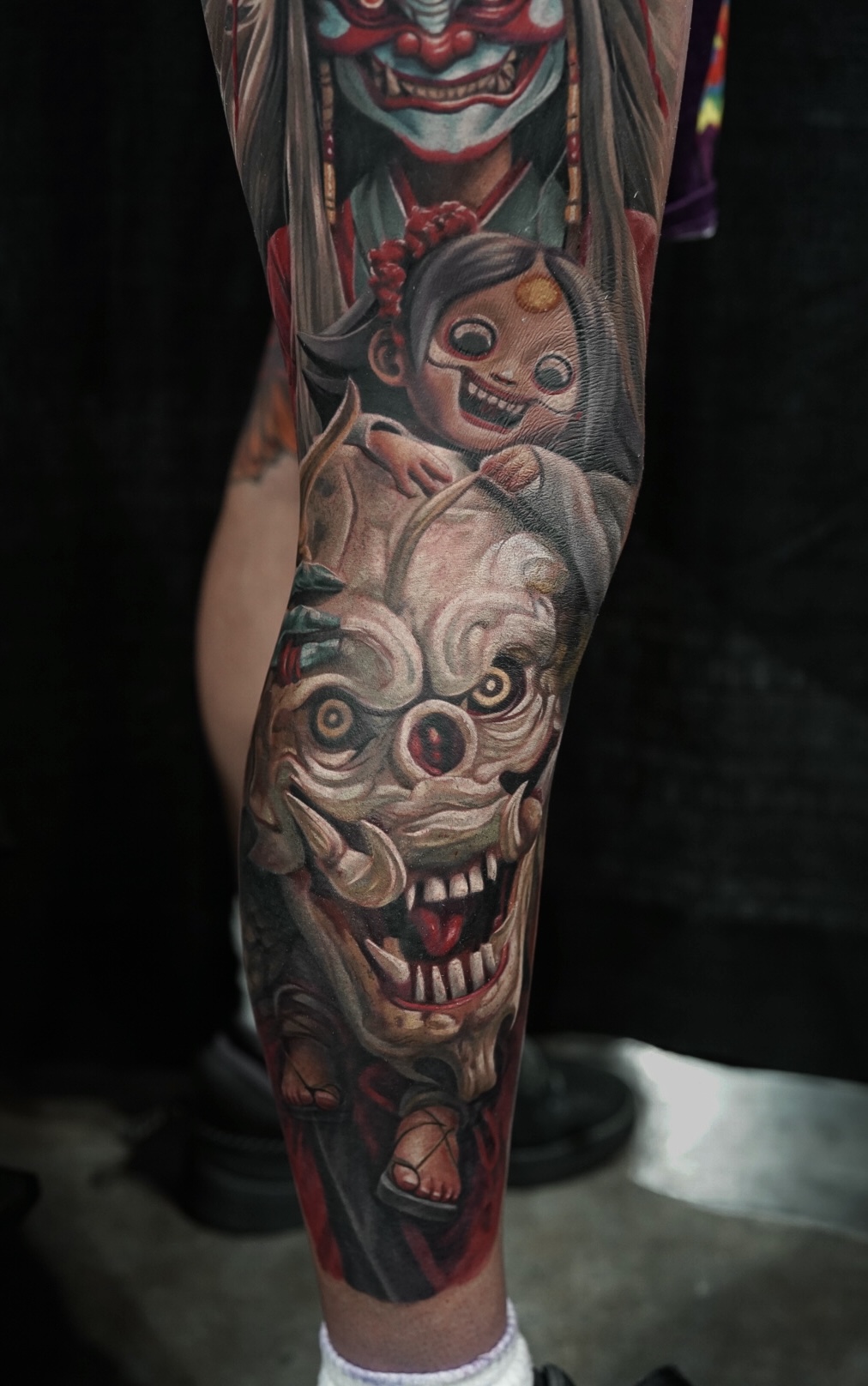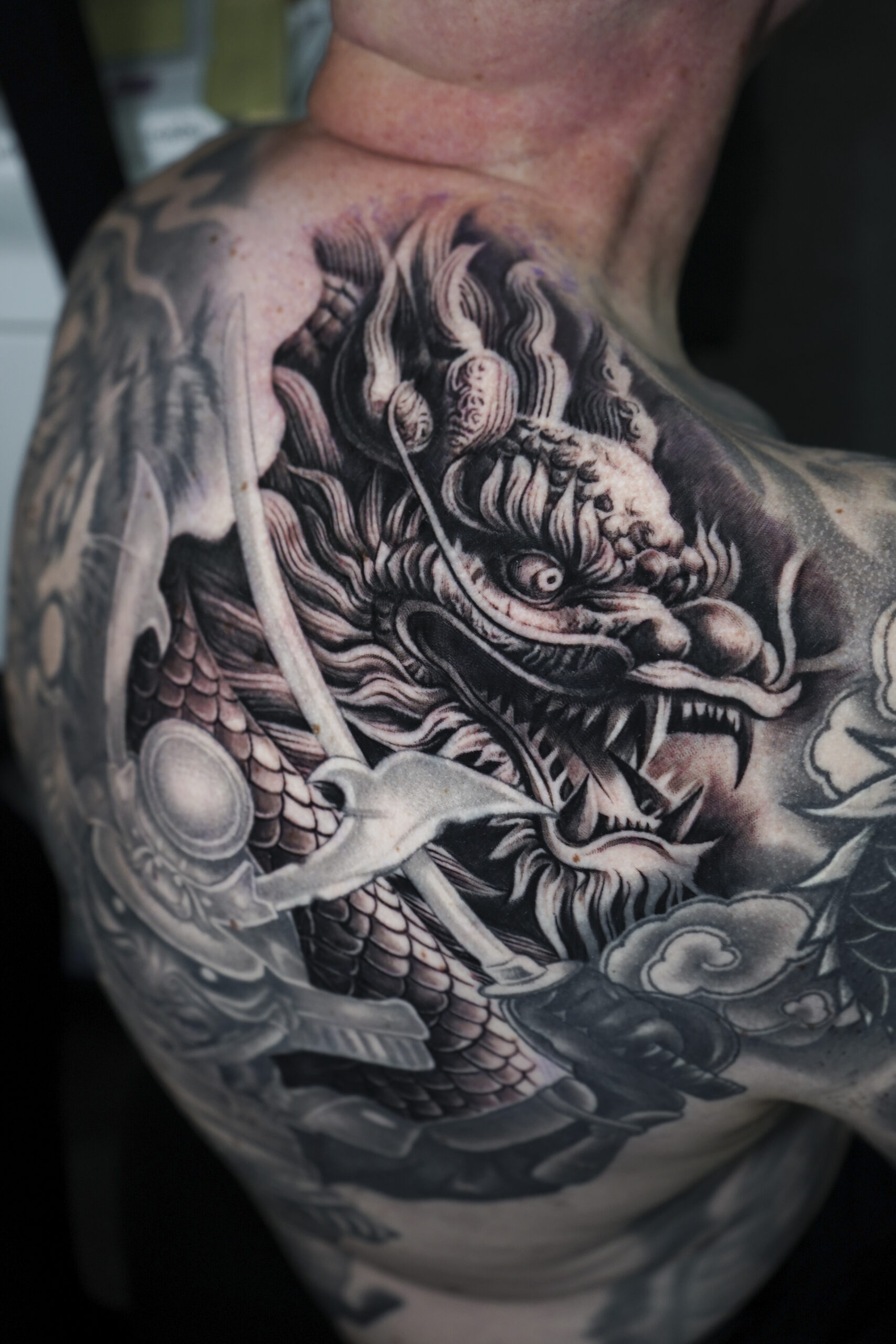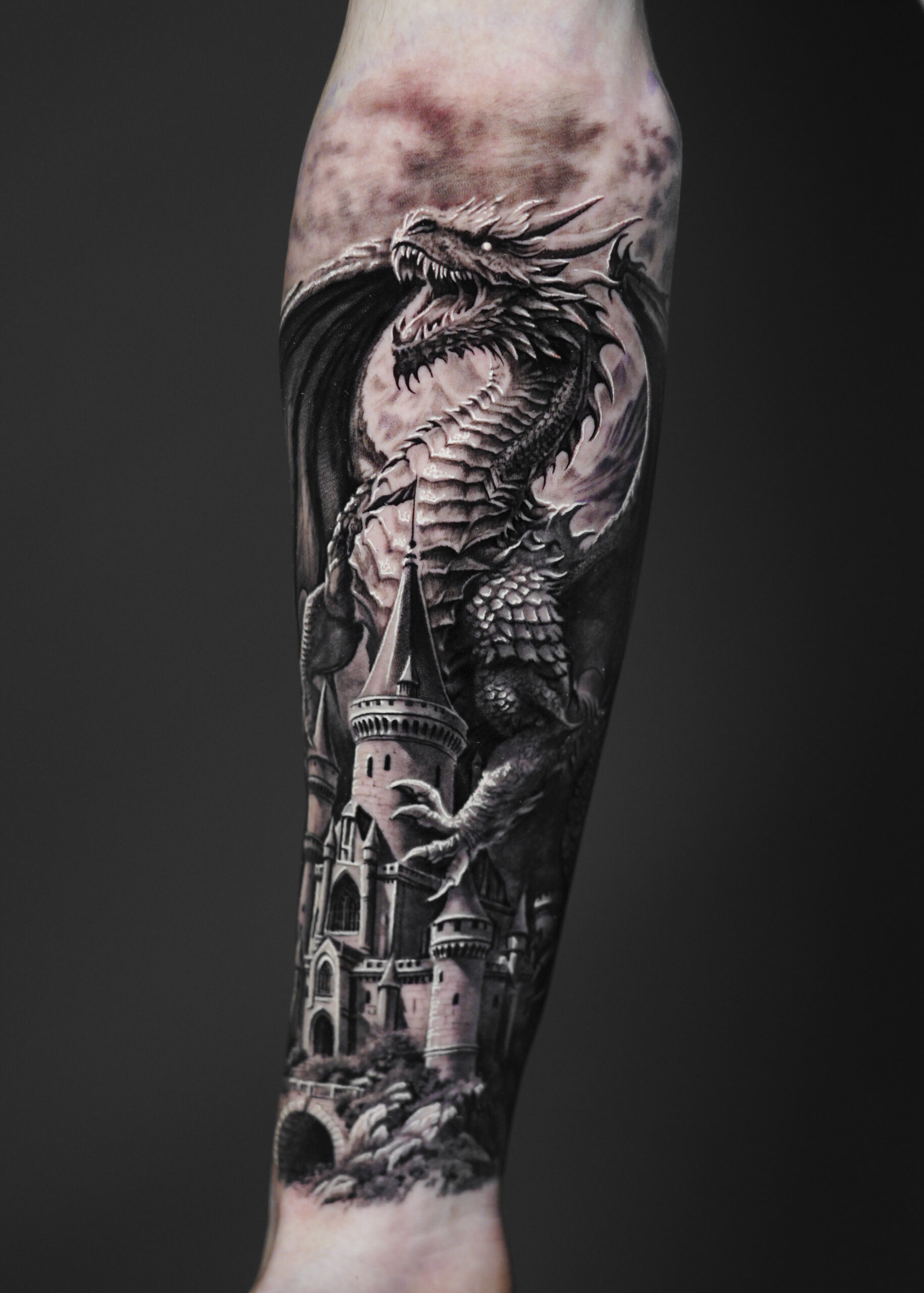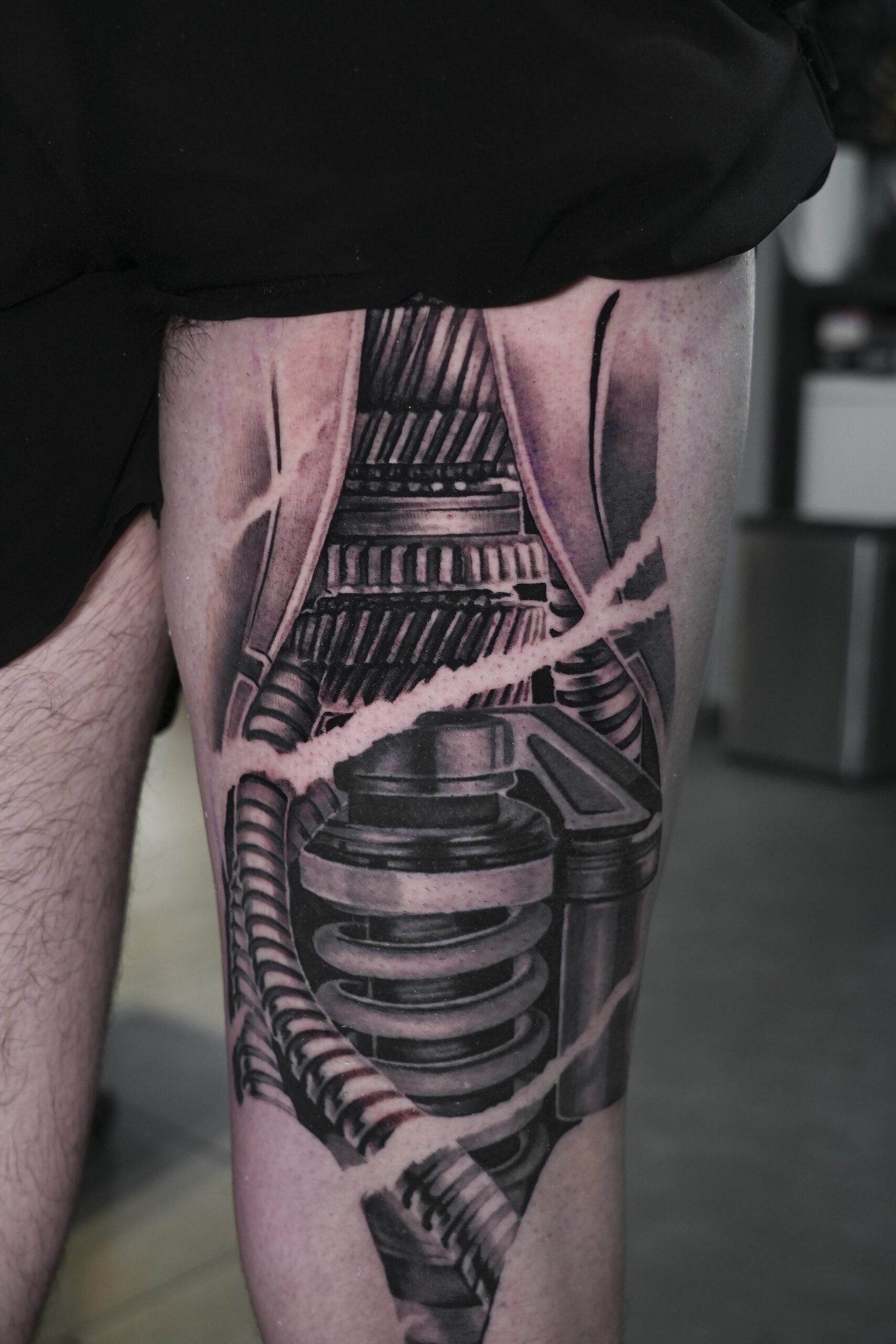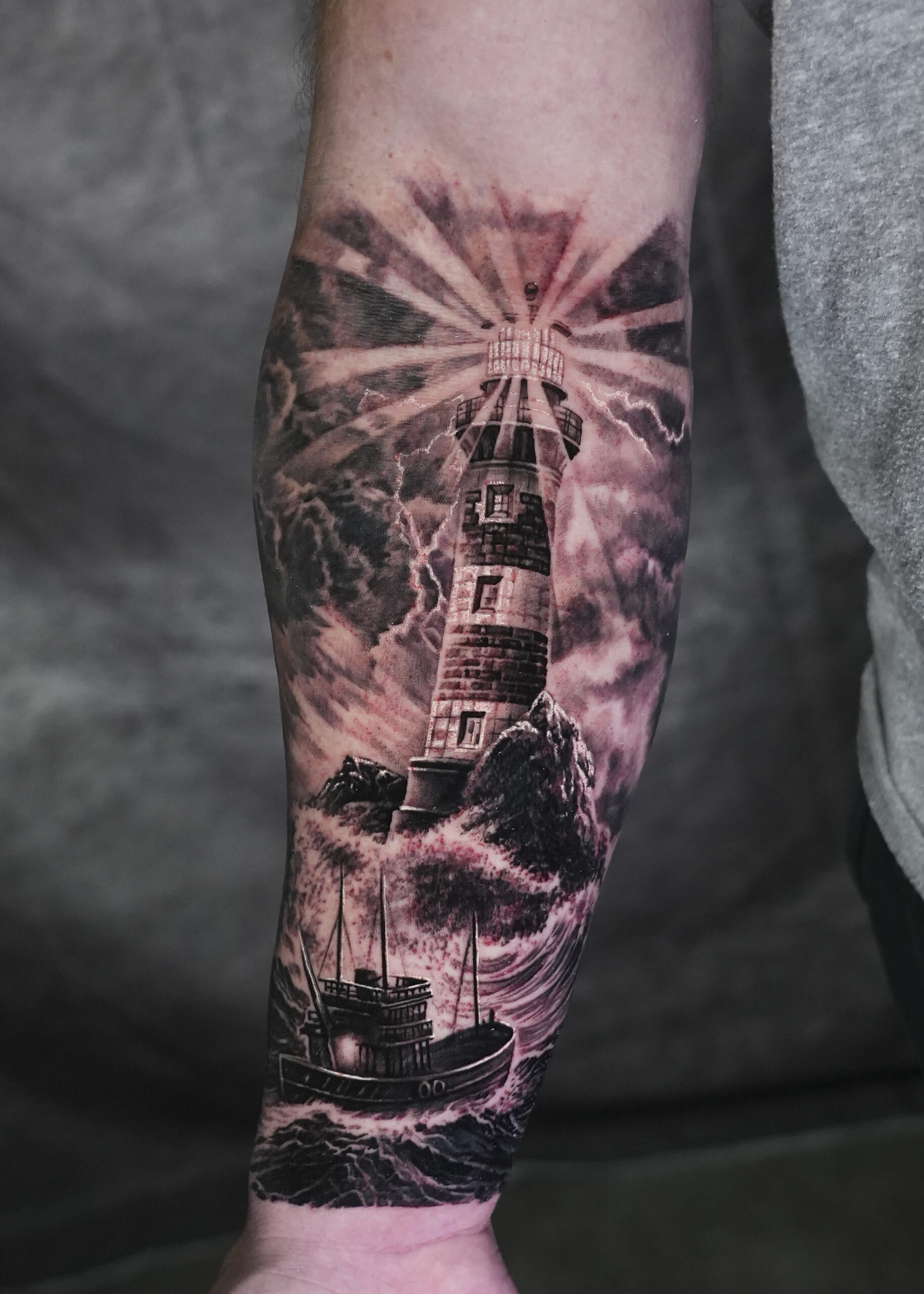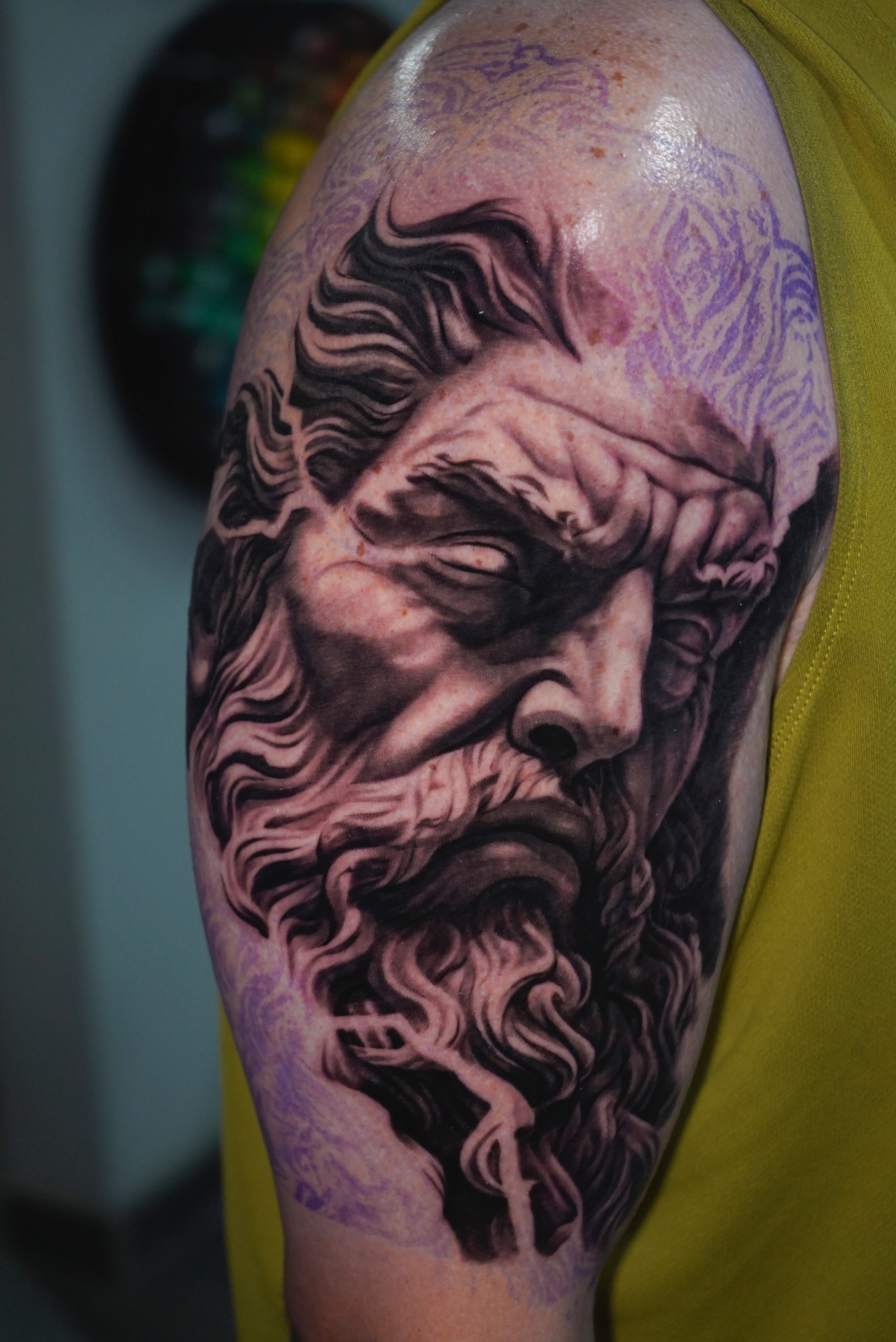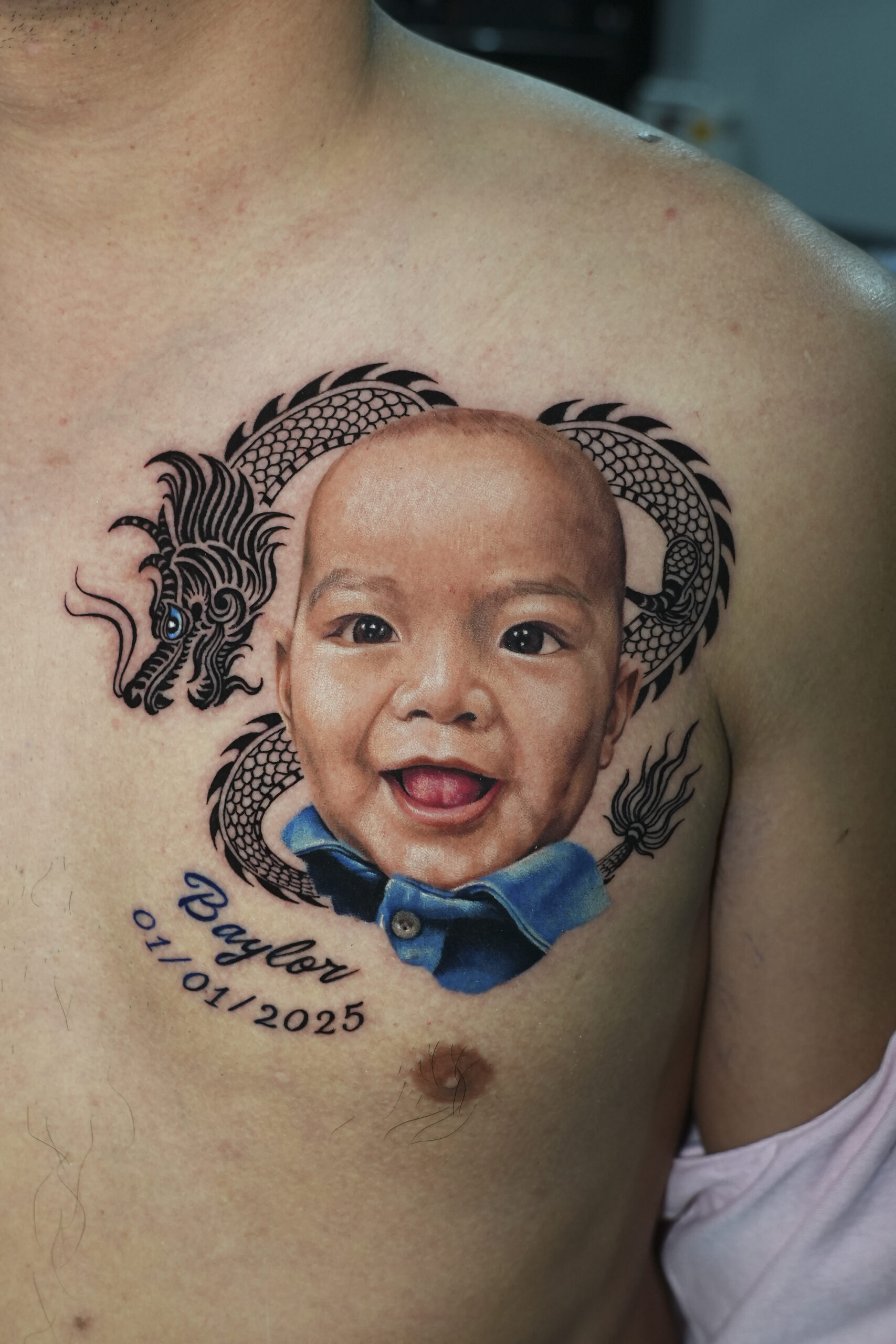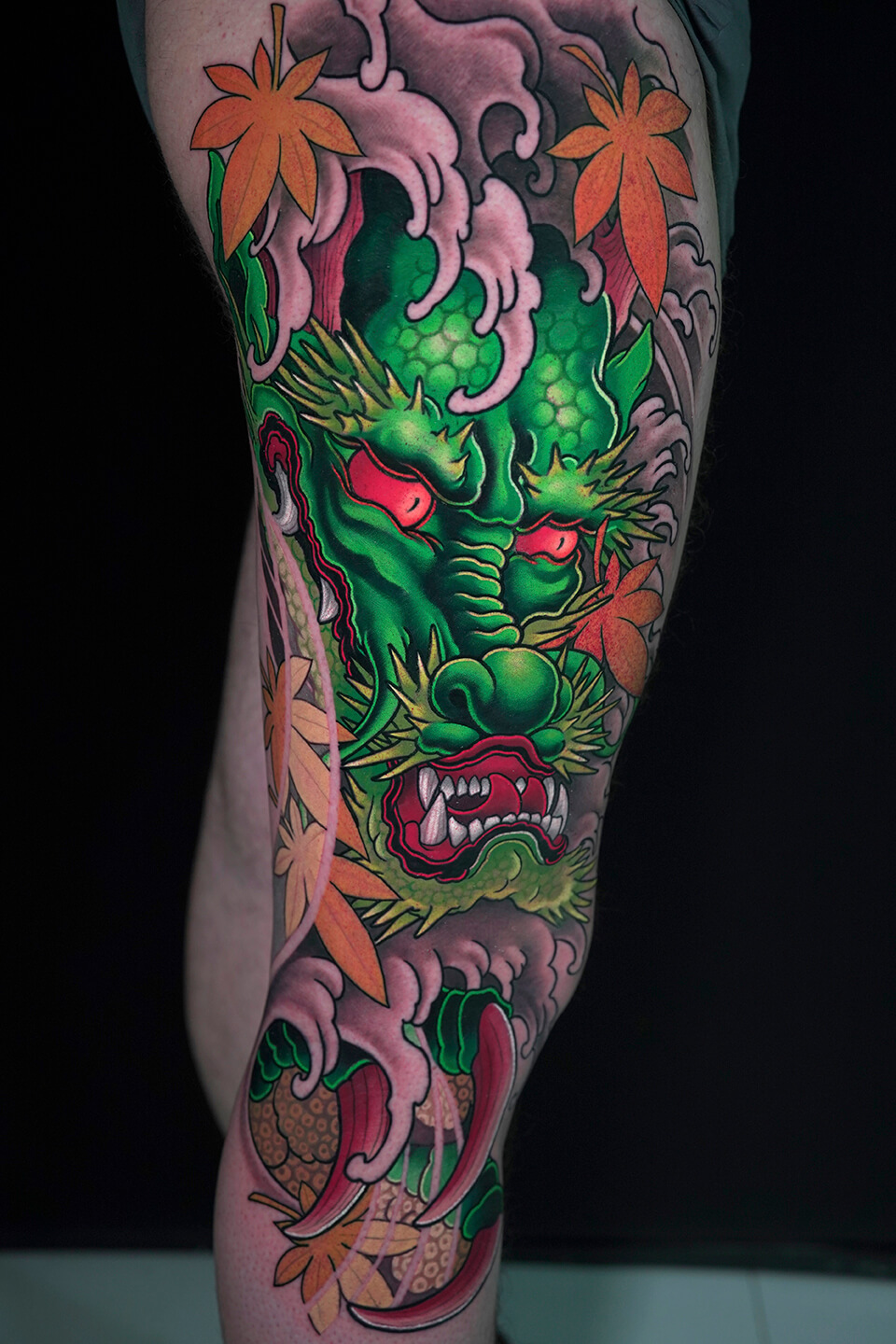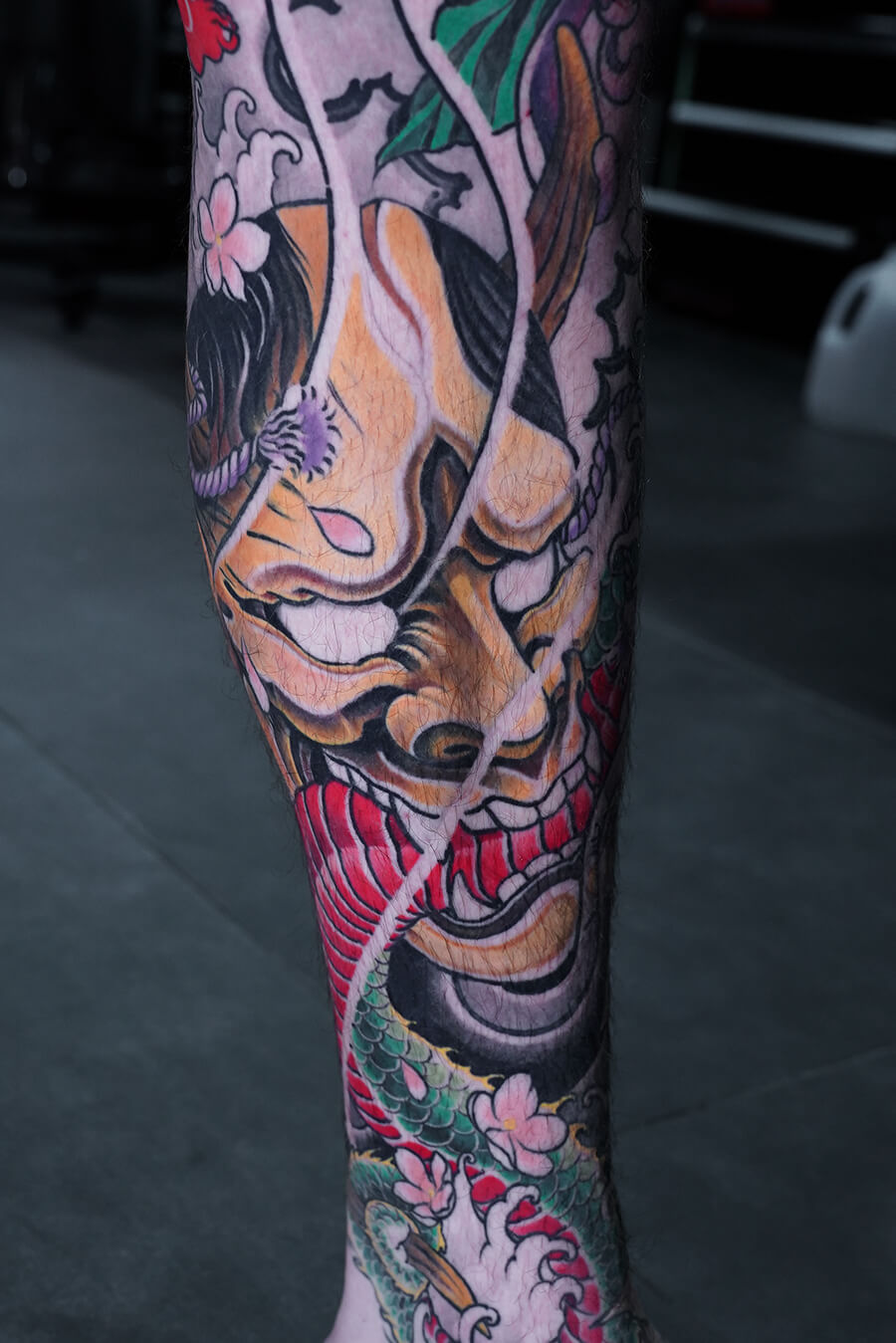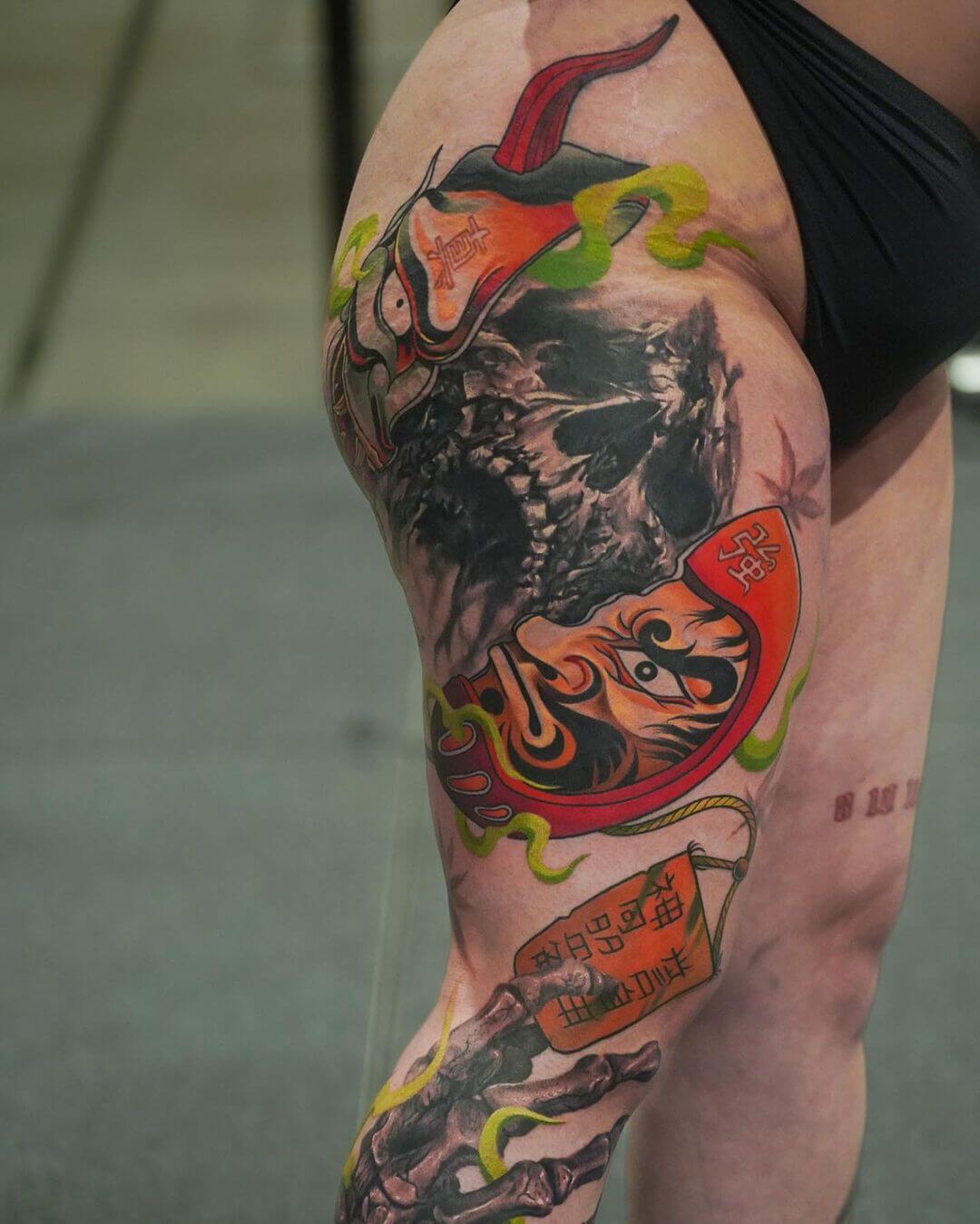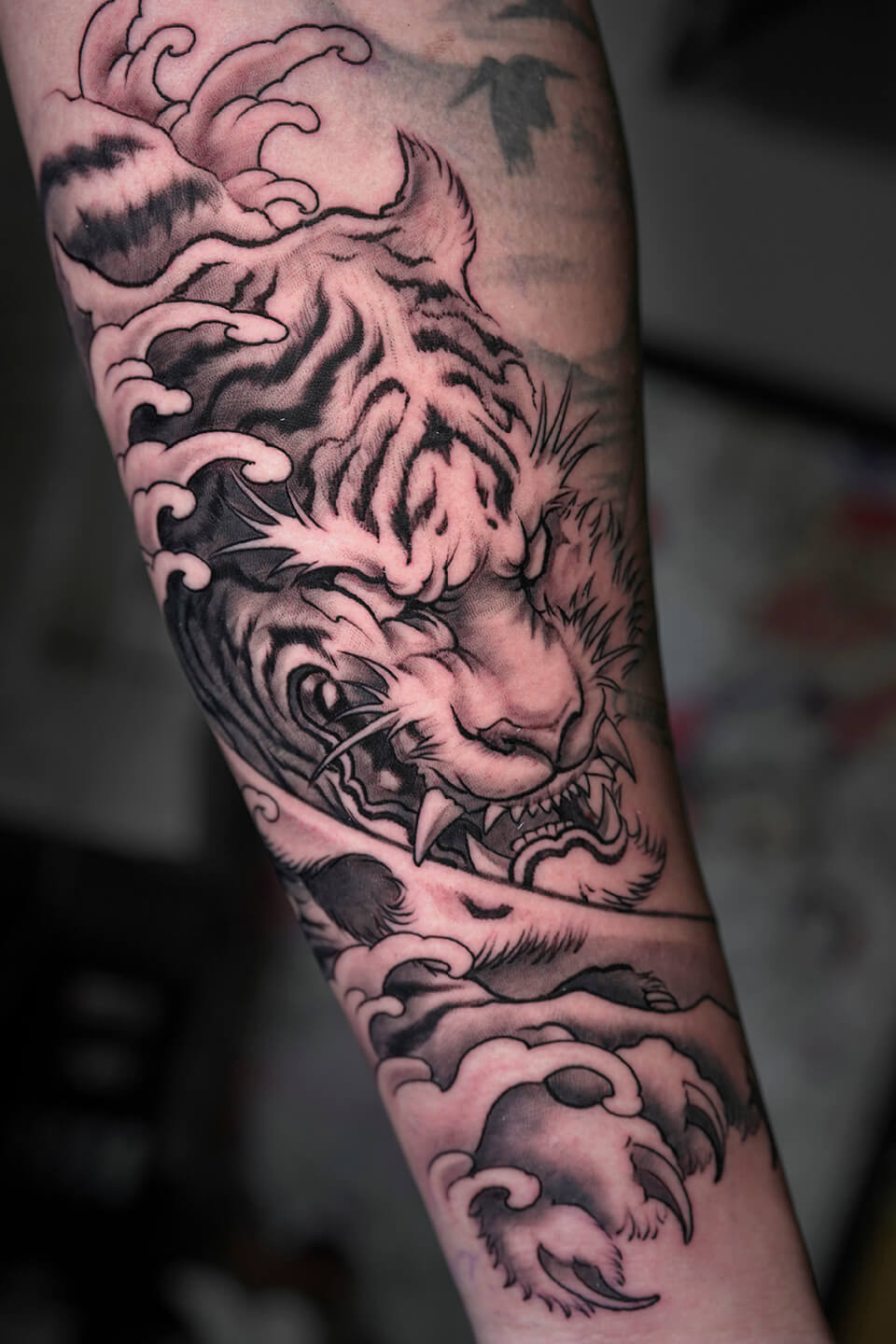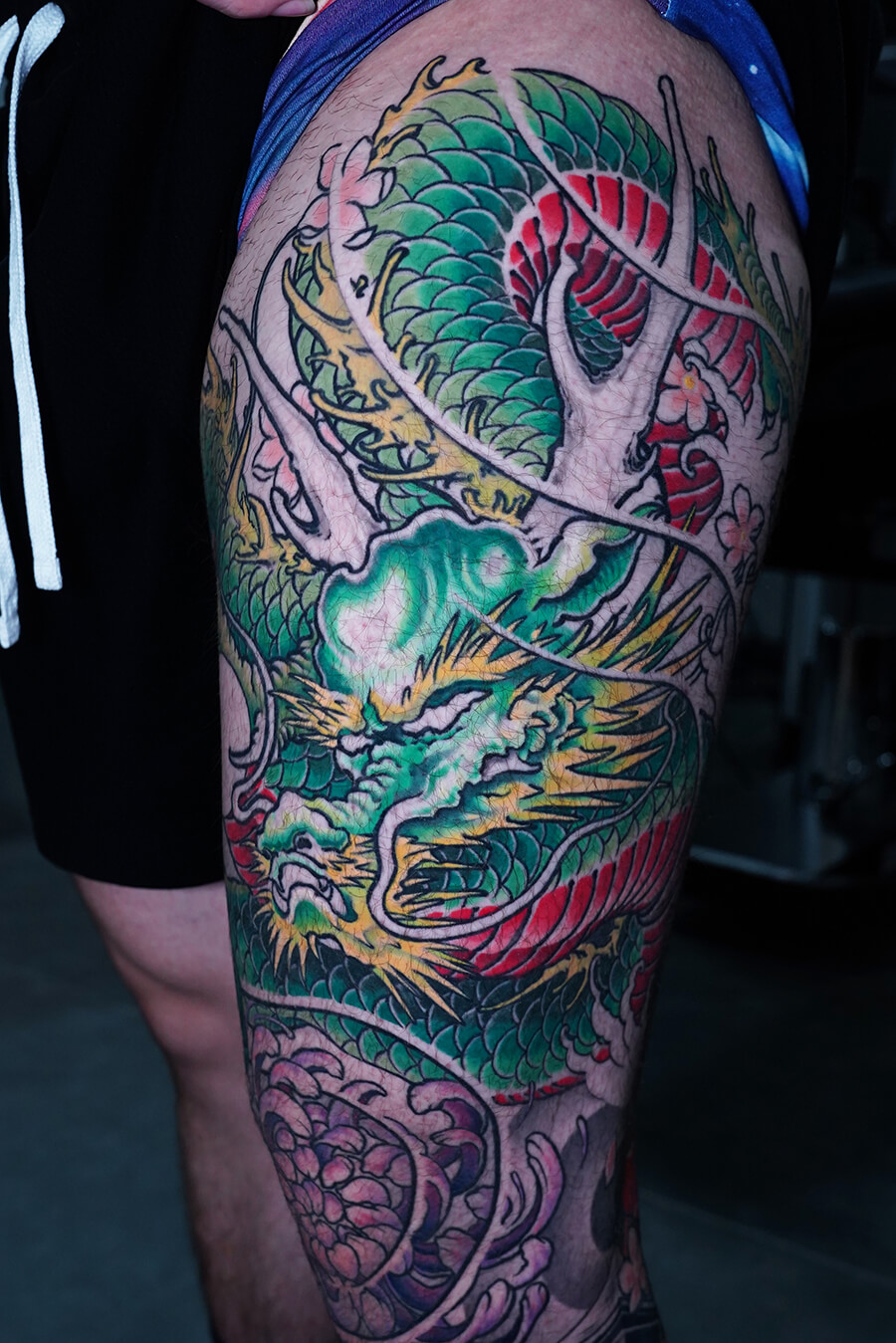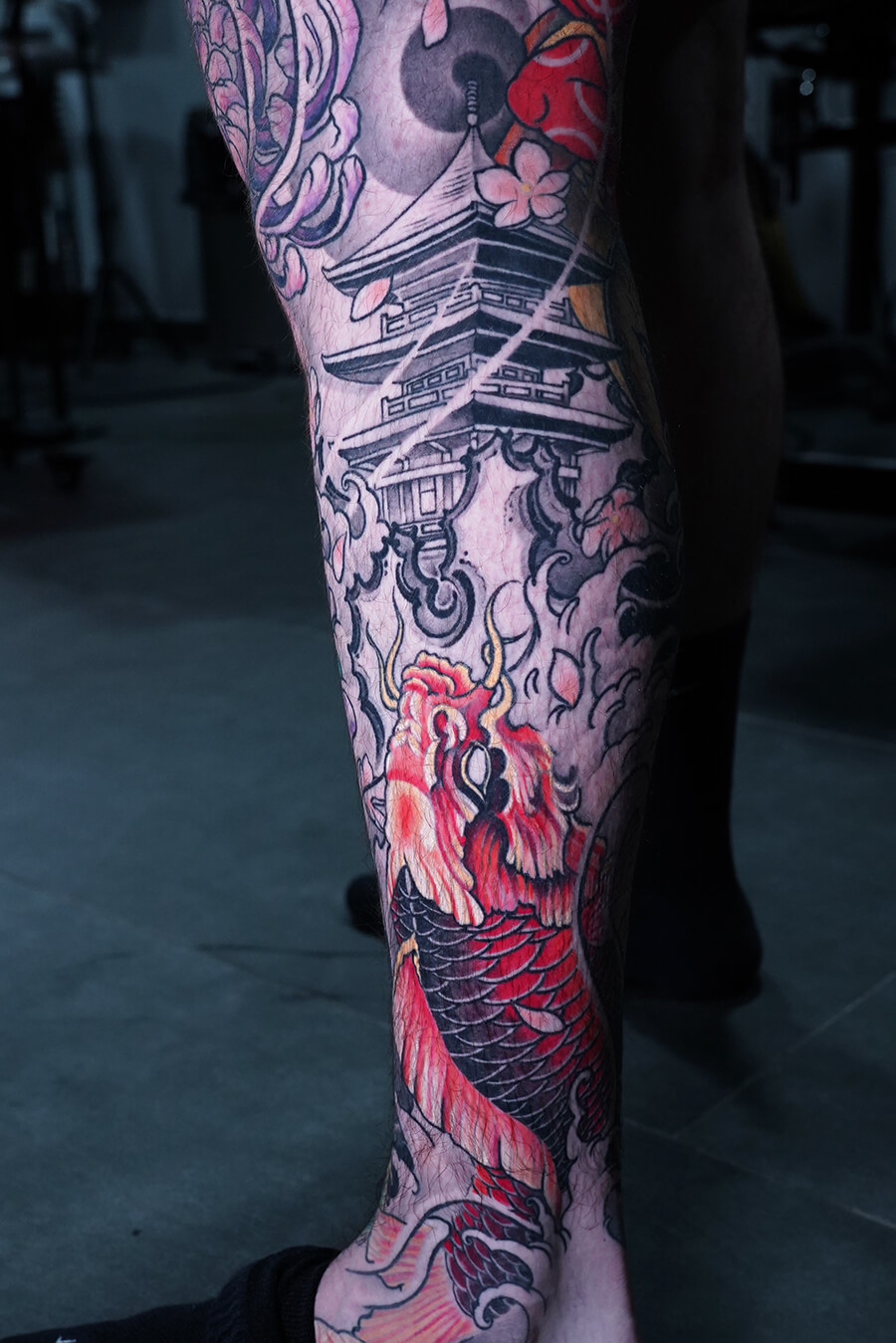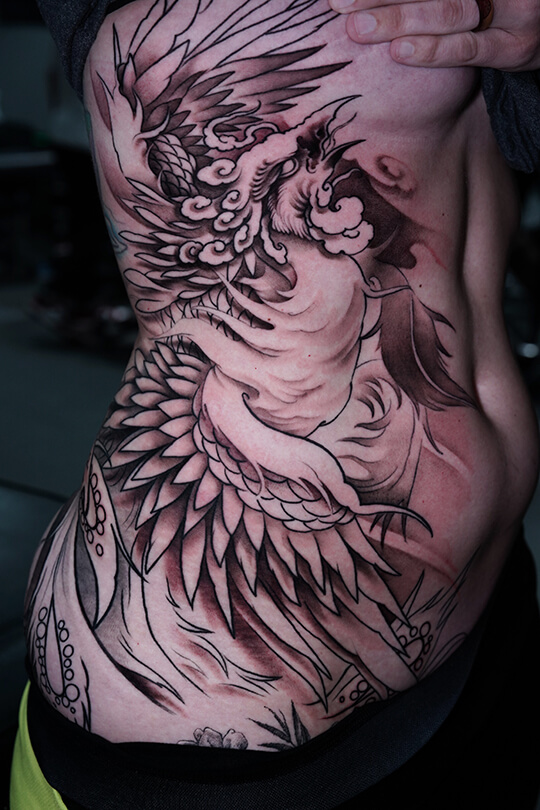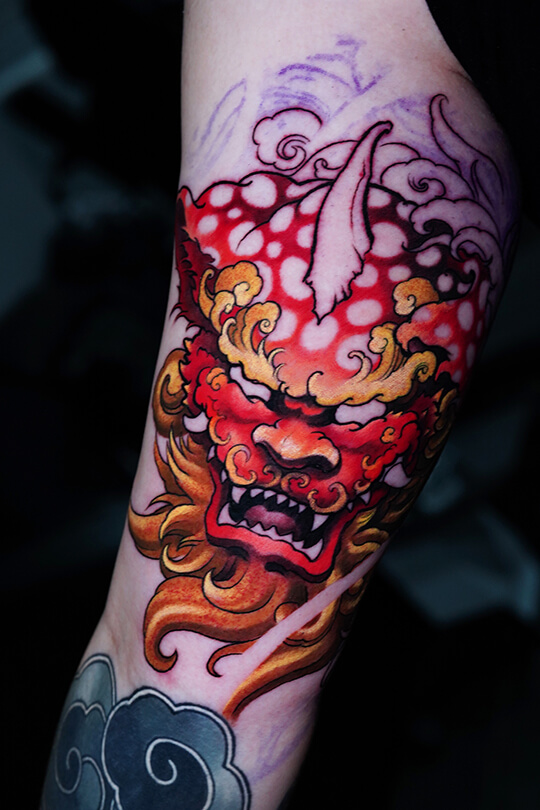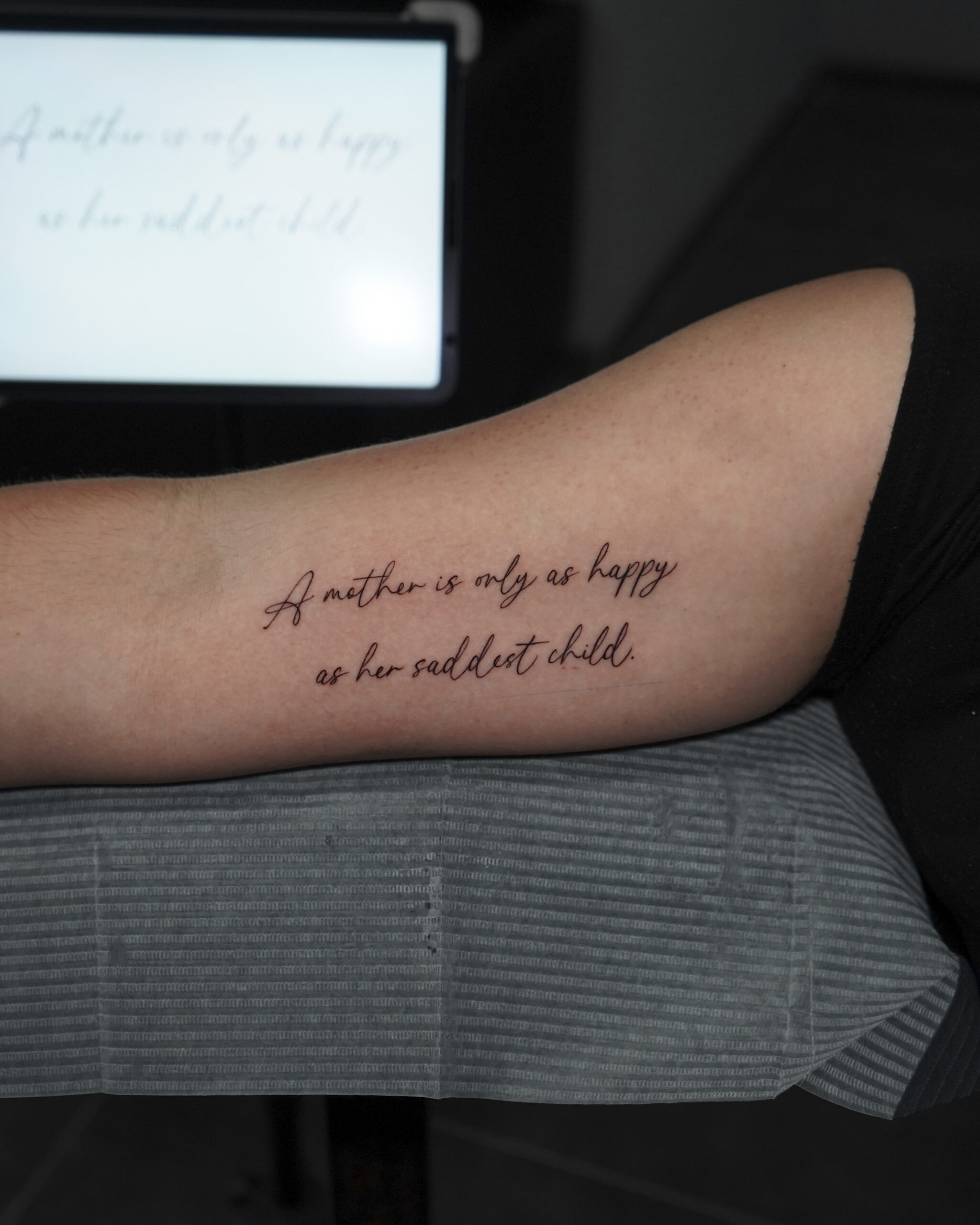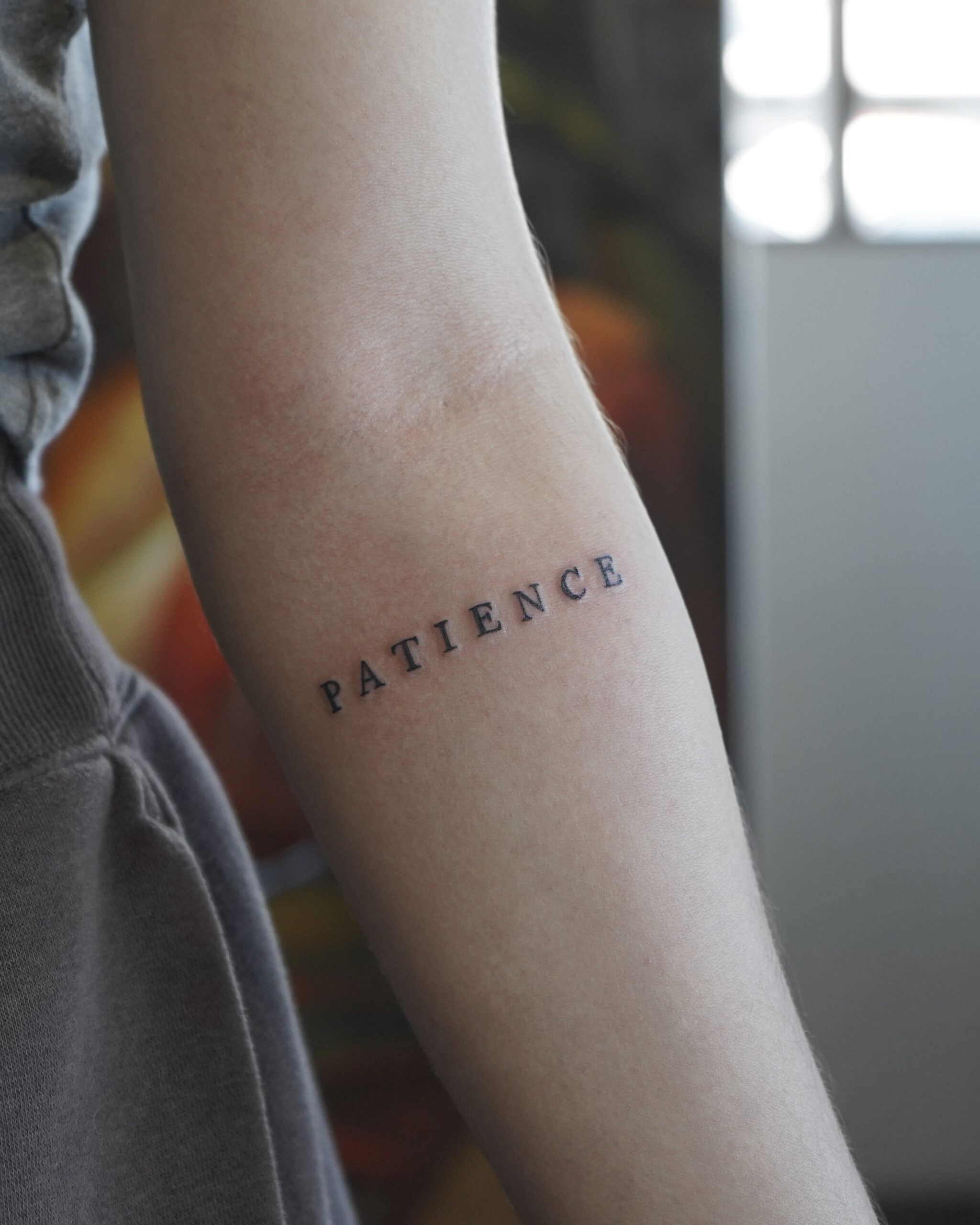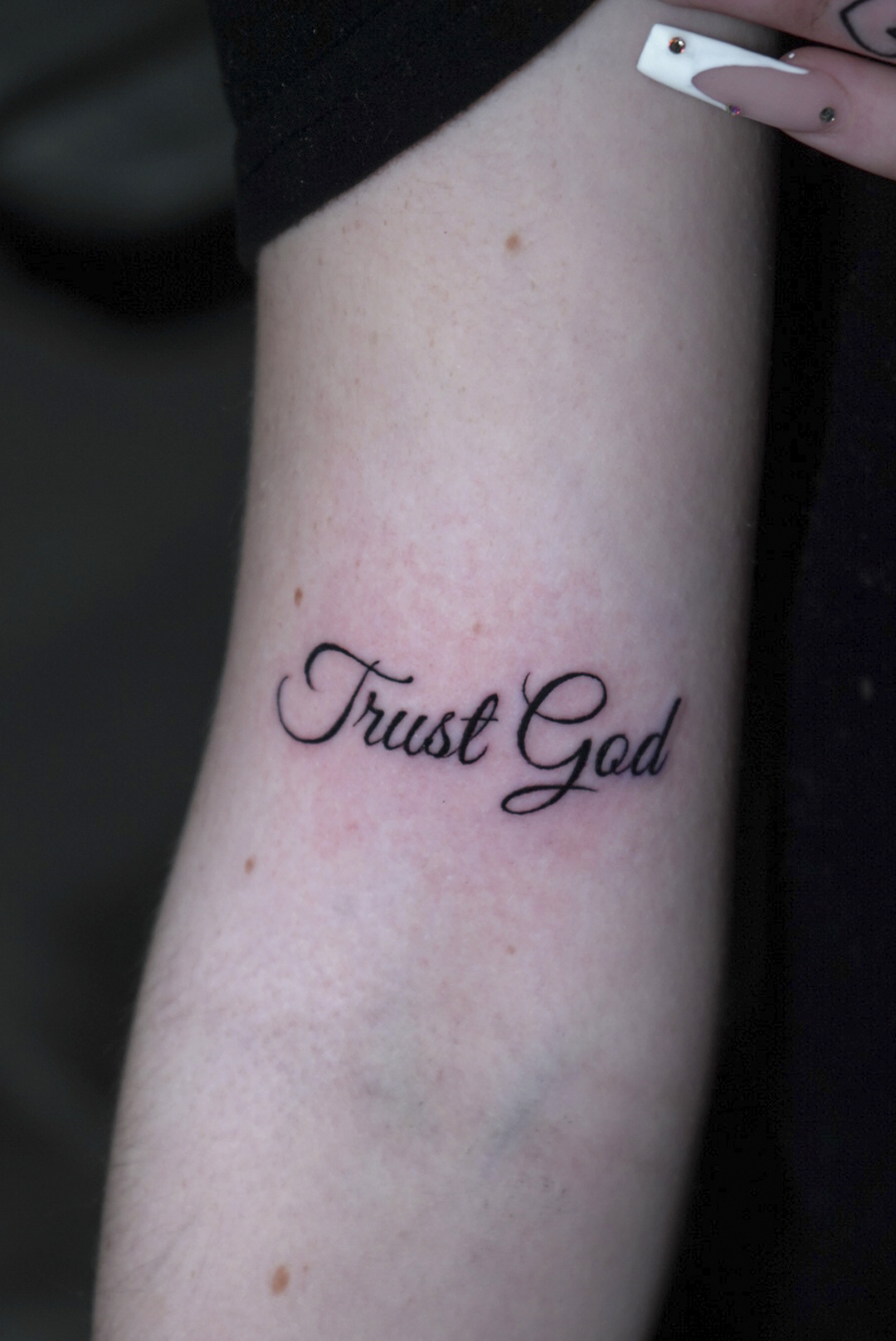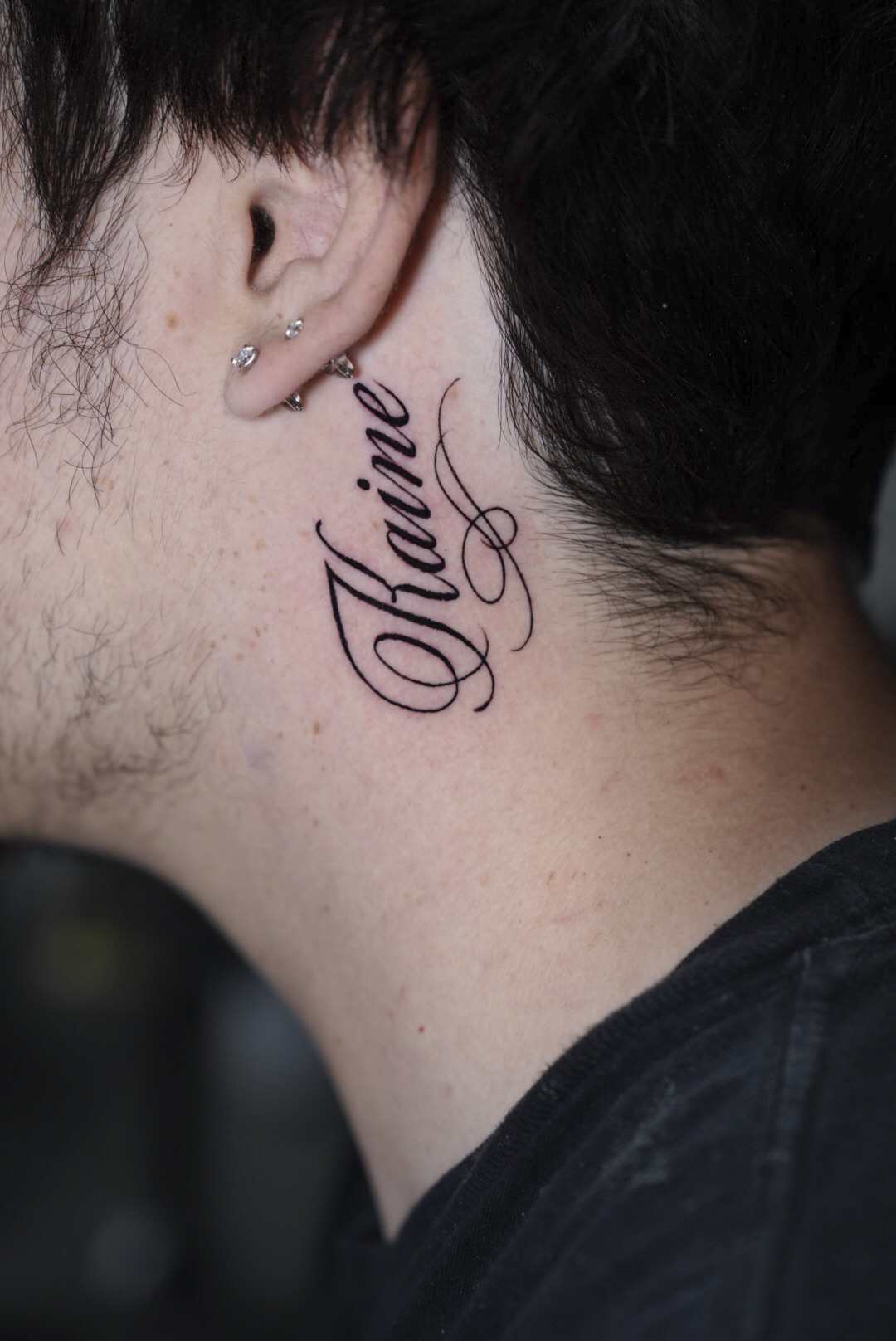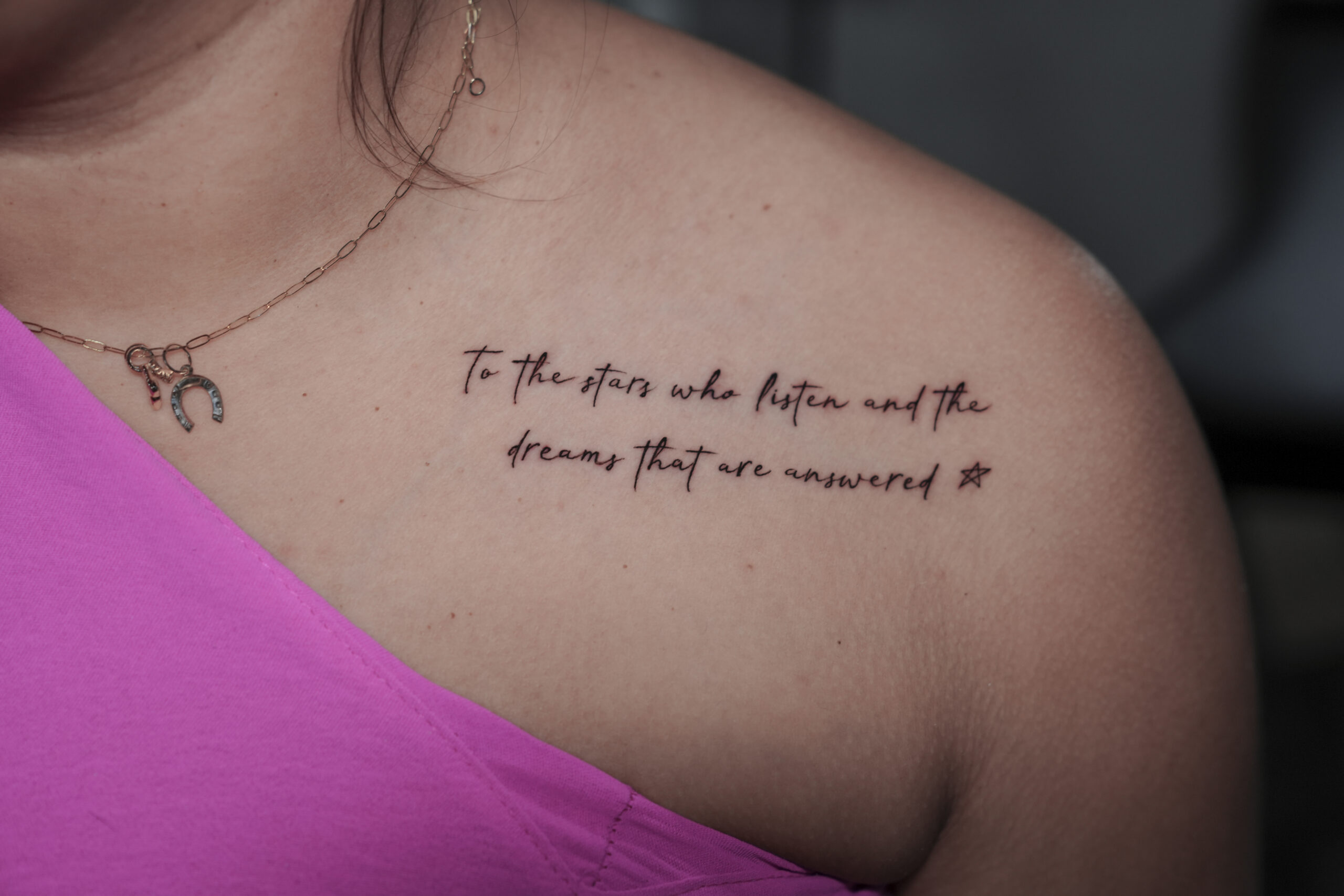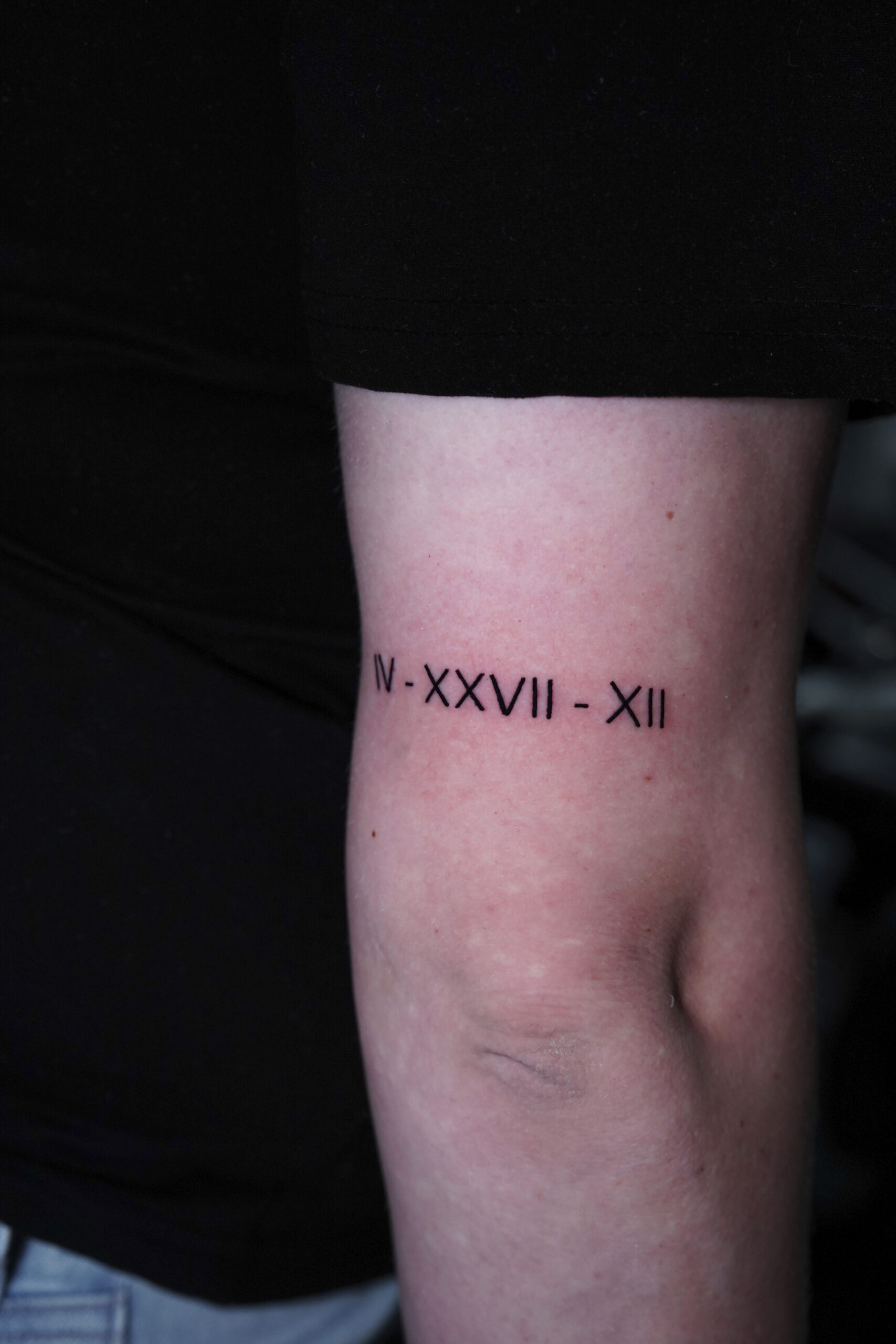Getting an oral piercing is an exciting way to express your individuality; however, it also comes with a responsibility: proper aftercare. Unlike ear or nose piercings, oral piercings involve unique challenges because they’re located inside the mouth, a warm, moist environment where bacteria thrive. That means healing requires extra attention, especially during the first few weeks.
Understanding how to care for your new piercing is the key to avoiding infection and long-term complications. In this blog, we will walk you through everything you need to know about aftercare instructions and the healing process of oral piercings. If you want your oral piercing to heal properly and look great, this is the place to start.
What Is Normal after Getting Oral Piercing?
After getting an oral piercing, your body initiates a natural healing response that often includes some expected symptoms. Therefore, you need to know what is normal during this period to reduce unnecessary concern and allow for the timely identification of potential complications.
The average healing time for oral piercings typically ranges from two to four months, though some individuals may heal in as little as one month. In cases of delayed healing or adverse reactions, recovery may extend up to six months or longer. Healing rates can vary depending on the piercing location, individual health, and adherence to aftercare guidelines.
Expected symptoms during the first 3 to 5 days:
- Swelling around the pierced area (commonly the tongue, lip, or cheek)
- Light bleeding, especially within the first 24 to 48 hours
- Bruising or mild discoloration near the site
- Tenderness or localized discomfort when speaking or eating
- Clear fluid discharge (serous fluid) that may dry and form a light crust on the jewelry.
These early signs are part of the physiological inflammatory response and usually subside with proper care. However, longer persistence, like fever or thick yellow discharge, will need medical evaluation immediately.
Cleaning Instructions for Oral Piercings
Proper cleaning is crucial to promote healing and prevent infection. Because oral piercings involve both internal (inside the mouth) and sometimes external (lip or cheek skin) areas, care must address both.
Internal Cleaning:
- Always wash your hands thoroughly before touching or cleaning the piercing to avoid introducing bacteria.
- Maintain good oral hygiene by brushing your teeth and flossing at least twice a day. Use a soft-bristled toothbrush to avoid irritating the piercing.
- Gently brush the jewelry itself with a clean toothbrush regularly to prevent plaque buildup.
- Rinse your mouth thoroughly with bottled or filtered water after every meal, drink (except water), or smoking session to remove food particles and reduce bacterial buildup.
- Use an alcohol-free antimicrobial mouth rinse or a homemade saline rinse (1/4 teaspoon non-iodized salt in 1 cup warm water) up to 4–5 times a day. Avoid overuse, as excessive rinsing can irritate healing tissue.
External Cleaning:
- If your oral piercing passes through the lip or cheek, clean the skin around the jewelry twice daily.
- Use a clean cotton swab or gauze soaked in saline to gently wipe around the external piercing site.
- Avoid harsh chemicals such as alcohol, hydrogen peroxide, or iodine on the skin, as they can damage tissue and delay healing.
- Wash your hands before touching or cleaning the external area.
- Do not scrub or twist the jewelry during cleaning to avoid irritation or injury.
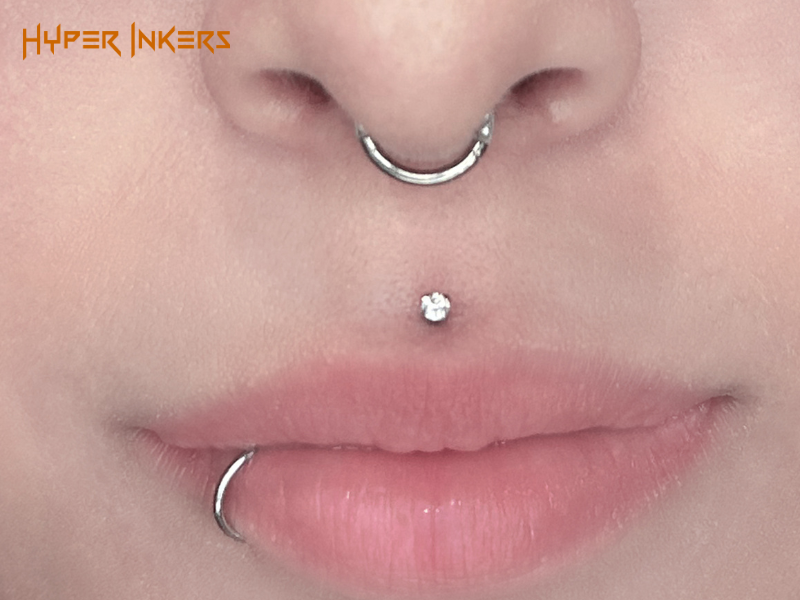
Oral Piercing Tips
Successfully healing an oral piercing involves adopting a series of mindful habits that protect your piercing from irritation and infection while supporting the natural healing process of your body. This part will outline some tips to help you care for the piercing effectively.
Things to Do After Getting Oral Piercing
- Maintain Excellent Oral Hygiene: Brush your teeth gently twice a day with a soft-bristled toothbrush, floss daily, and rinse your mouth as recommended to minimize bacteria and plaque buildup.
- Rinse After Eating, Drinking, or Smoking: Use a saline solution or alcohol-free antimicrobial mouthwash to clean your mouth thoroughly after meals and smoking to prevent debris accumulation around the piercing.
- Stay Hydrated: Drinking plenty of water flushes toxins and helps keep tissues hydrated, supporting healing.
- Avoid Irritating Foods and Drinks for Two Weeks: Refrain from consuming spicy, salty, acidic, or very hot foods and beverages, as these can aggravate the piercing and prolong healing. There are no strict prohibitions on specific foods, but it’s best to listen to your body and avoid anything that causes discomfort.
- Sleep with Your Head Elevated: Elevating your head while sleeping in the first few days reduces overnight swelling and discomfort.
- Manage Swelling with Cold Compresses: Apply ice packs or suck on ice chips (avoiding direct contact with the piercing) to soothe inflammation.
- Replace Initial Jewelry After the initial swelling phase The original longer post or barbell used to accommodate swelling should be replaced with a shorter piece to prevent damage to teeth and gums. This change is typically necessary during healing and should always be performed by a qualified piercer. If this instruction was not provided at your piercing appointment, consult your piercer promptly.
- Regularly Check Jewelry for Security: With clean hands or disposable paper products, inspect threaded ends of your jewelry to ensure they are tight. For threadless jewelry, check for any gaps between the post and the top; if gaps exist, gently press the jewelry ends together to close them.
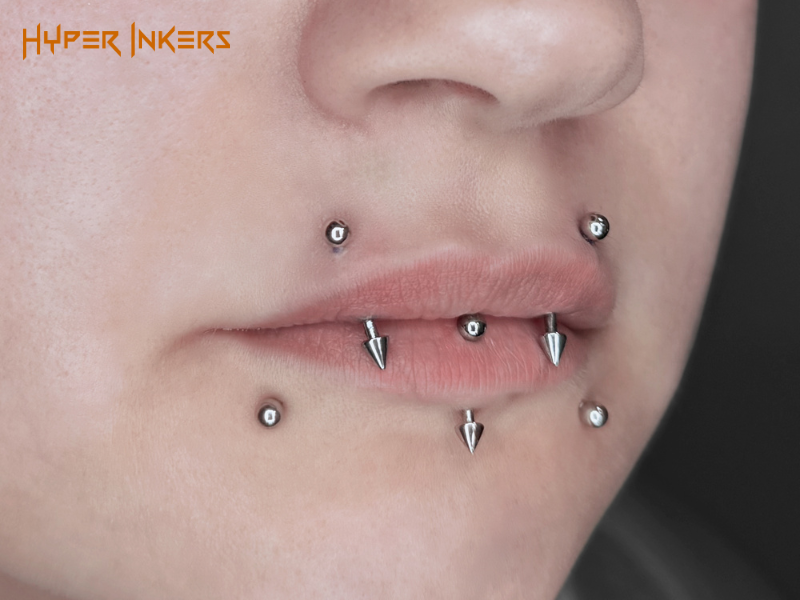
What To Avoid after Getting Oral Piercing
- Avoid using for at least seven days after the piercing if you experience heavy bleeding, as they can exacerbate bleeding risks.
- Avoid repeated clicking, tapping, or rubbing of jewelry against teeth because it can cause cracks or fractures.
- Avoid smoking, vaping, or any form of tobacco, which significantly increases the risk of infection and slows the healing process.
- Avoid sharing cups, plates, eating utensils, or any items that come into contact with your mouth to prevent cross-contamination.
- Avoid swimming or soaking in pools, lakes, hot tubs, or other public water bodies, which may harbor bacteria and increase infection risk.
- Avoid Oral Sexual Contact during the entire healing period to prevent bacterial transmission and infection.
Contact Us for Aftercare Support
At Hyper Inkers, we care about your oral piercing long after you leave our studio. If you have any questions about your healing process or need personalized advice on aftercare, please don’t hesitate to reach out to us:
Phone: (210) 997-9737
Email: hyperinkers1@gmail.com
Address: 8045 Callaghan Rd, San Antonio, TX 78230
Our experienced piercers are here to provide guidance tailored to your piercing and individual healing needs. We’re committed to helping your piercing heal safely and comfortably, so you can enjoy it for years to come.
FAQs
How long does it take for an oral piercing to heal?
Oral piercings generally require between 3 to 6 weeks to fully heal, though healing times can vary based on the individual’s healing ability and the piercing’s location. For instance, tongue piercings often heal within 2 to 4 weeks, lip piercings may take around 3 to 6 weeks, while cheek piercings tend to take longer, sometimes requiring 2 to 3 months for complete healing.
Can I use regular mouthwash during oral piercing healing?
It is not recommended to use regular mouthwash containing alcohol during the healing of an oral piercing. Alcohol-based mouthwashes can irritate and dry out the sensitive tissue around the piercing, potentially slowing down the healing process. Instead, opt for an alcohol-free, antimicrobial mouth rinse or a gentle saline solution to keep the area clean. without causing irritation.
Can I smoke or drink alcohol while my oral piercing is healing?
It’s best to avoid smoking and drinking alcohol while your oral piercing is healing. Both habits can irritate the piercing site, reduce blood flow, and slow down the healing process. Smoking introduces harmful chemicals and bacteria that increase the risk of infection, while alcohol can inflame the tissue and worsen swelling or bleeding.













